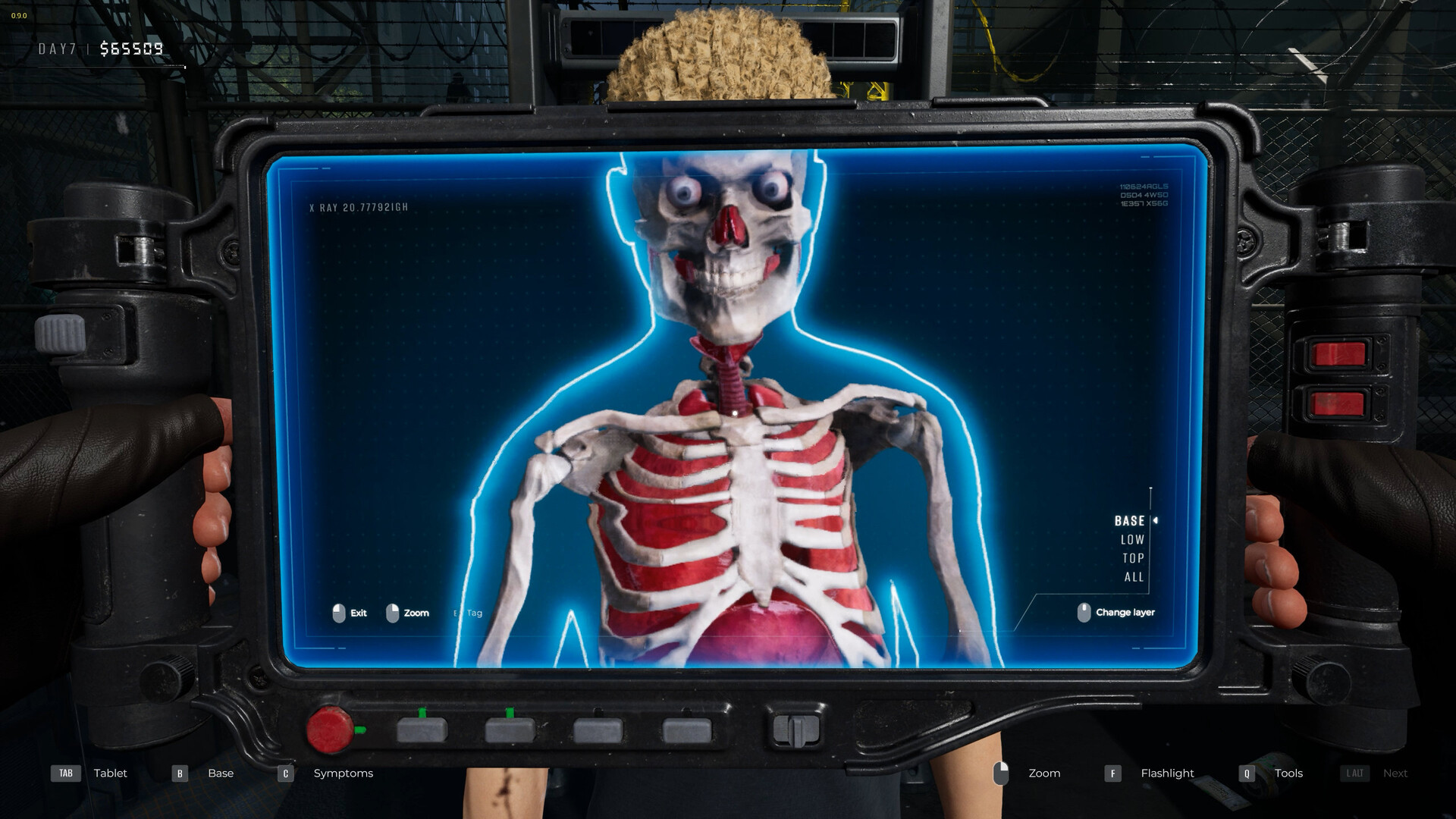The best gaming laptops we've reviewed in 2025 so far
These are the top 10 gaming laptops we've benchmarked and tested ourselves.
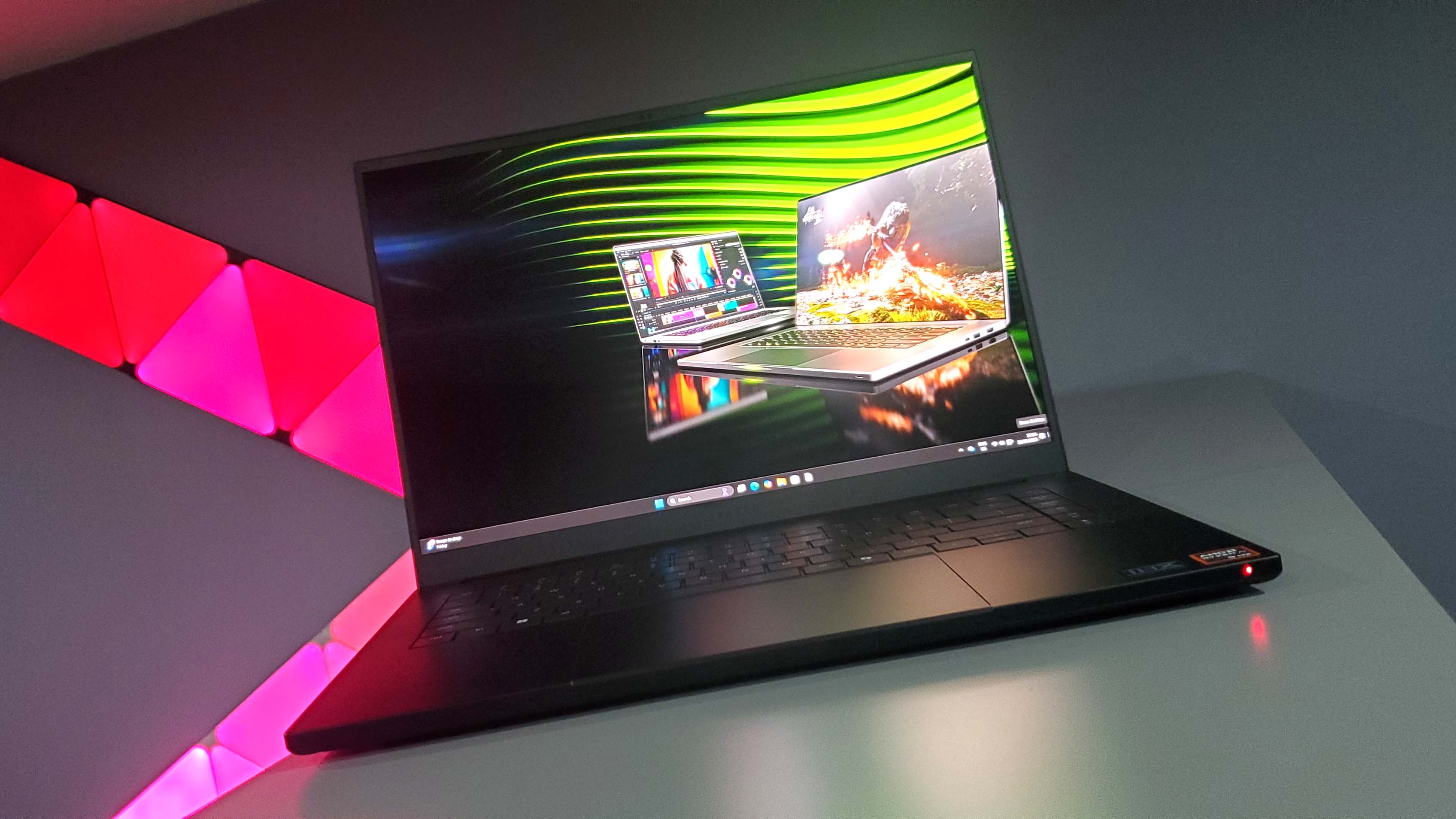
The best gaming laptop can mean different things to different people, but it's something we spend a lot of time thinking about and testing ourselves on PC Gamer. In fact, of all the hundreds of products we prod, poke, and benchmark throughout the year, gaming laptops make up around 10% of the total we test.
So, we know our silicon onions when it comes to mobile machines for making good with the gaming. Each and every gaming laptop that crosses our path gets put through the same rigorous process, where we test gaming and productivity performance with a curated set of benchmarks, and monitor power and thermals, too. And, because we test a ton of them, we can compare each against all the gaming laptops that have gone before.
In this list right here are all the highest-rated machines we've scored over 80% so far this year, with links to their full reviews, and all the benchmarking data you could wish for. And we'll keep adding them as they keep on making good ones.
We have individually and independently tested 48 of the best gaming laptops in the past two years.
Best gaming laptop deals today
- Amazon: All the gaming laptop deals at Amazon.
- Best Buy: Asus RTX 5070 Ti gaming laptop for $1,600
- Razer: Our best 14-inch gaming laptop pick for $2,100
- Lenovo: Up to $700 off Legion gaming laptops
- Newegg: Lenovo Legion 5 OLED RTX 5060 gaming laptop for $1,100
- Dell: Up to $500 off Alienware laptops
💻 RTX 5050 - Acer Nitro V 16 AI | $629 at Walmart
💻 RTX 5060 - Lenovo Legion 5 | $1,000 @ Walmart
💻 RTX 5070 - Gigabyte Gaming A16 | $1,180 @ Newegg
💻 RTX 5070 Ti - MSI Vector 16 HX | $1,299 @ Walmart
💻 RTX 5080 - MSI Vector 16 HX AI | $1,900 @ Best Buy
The laptop low-down
PC Gamer's got your back
Simply the best
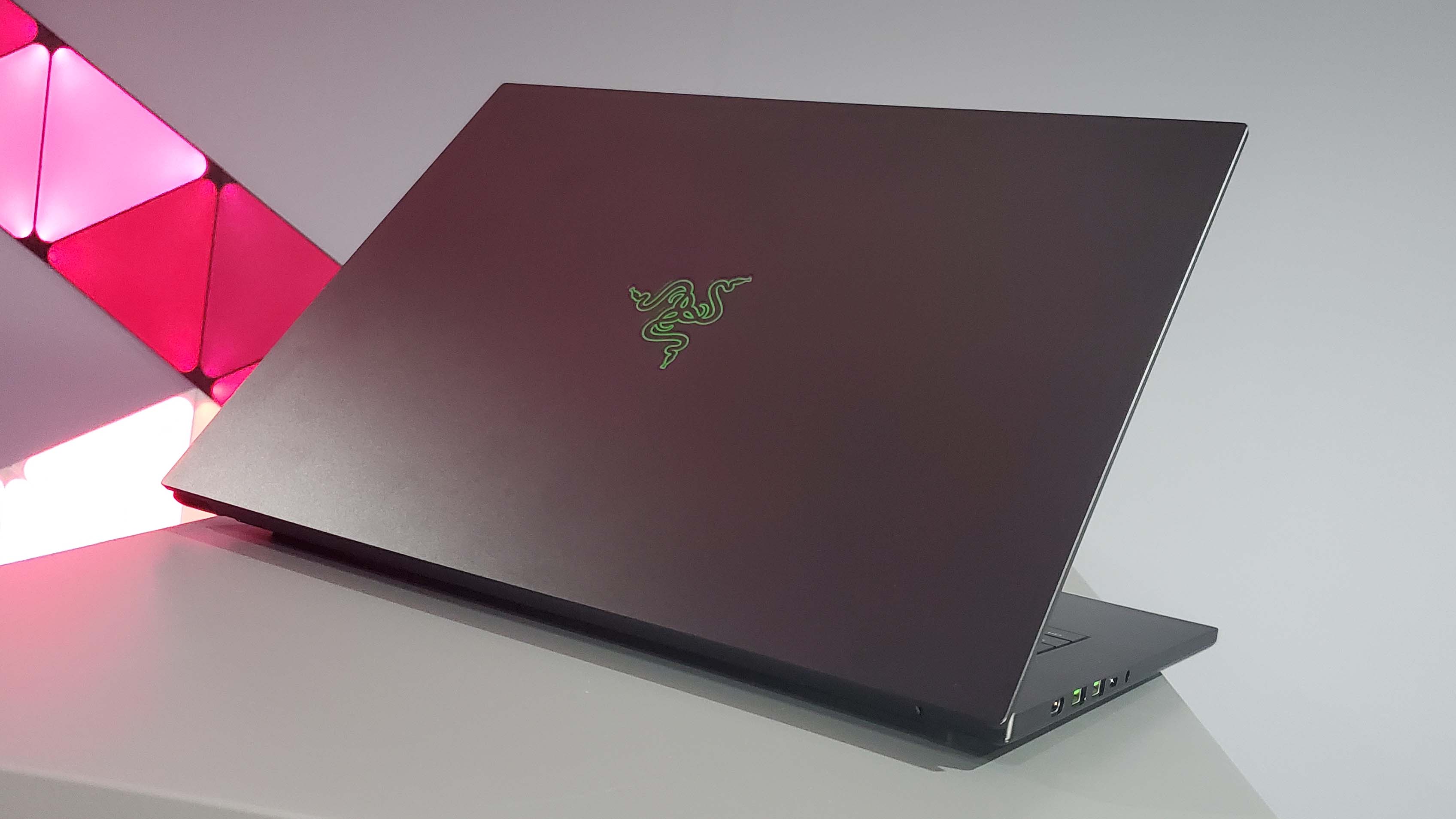
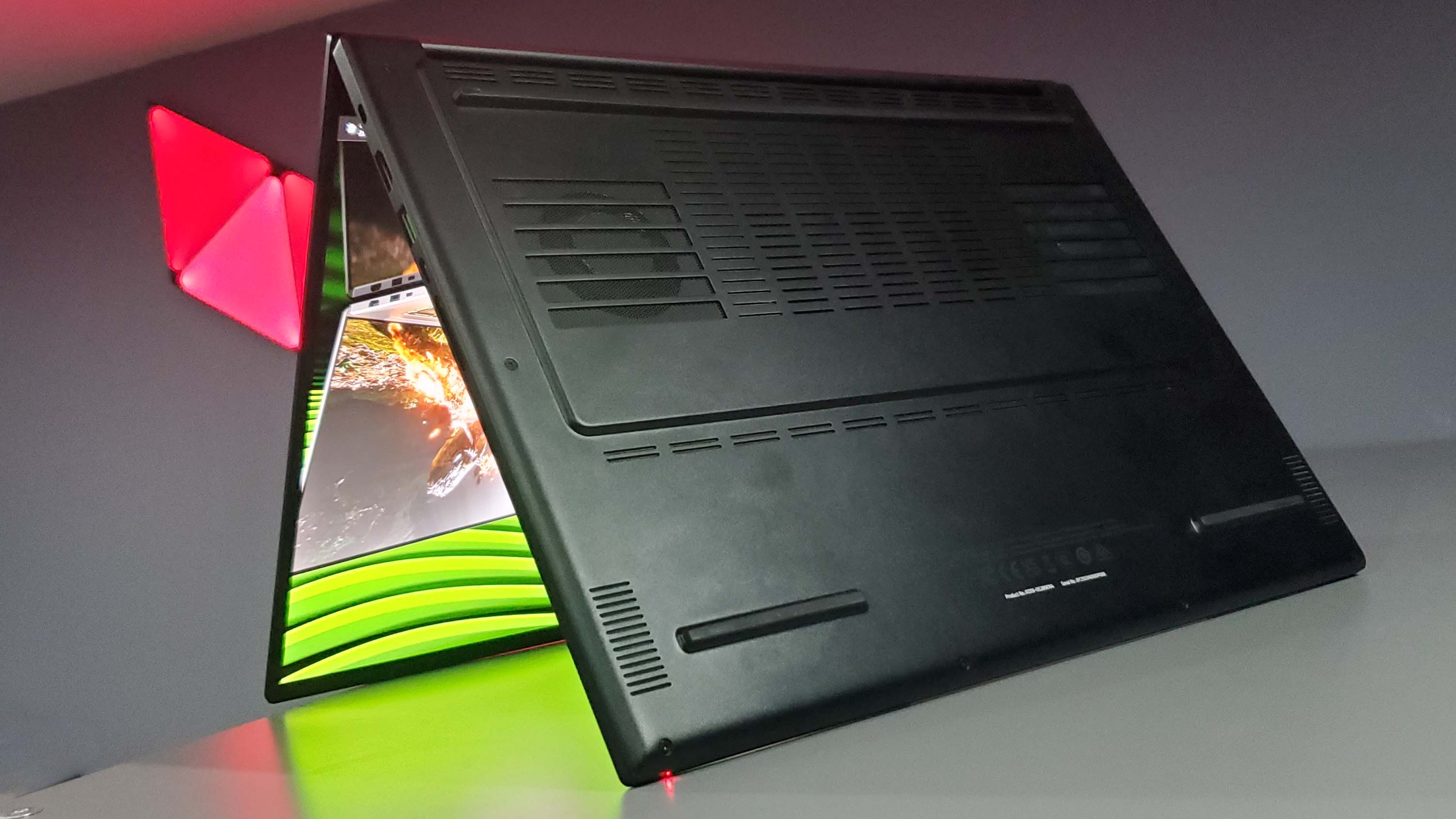
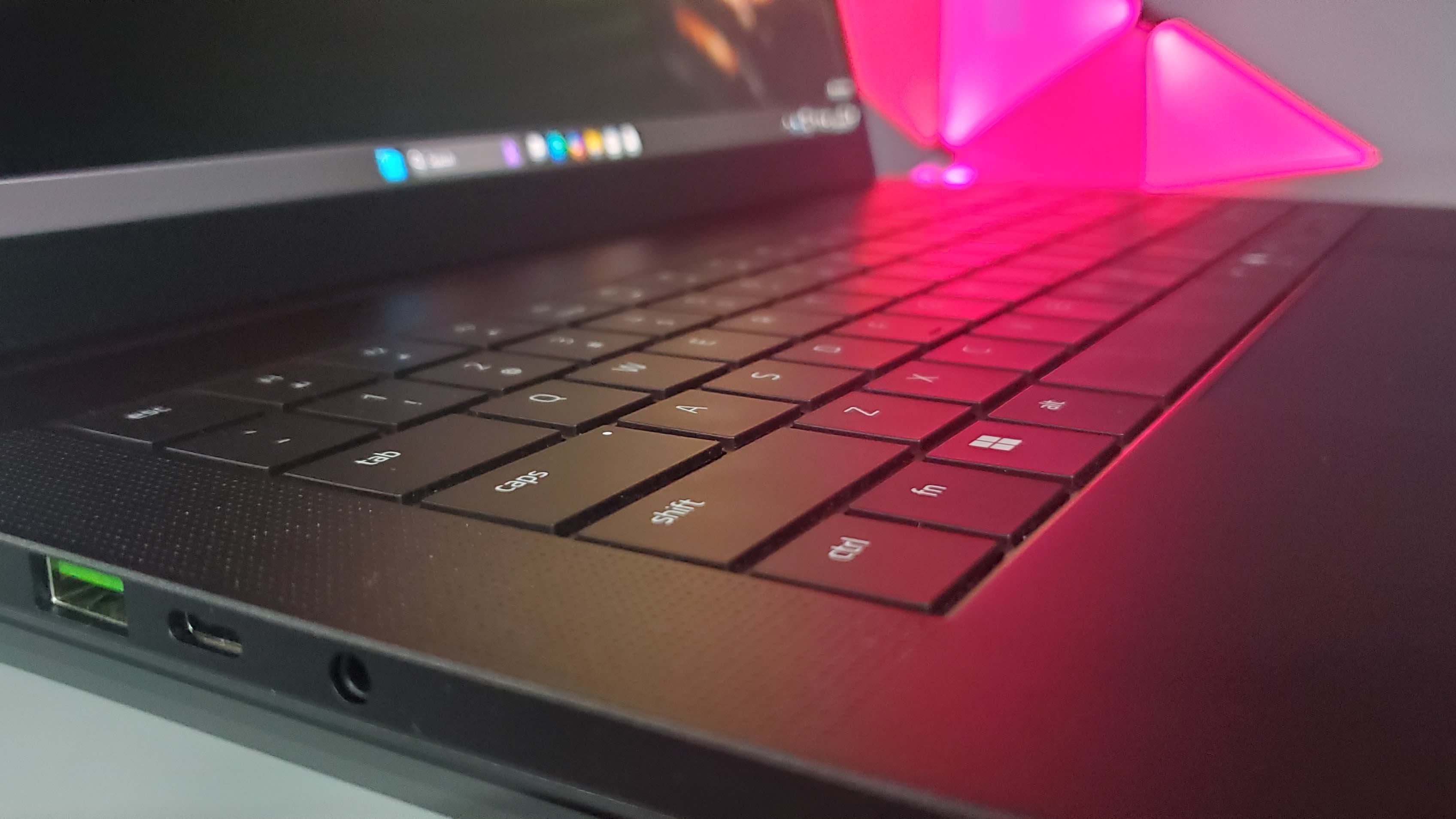
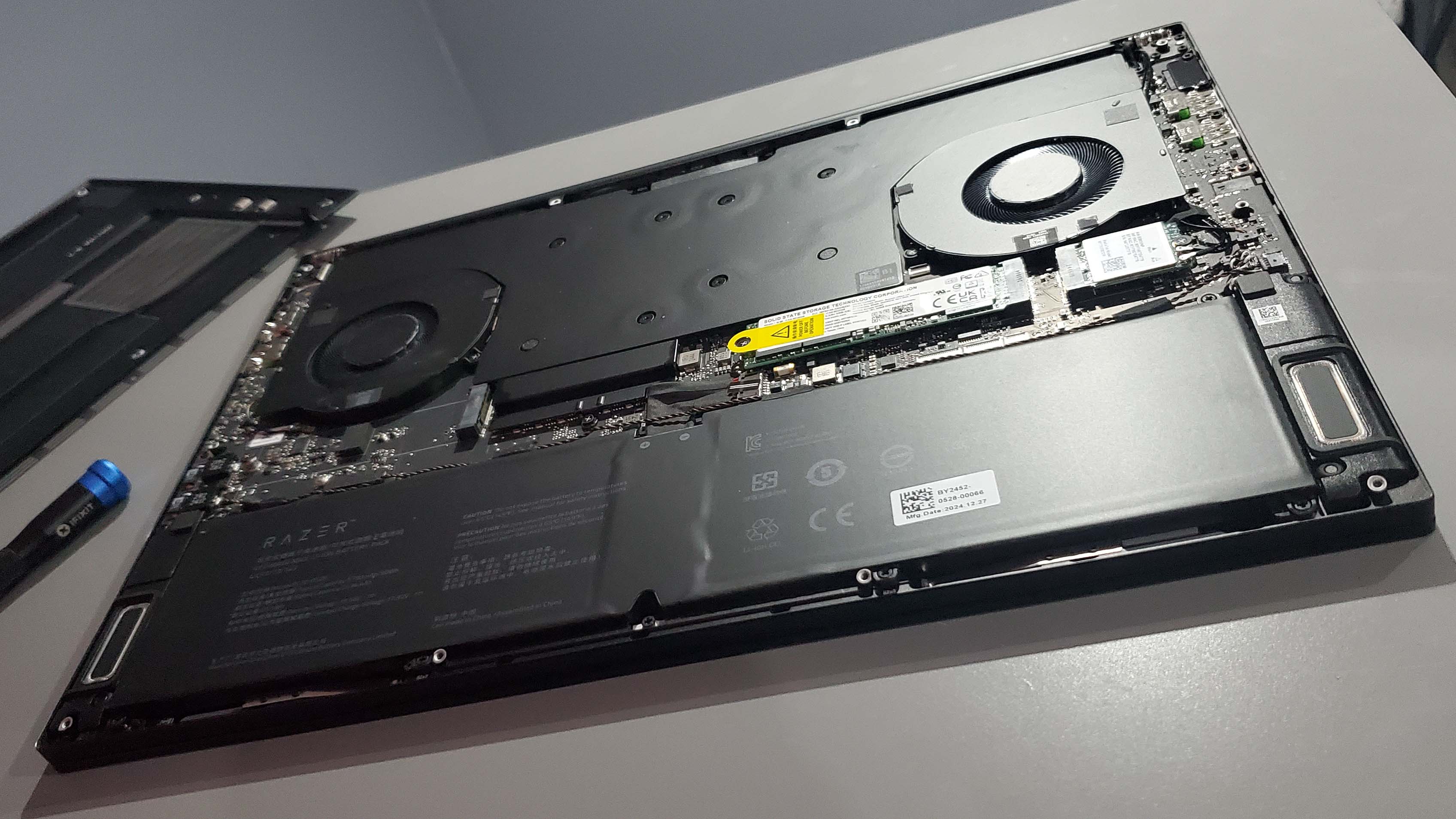
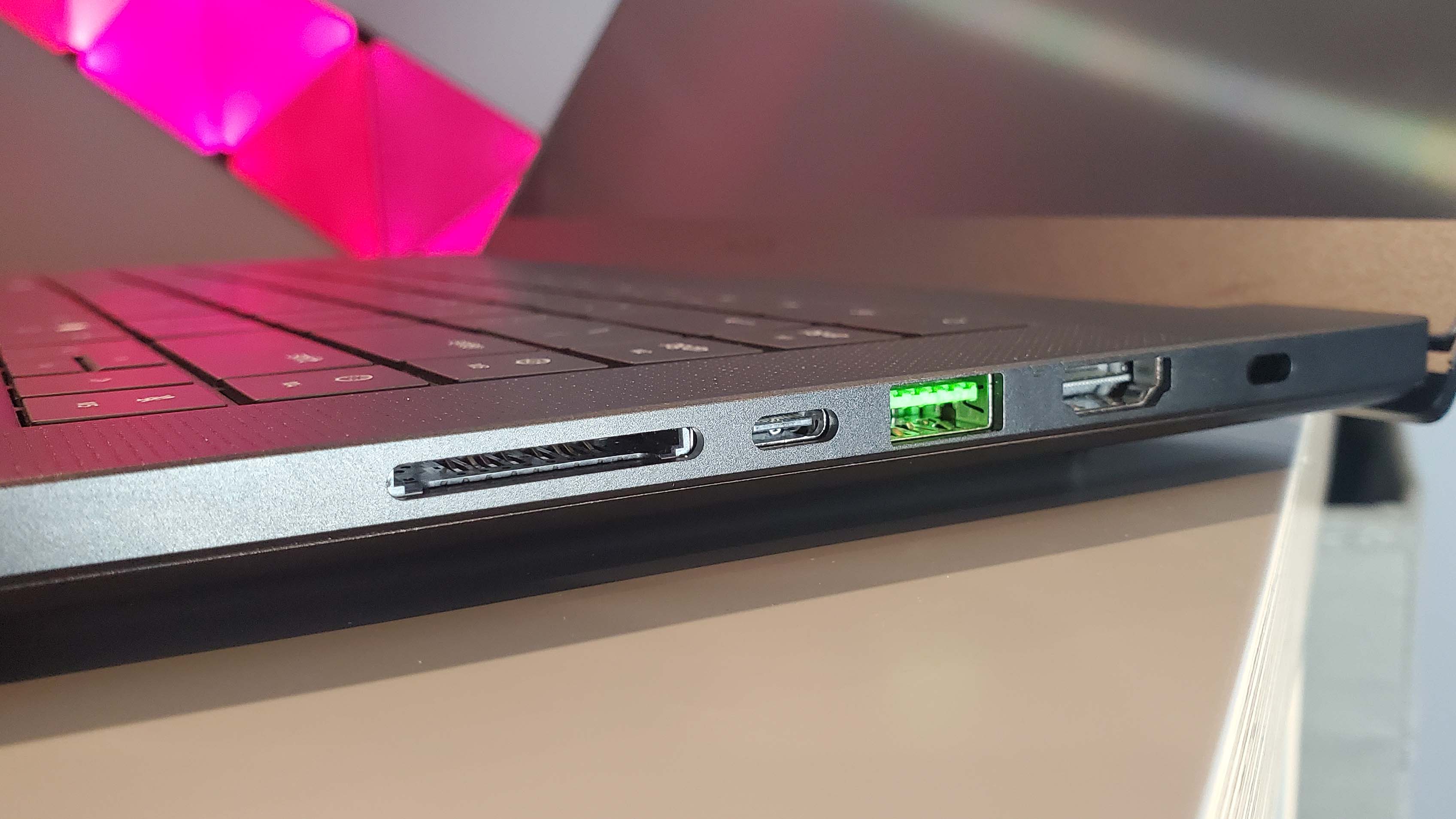
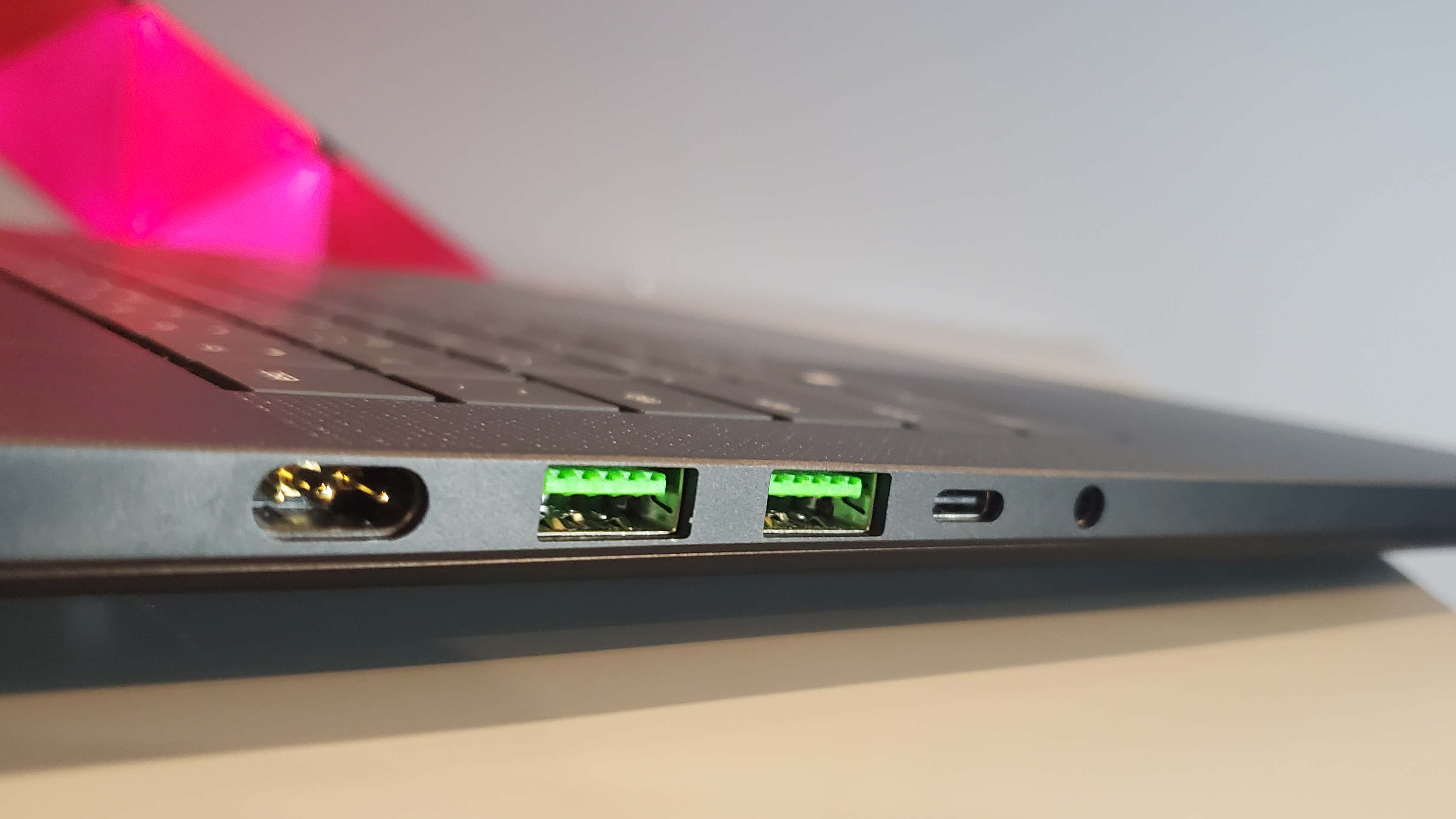
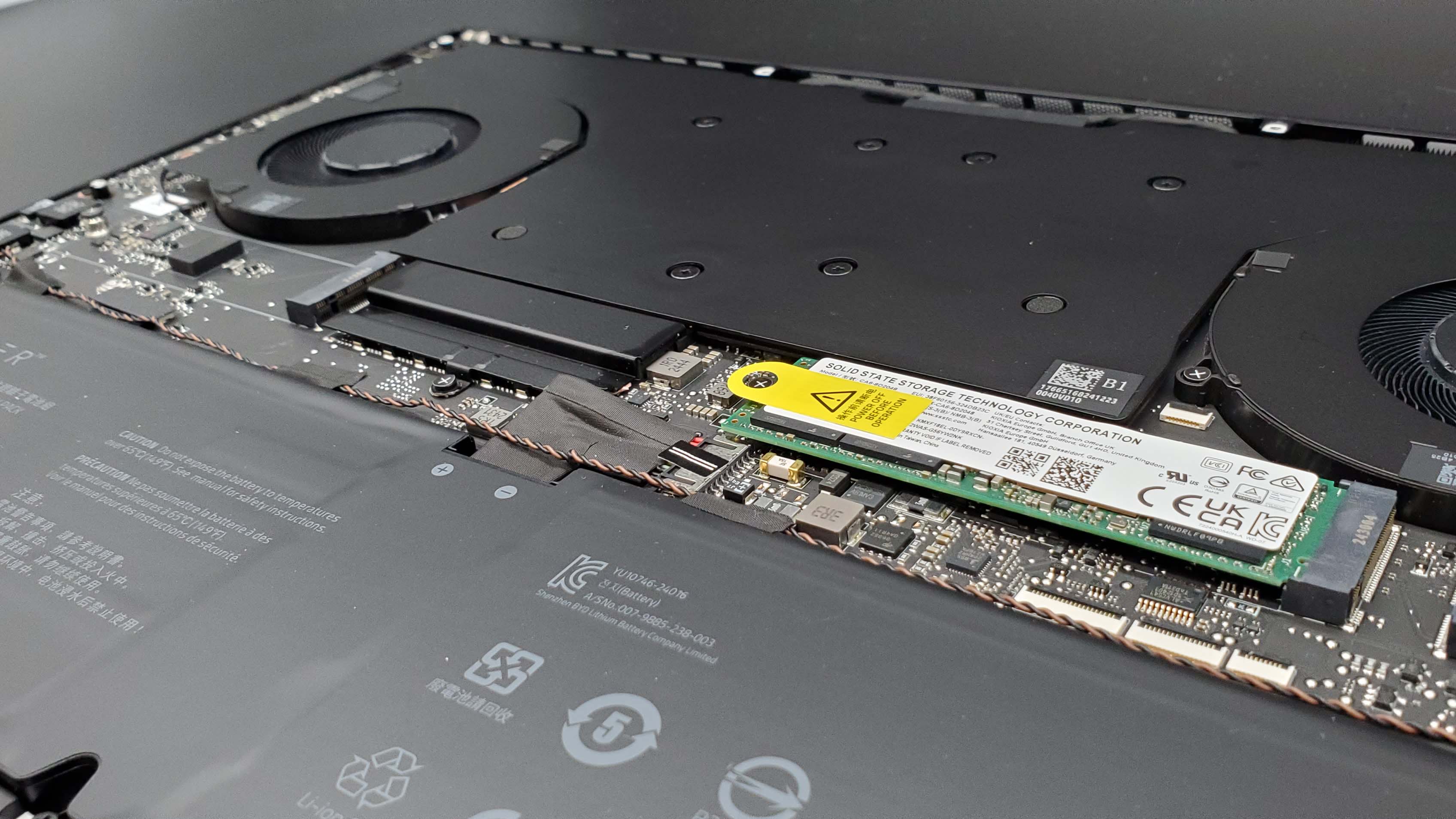
Specifications
Reasons to buy
Reasons to avoid
Dave's verdict: 90%
"This is the first gaming laptop that has been able to deliver the sort of all-round PC experience that would have me consider ditching both my work laptop and my desktop gaming PC. And that is saying something. The Blade 16 is a genuinely lovely device, that can deliver whether plugged into a wall socket or running on its battery."
Read our full Razer Blade 16 (2025) review.
A little surprise
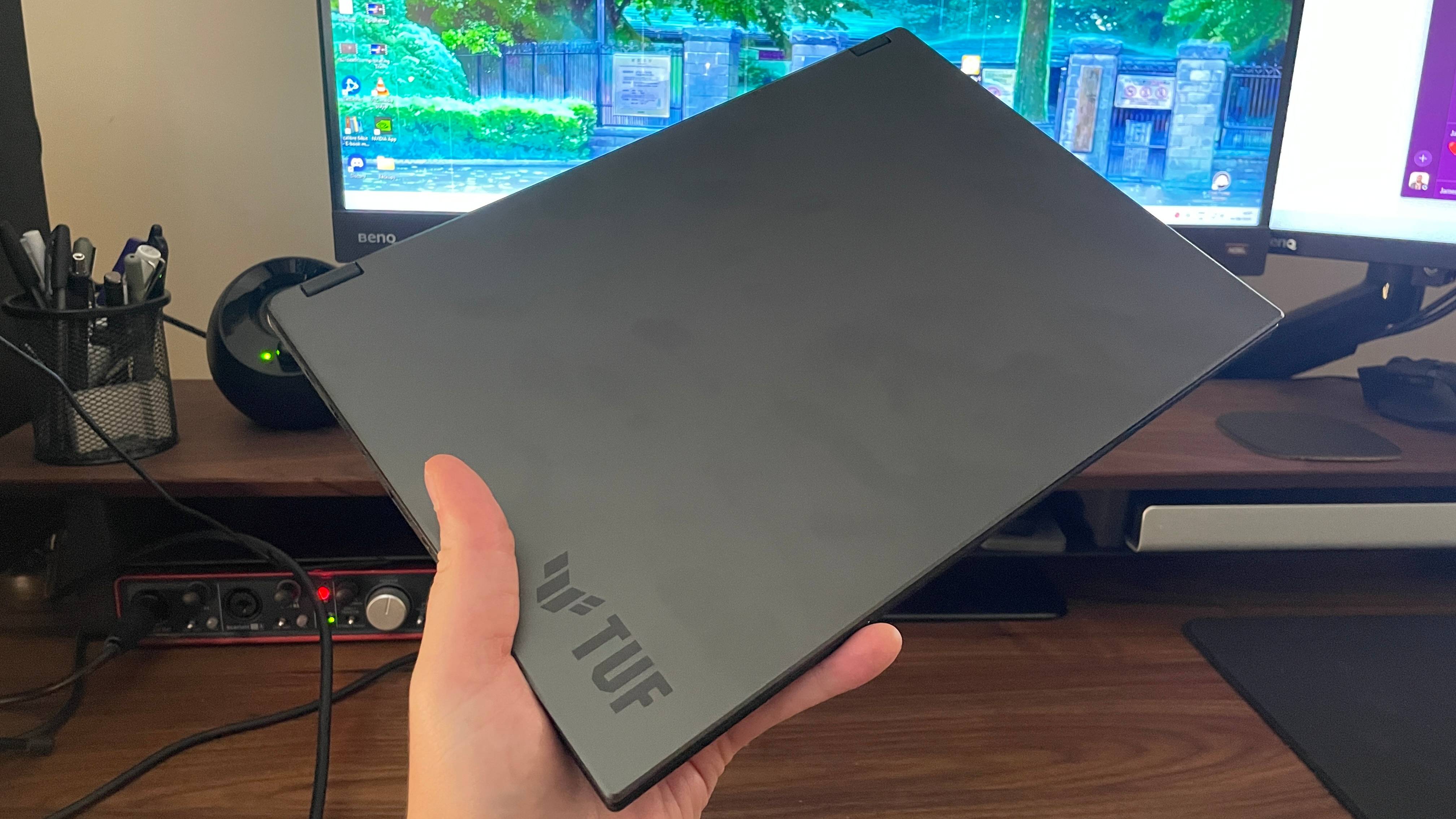
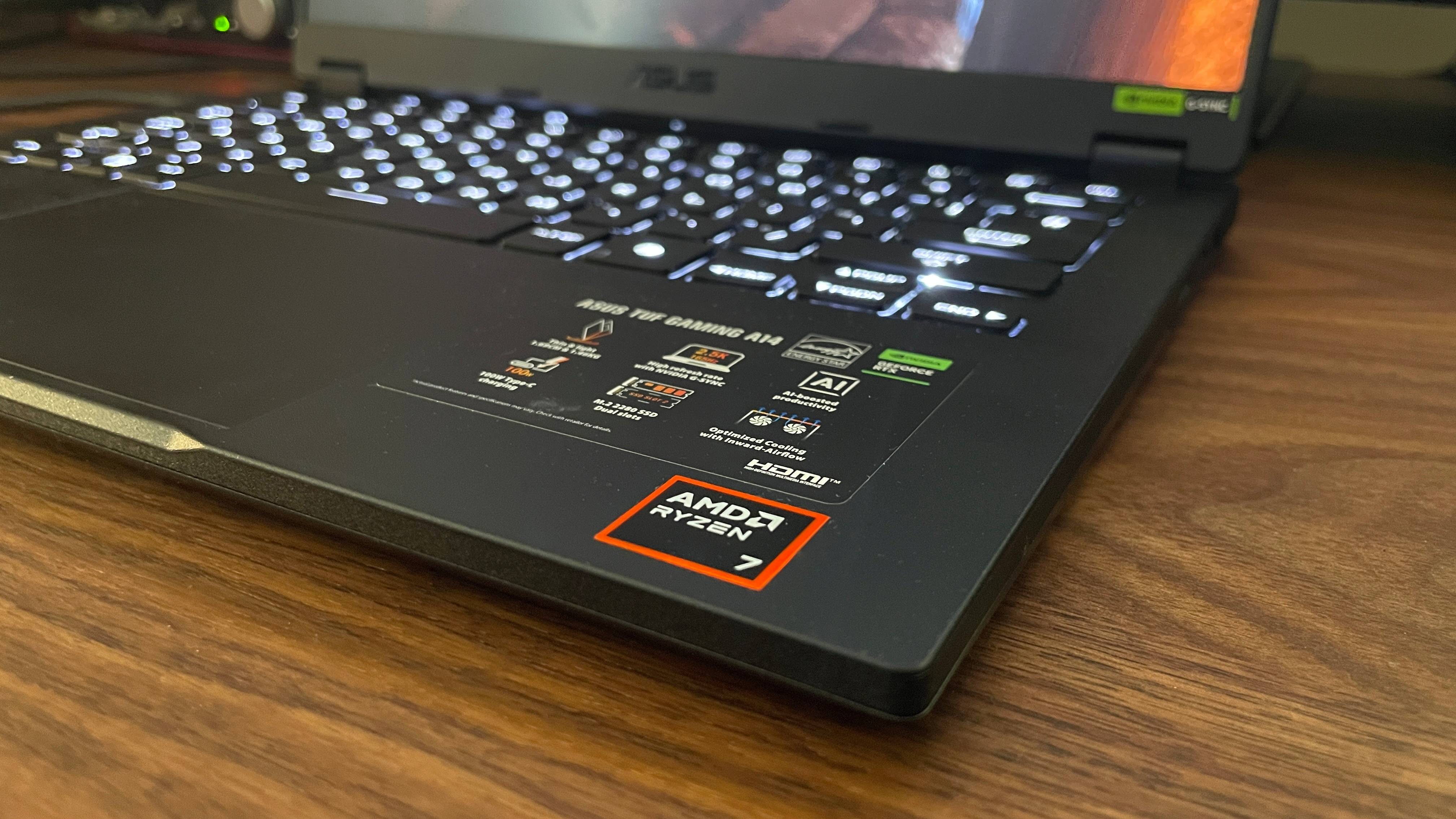
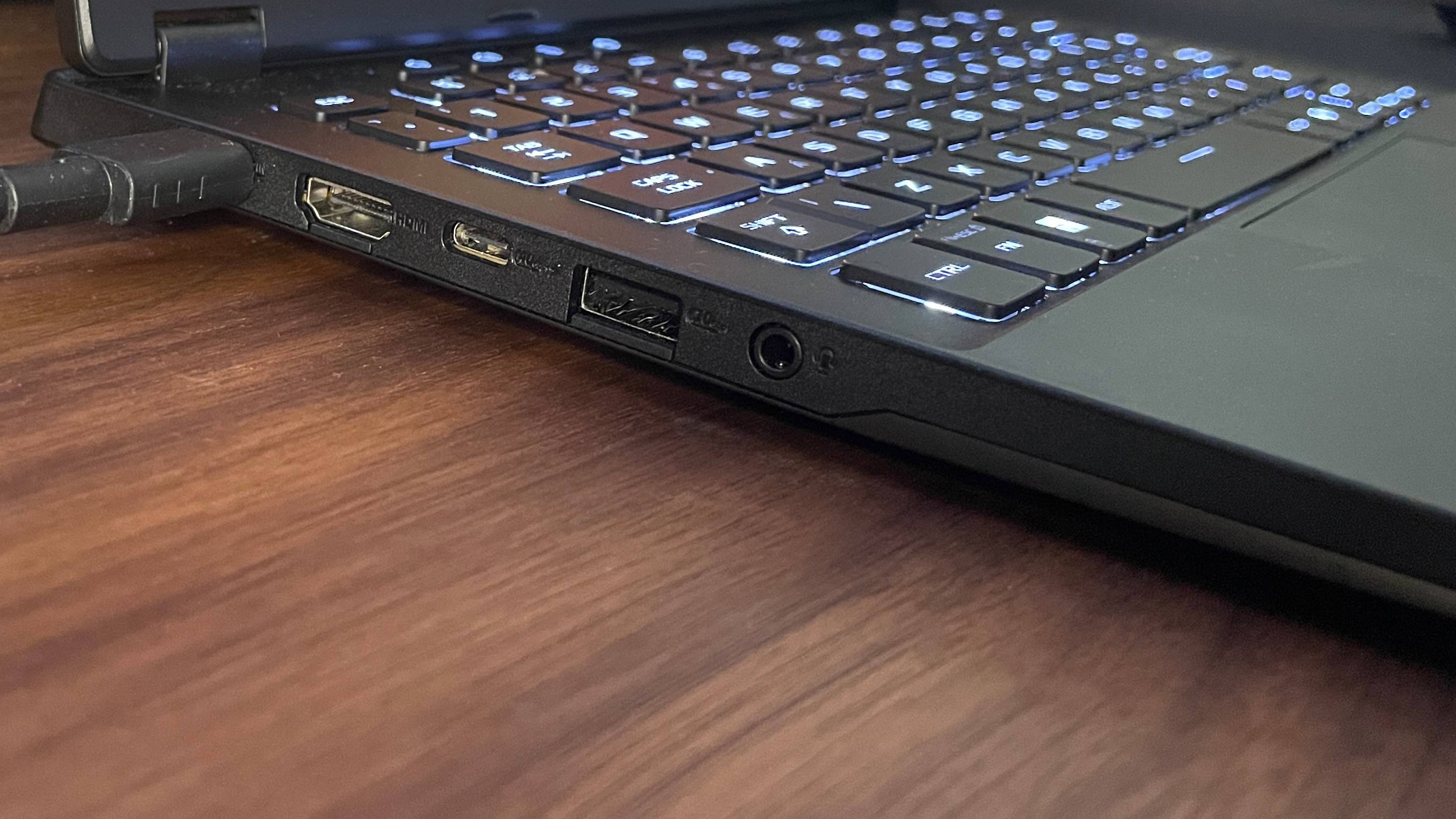
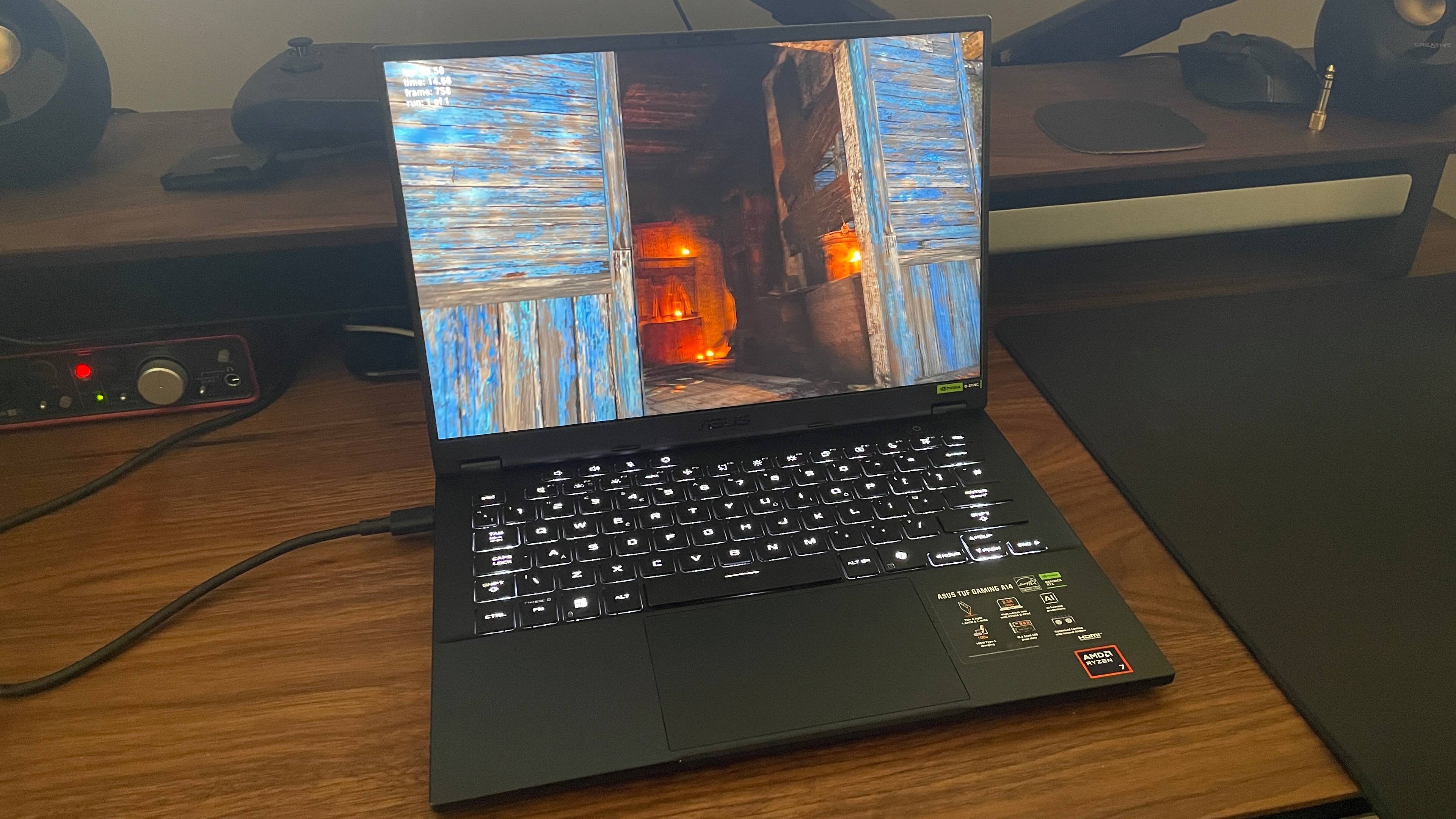
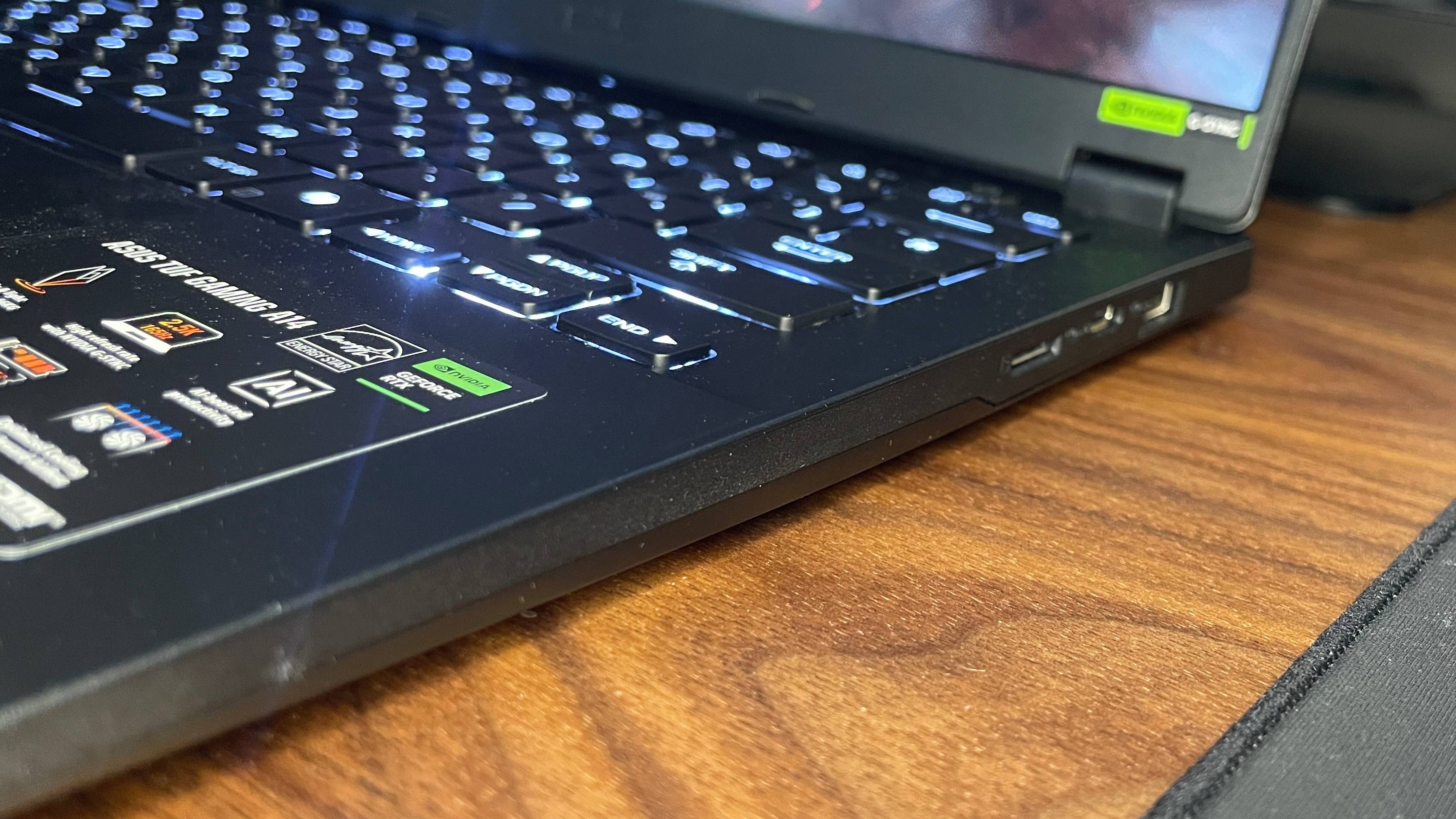
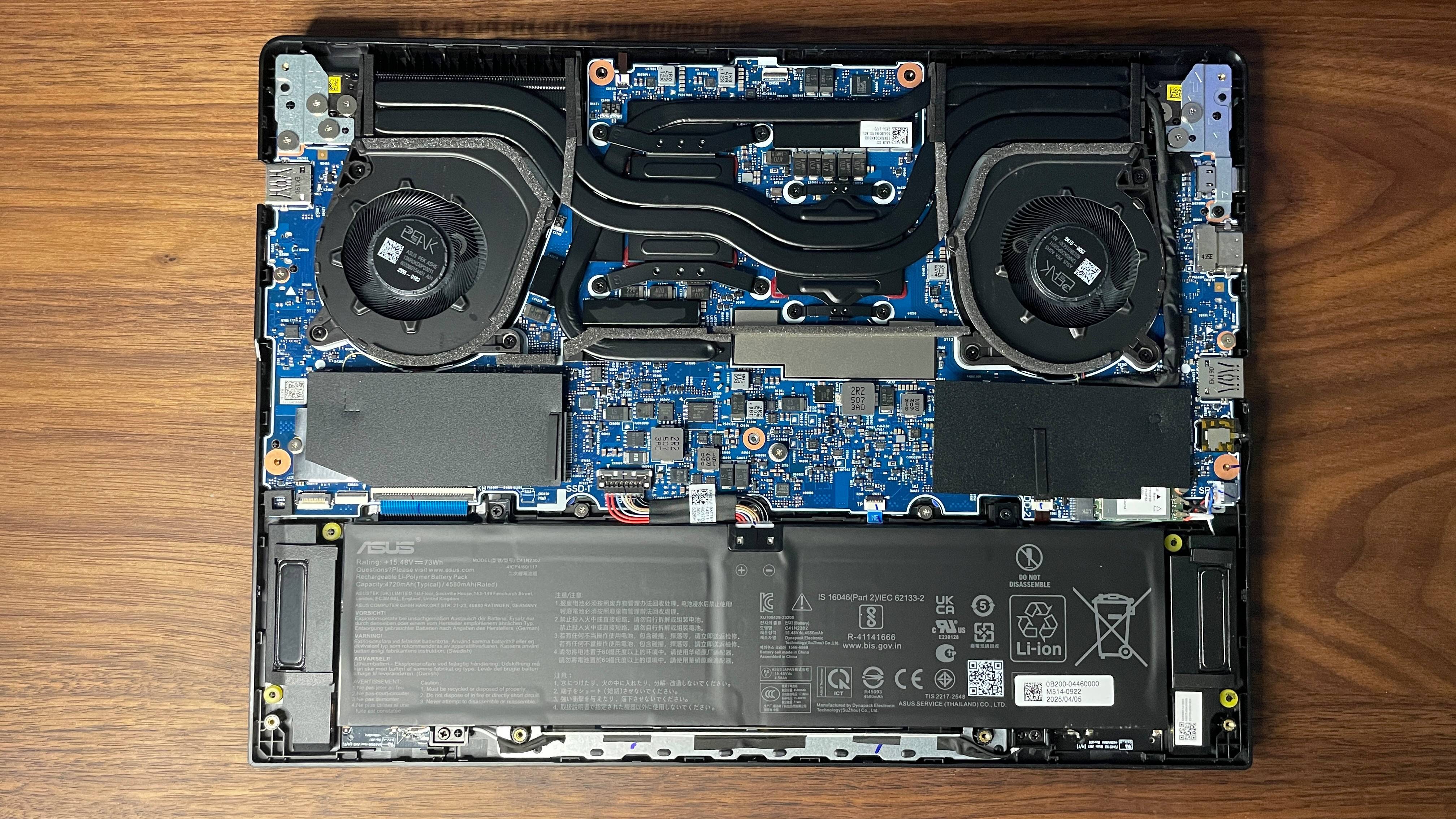
Specifications
Reasons to buy
Reasons to avoid
Jacob's verdict: 89%
"This gaming laptop is ideal for those who want to be able to take their laptop around with them and use it for more than just gaming. Its subtle design and form factor make it very portable, and its RTX 5060 GPU has surprisingly strong gaming chops, especially with frame gen enabled. You can probably get a little better performance for cheaper, but probably not in such a great form factor and premium chassis."
Read our full Asus TUF Gaming A14 review.
Fastest around

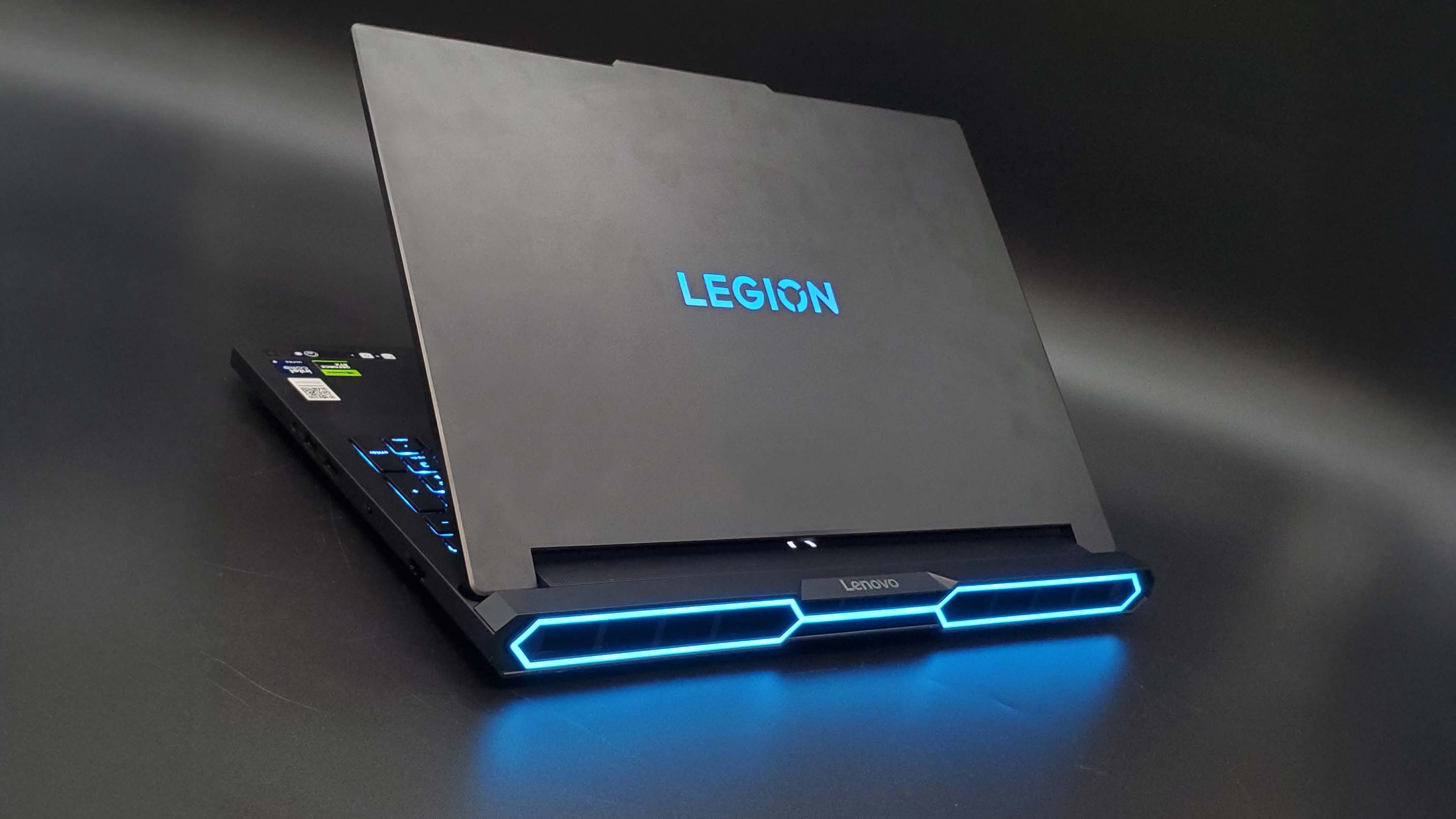
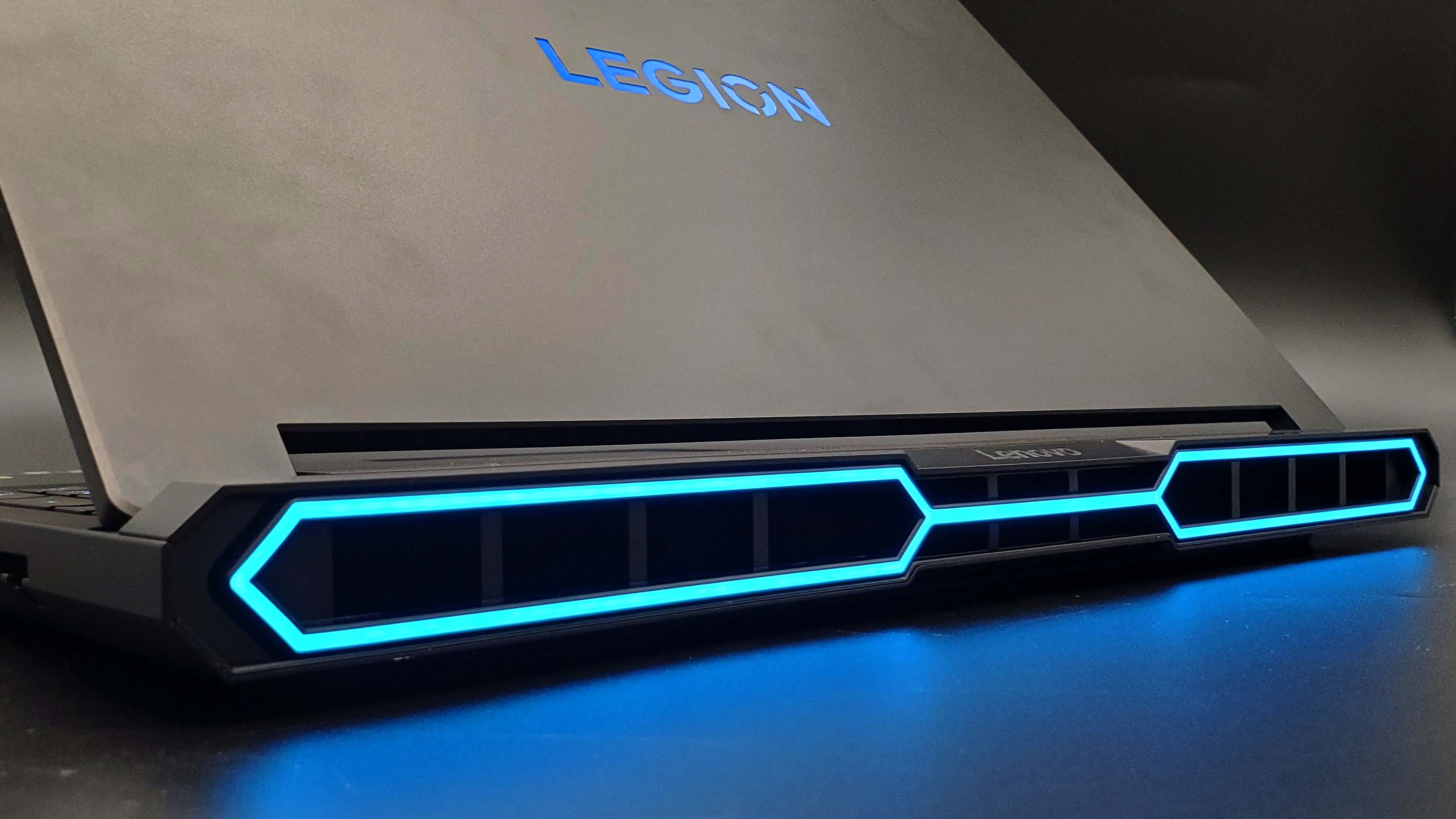
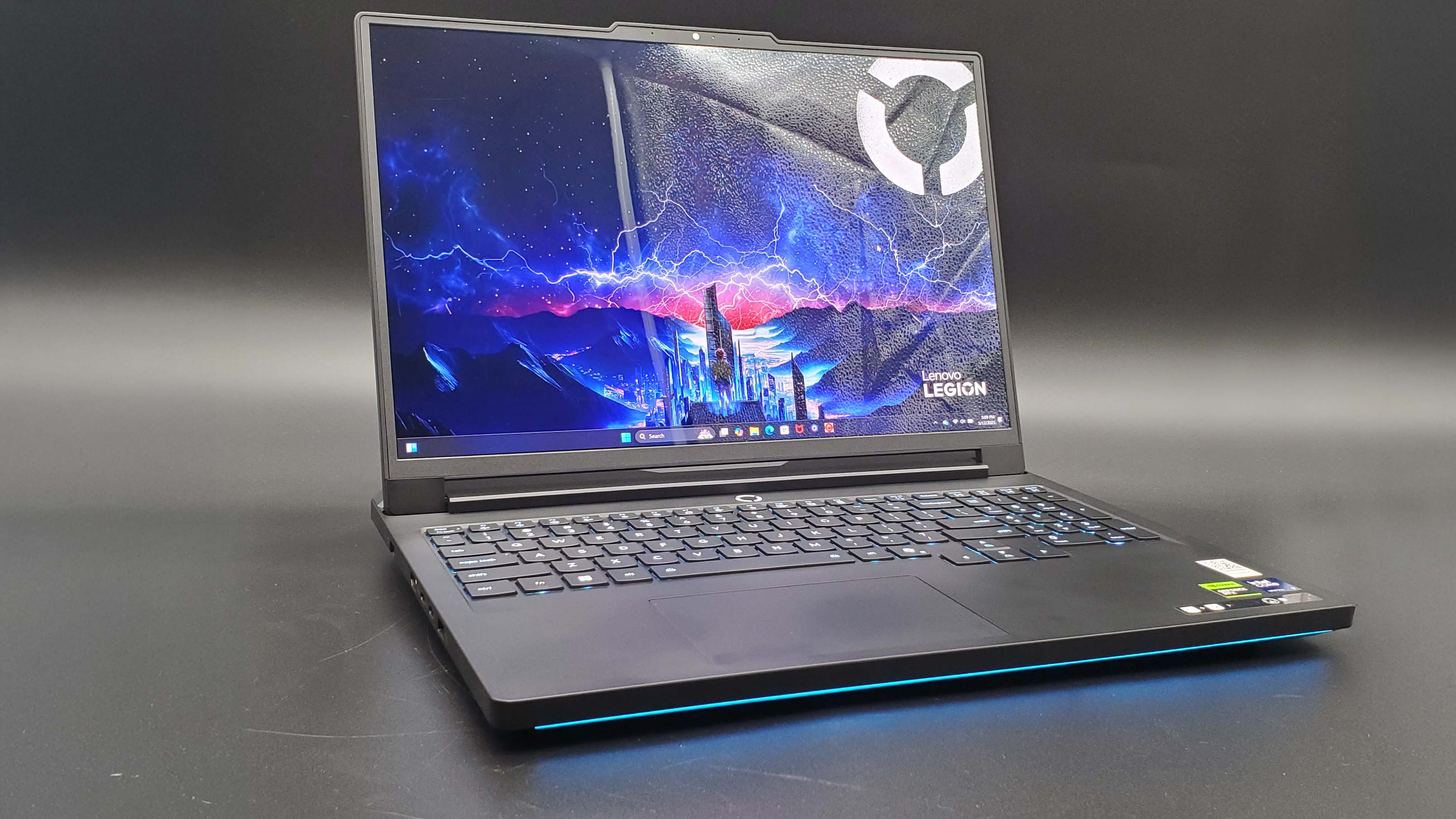
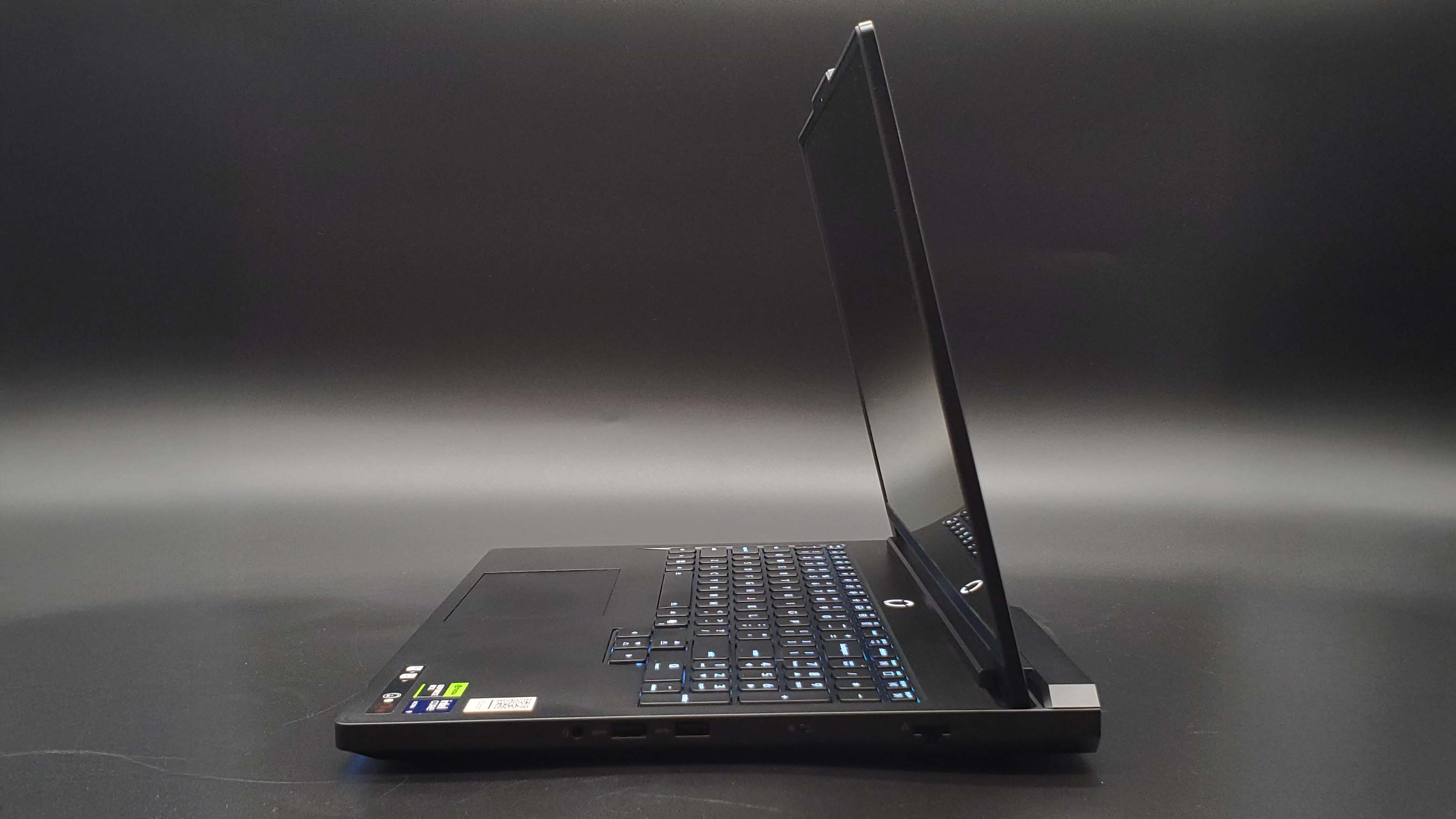
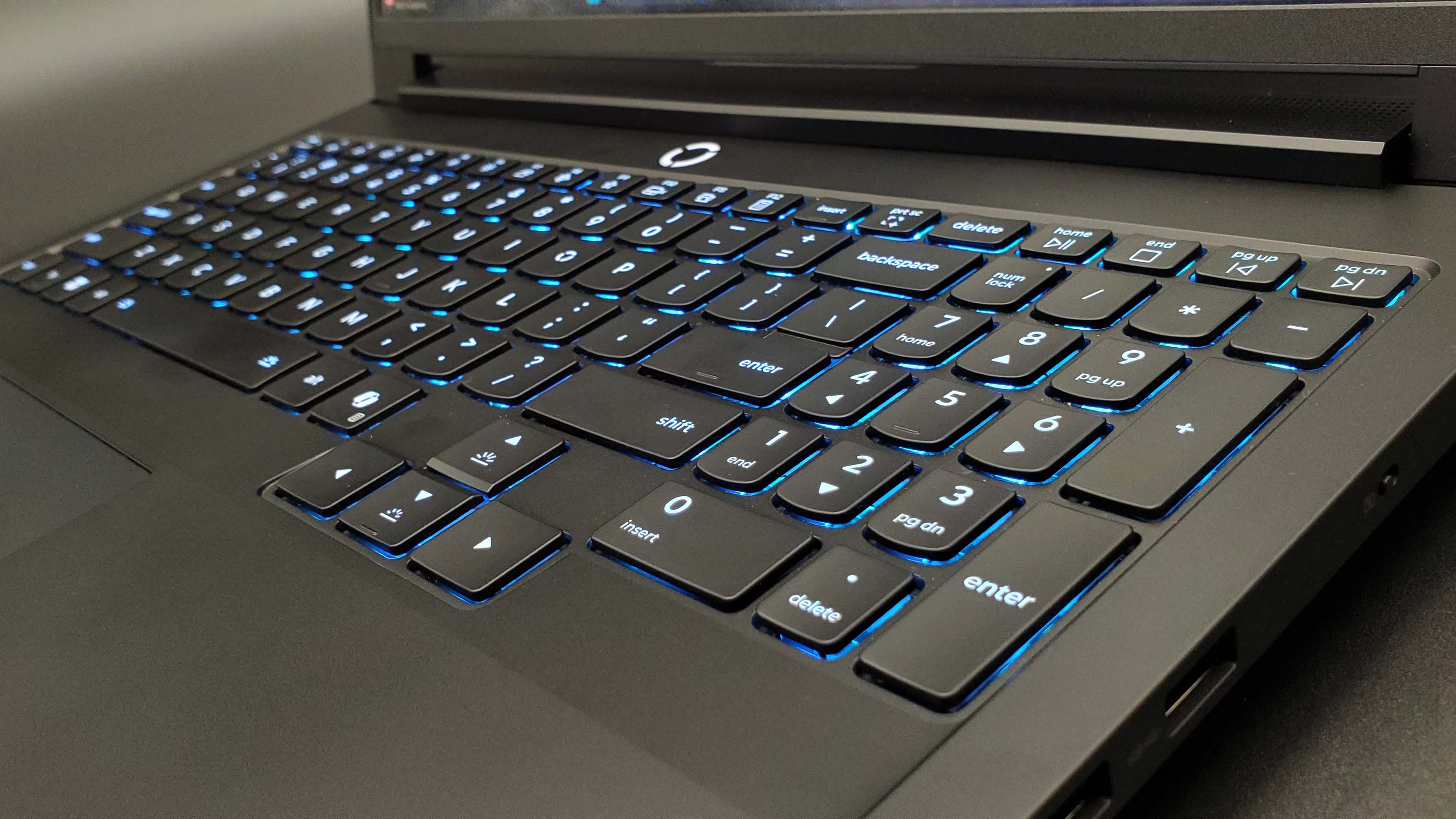
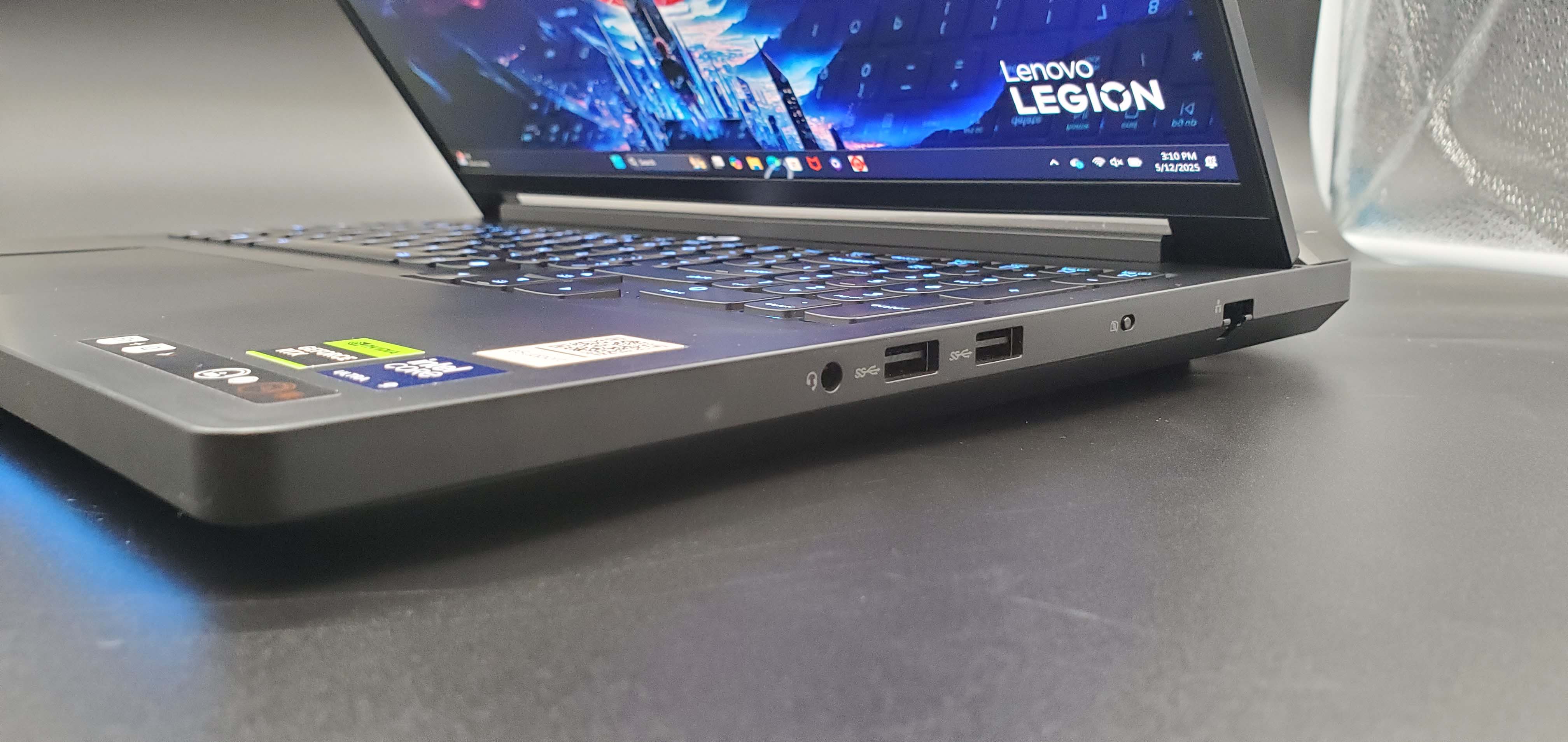
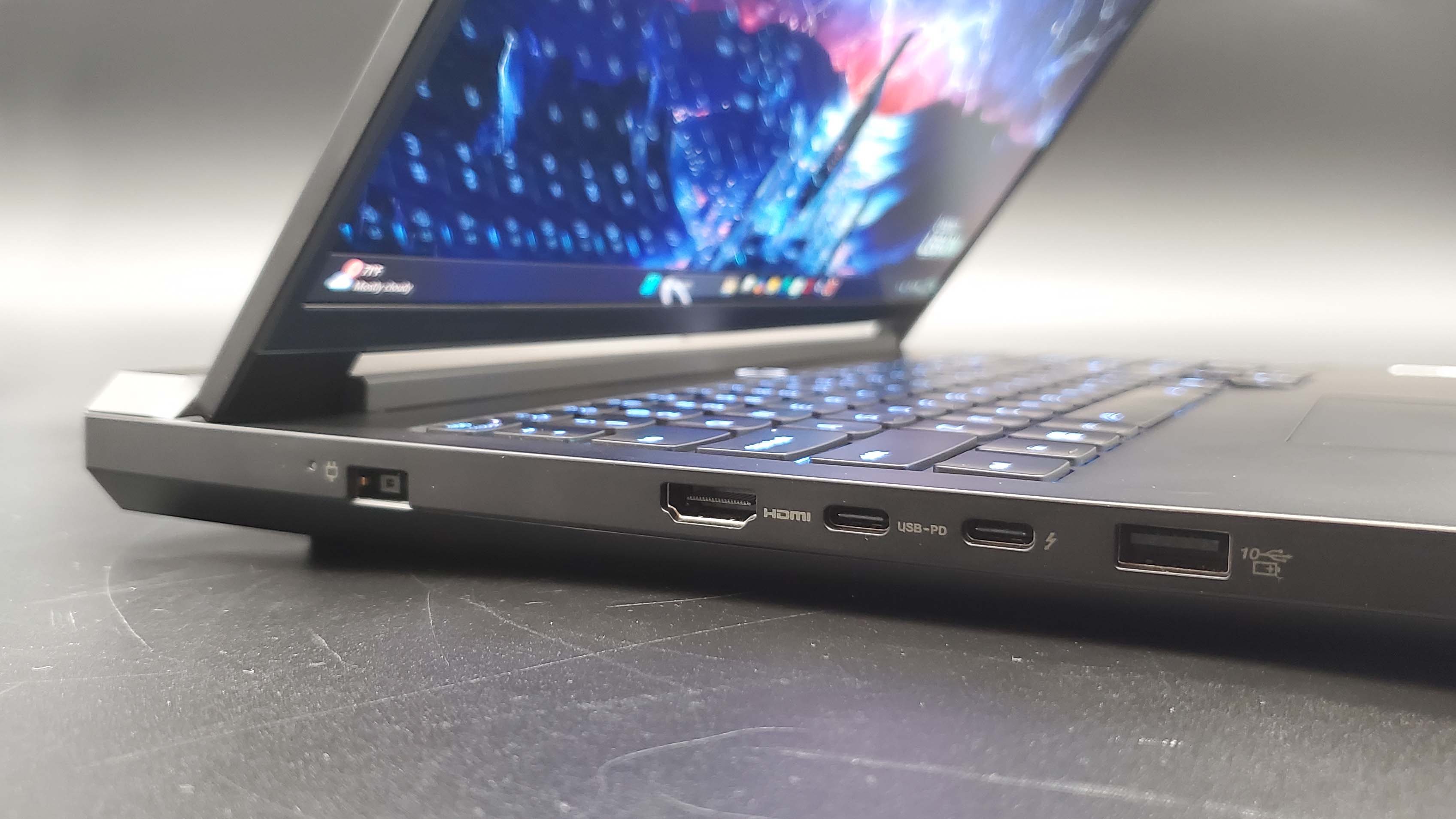
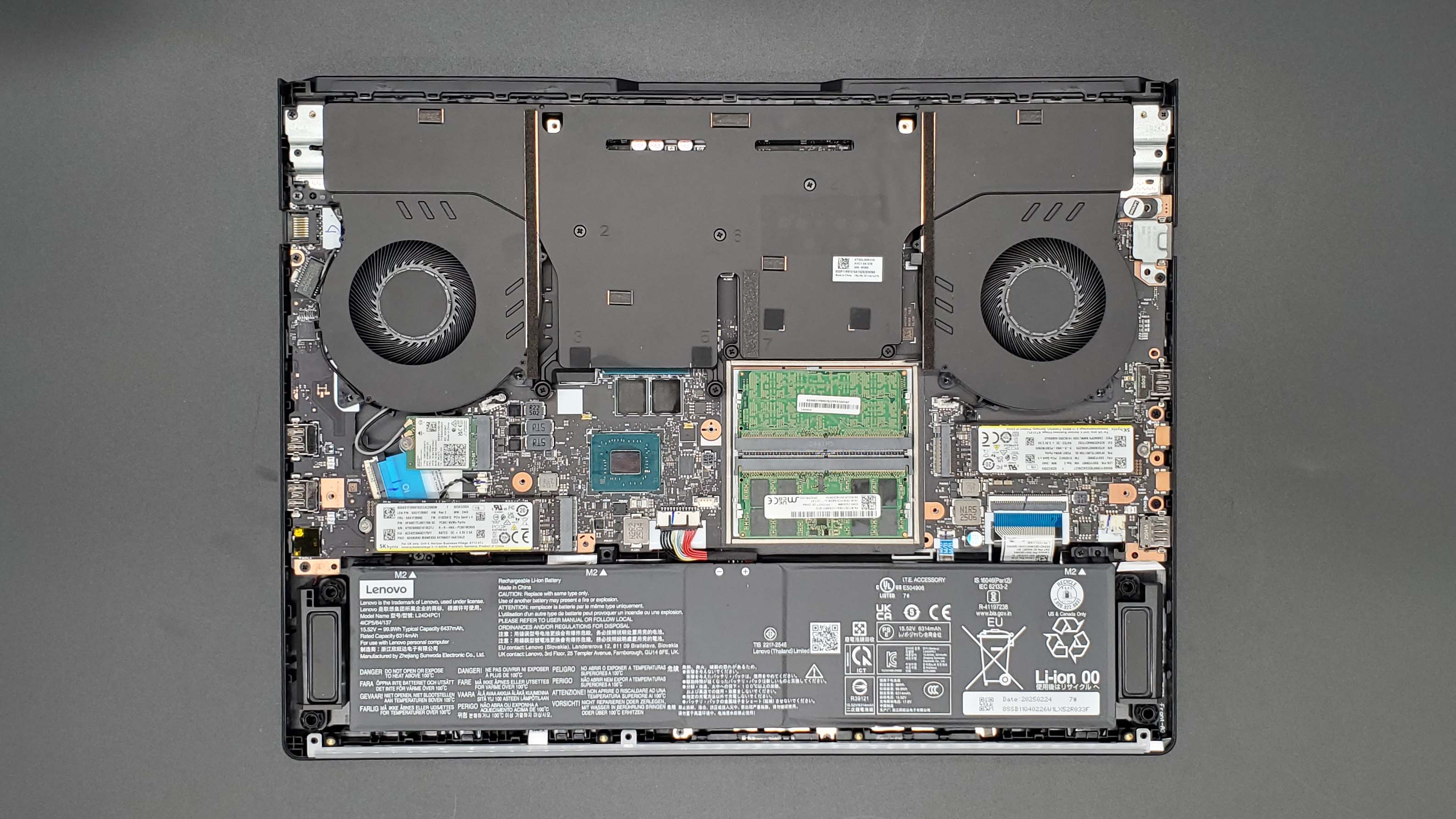
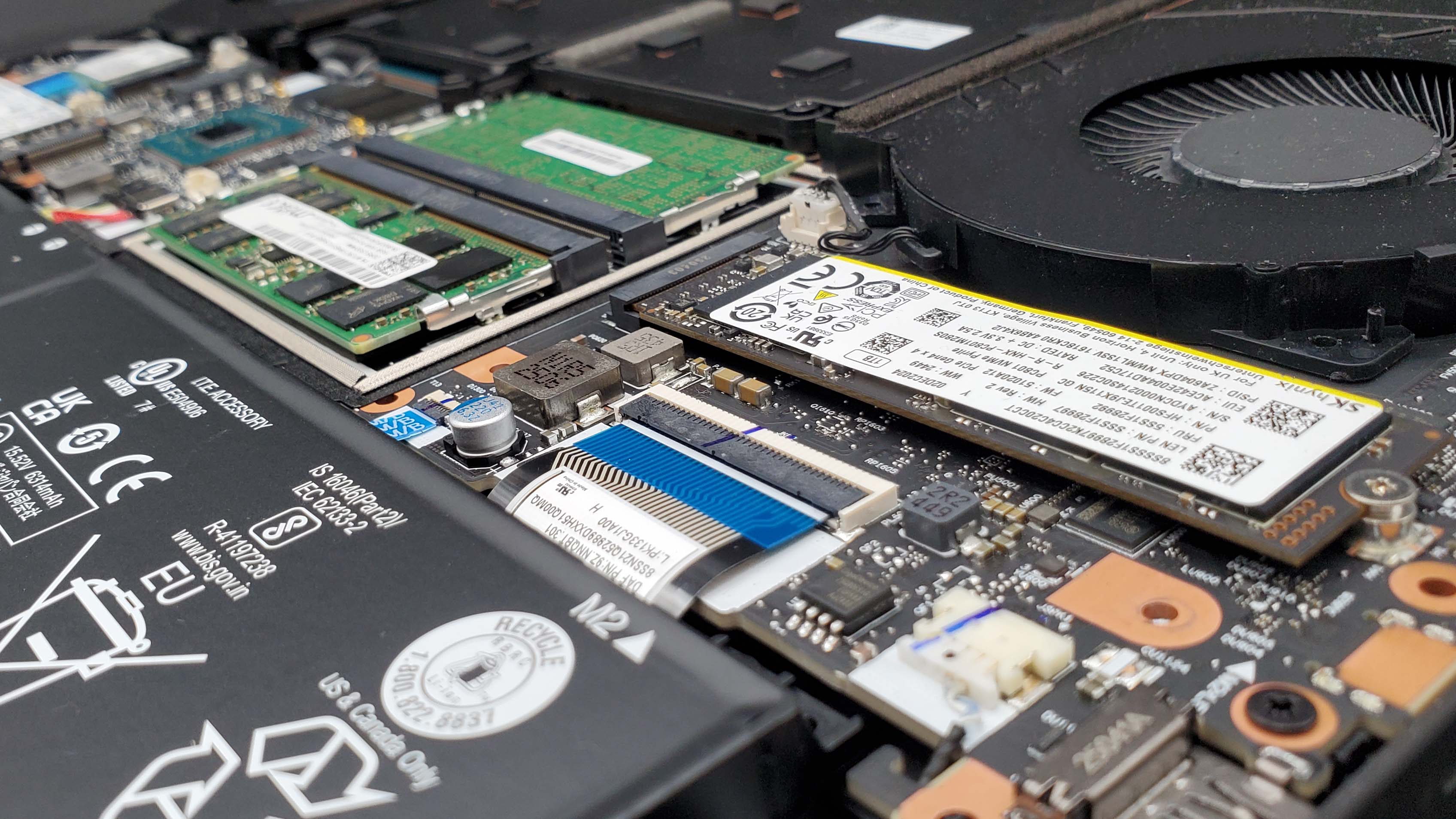
Specifications
Reasons to buy
Reasons to avoid
Dave's verdict: 87%
"The new Legion chassis looks good, and the performance is absolutely top-notch. But it's the level of customisation that sings to me, allowing you to create a gaming profile that at once delivers the frame rates and the noise level you desire. Just a shame the battery life is still so weak."
Read our full Lenovo Legion Pro 7i Gen 10 review.
Object of desire
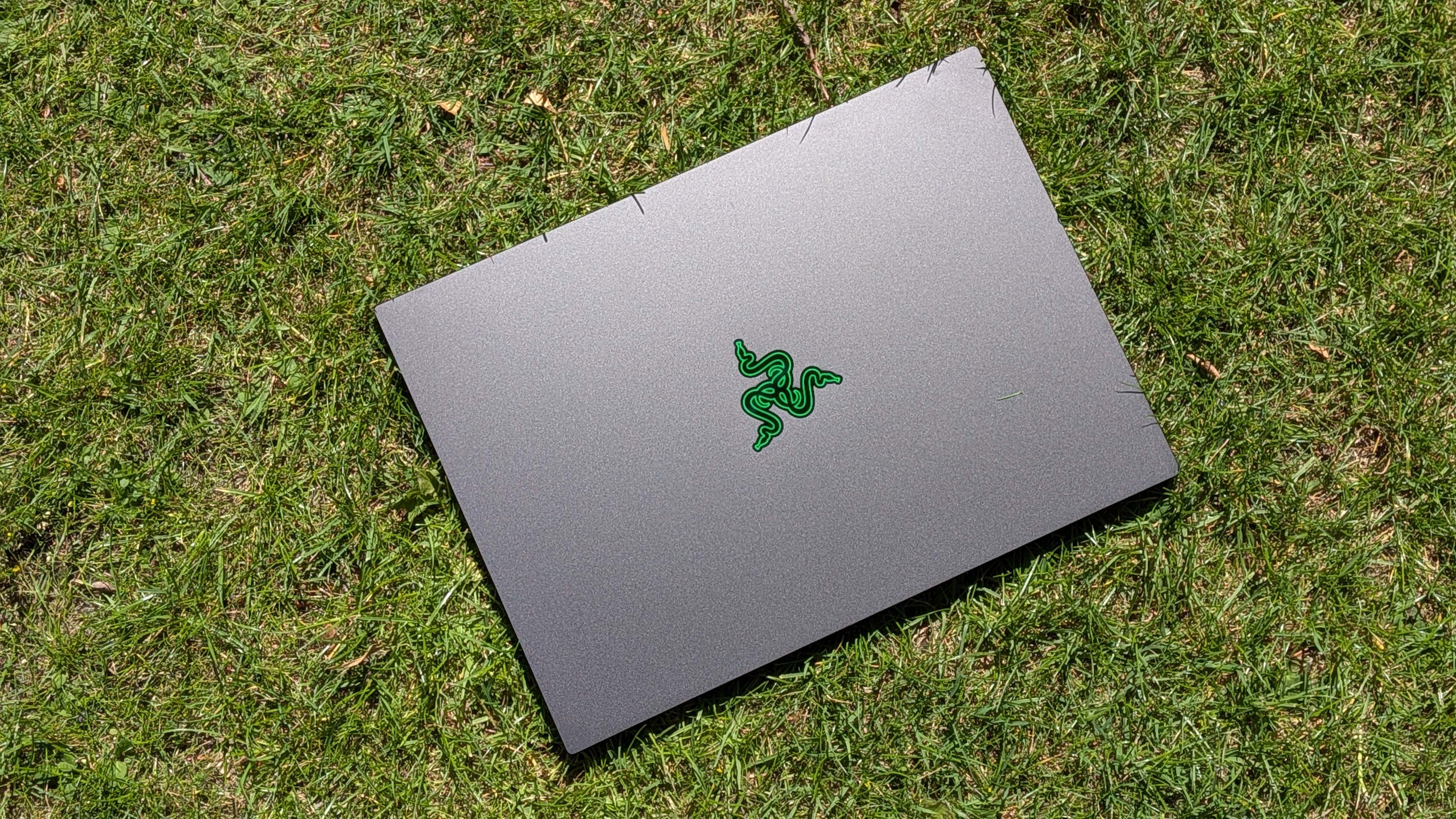
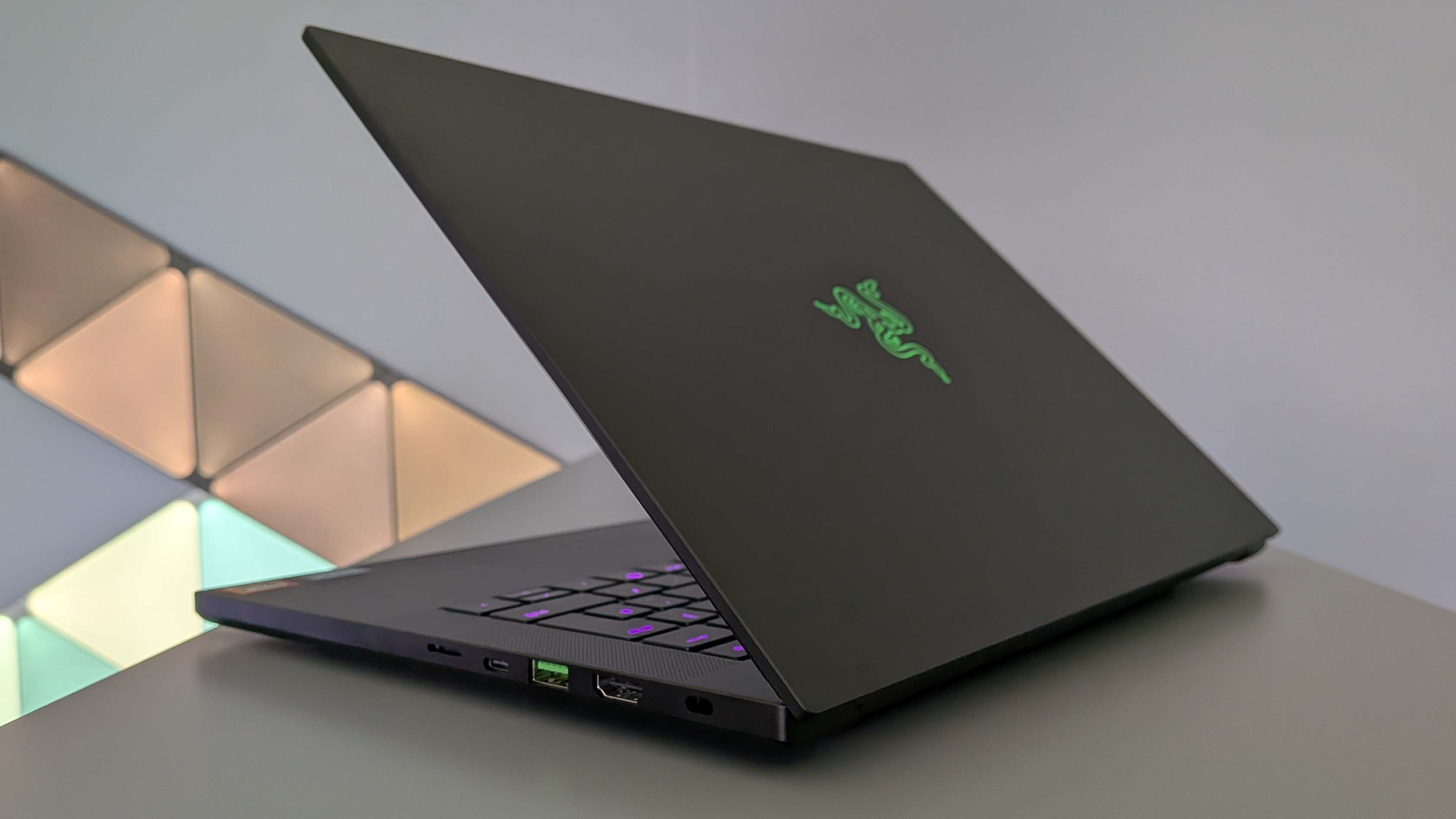
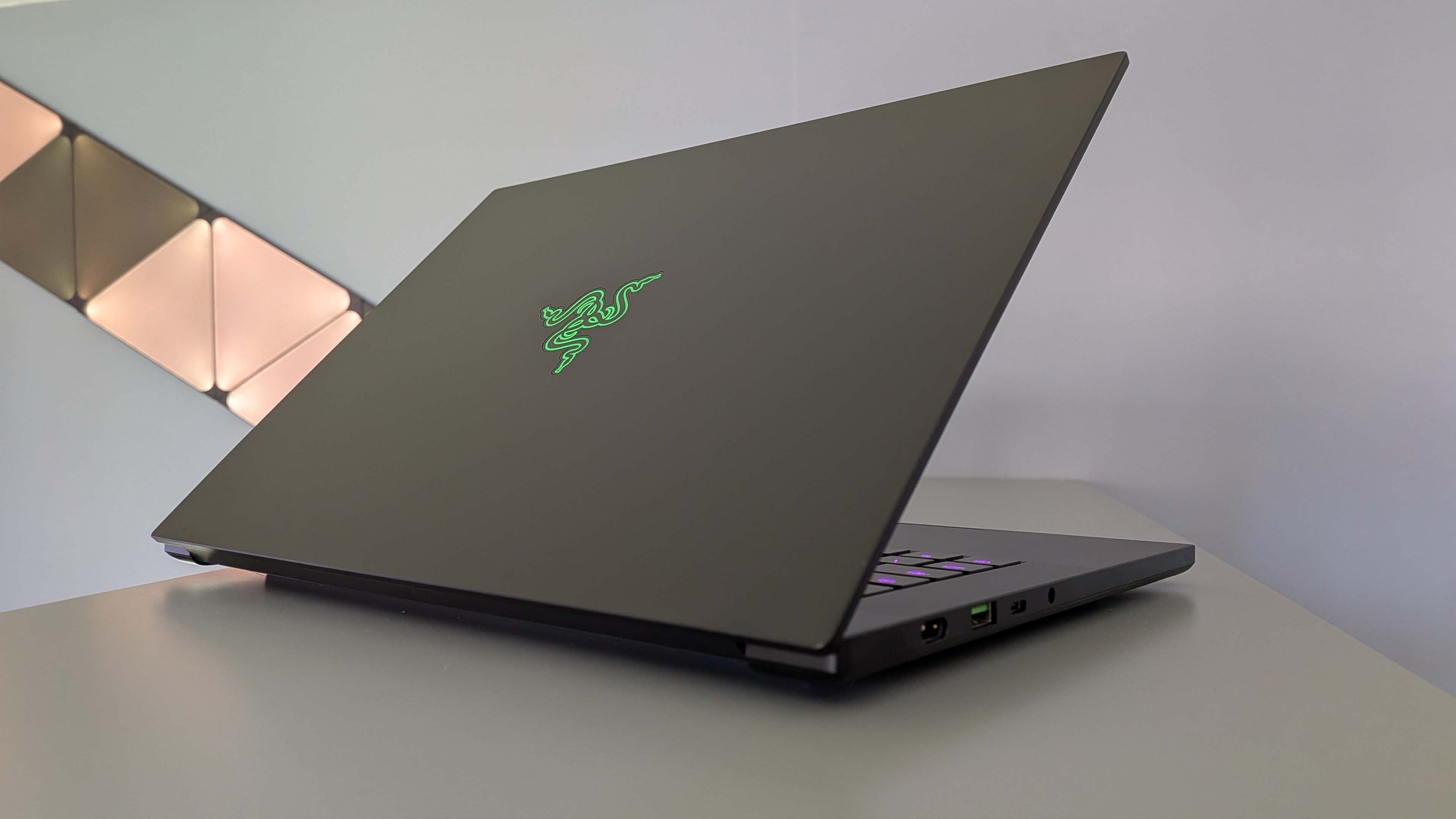
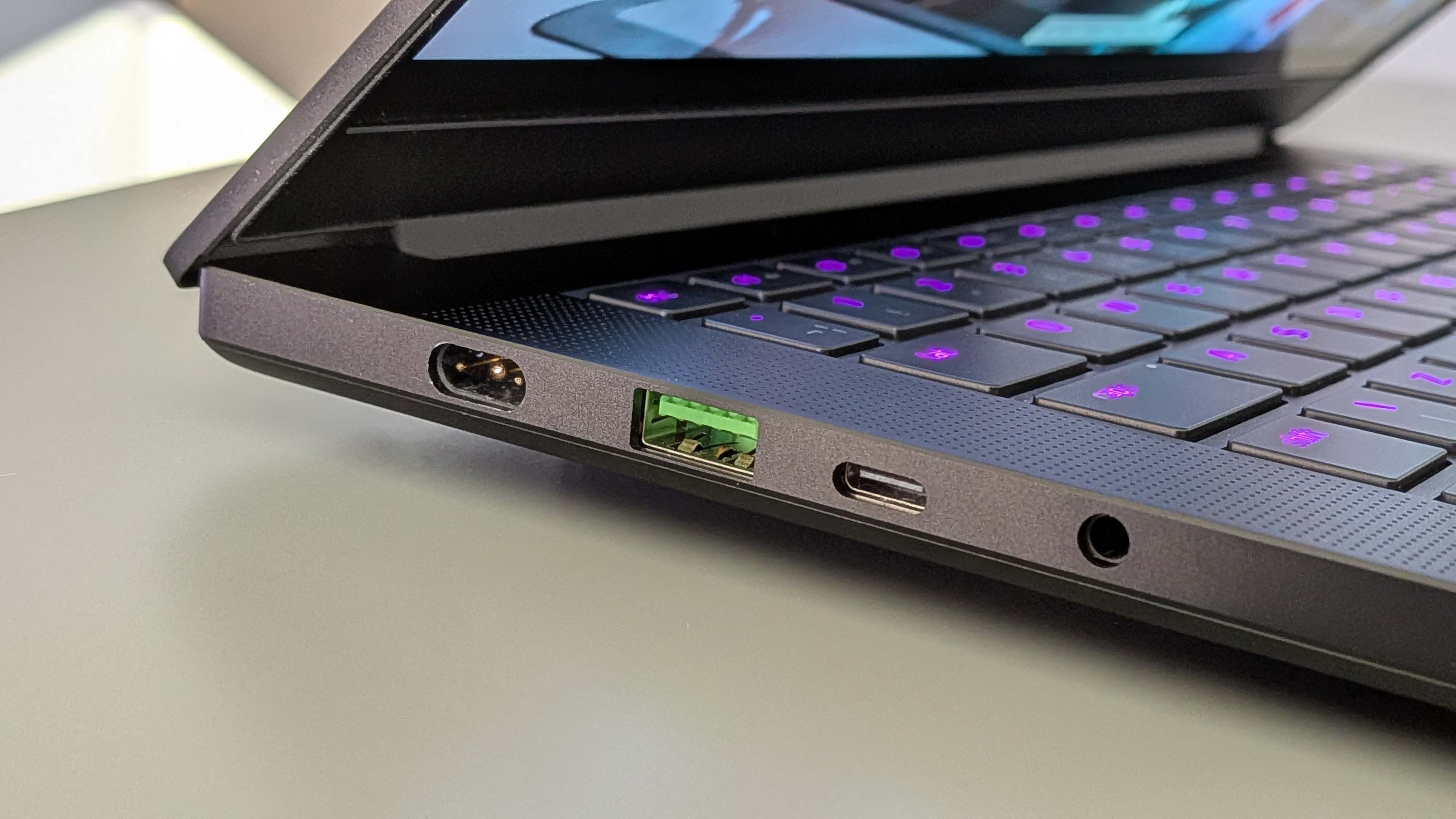
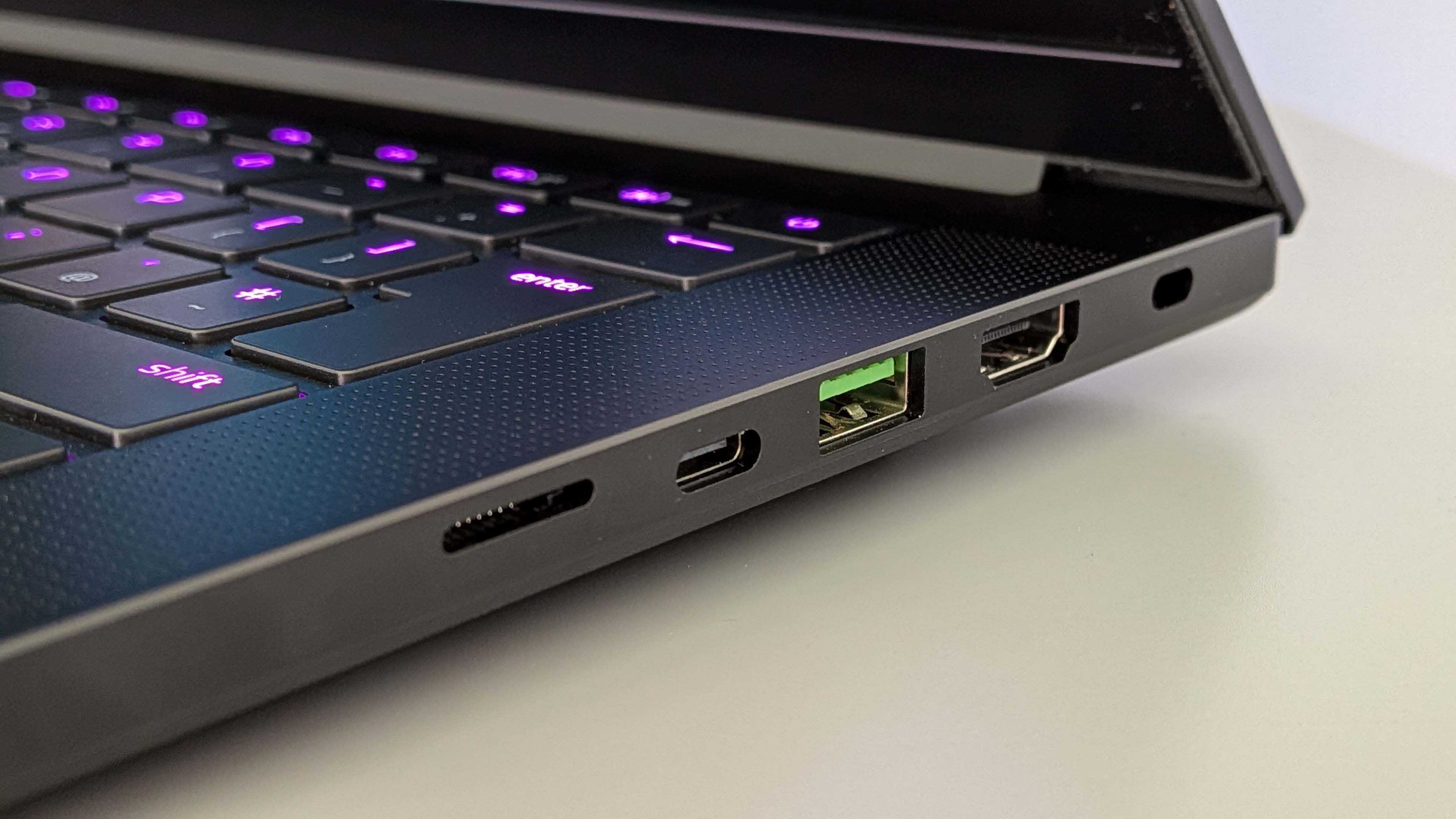
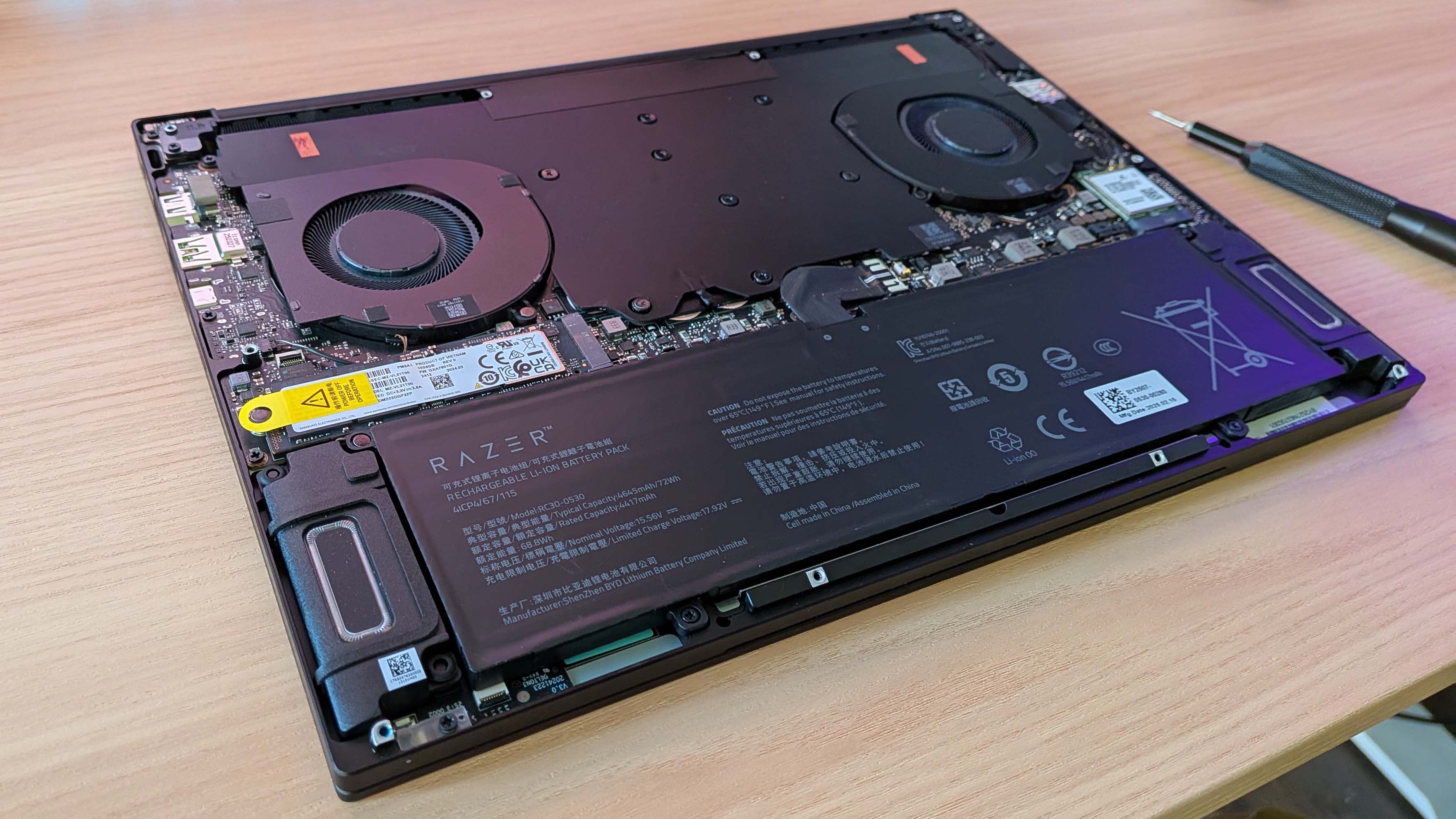
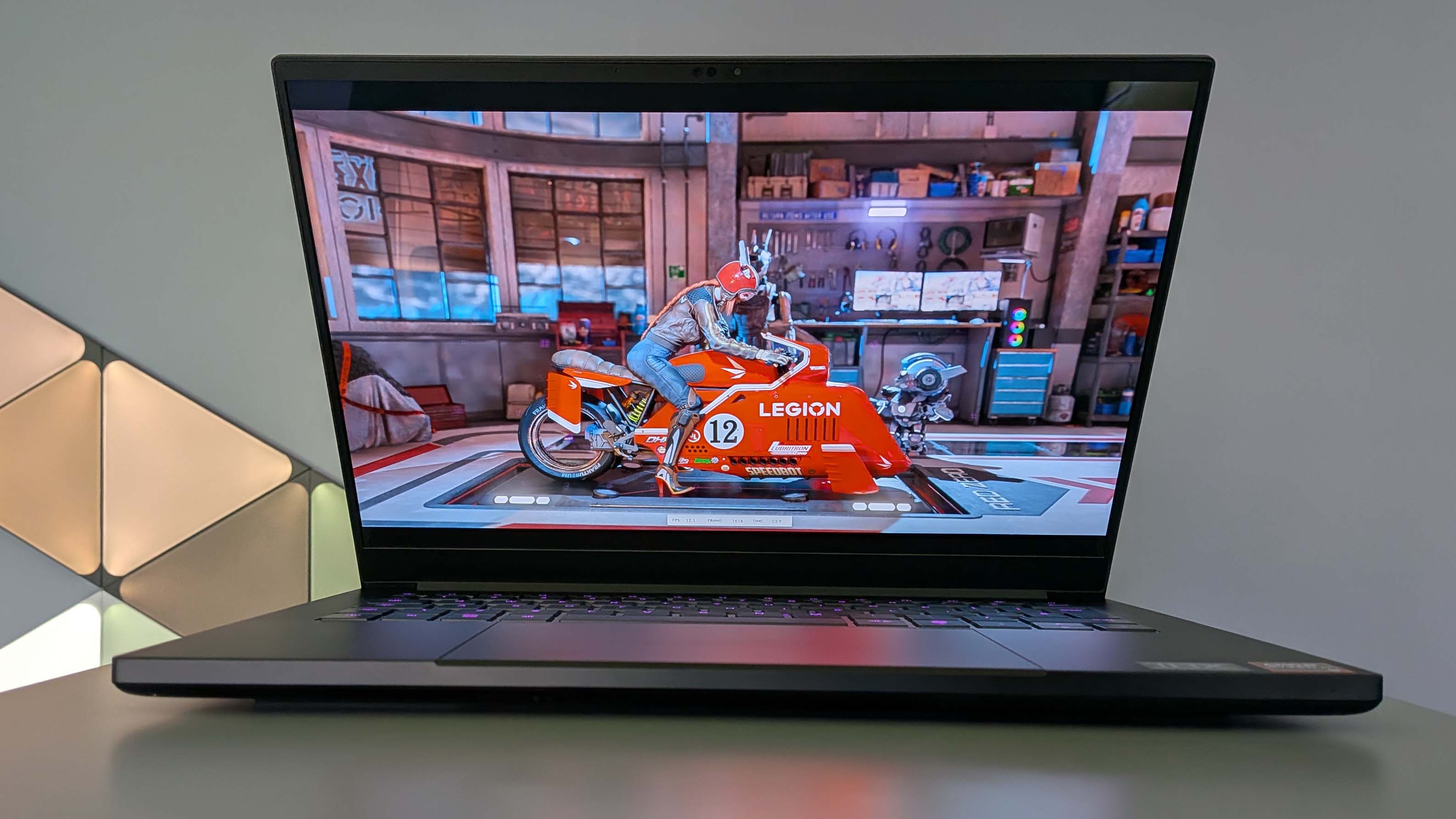
Specifications
Reasons to buy
Reasons to avoid
Dave's verdict: 86%
"Razer's "aggressively priced" Blade still manages to be frustratingly pricey, especially in the face of cheaper, more powerful competition. But when it comes to actual use, it's a huge improvement over last year's model and there's now no other gaming laptop I'd want to have my digits on or spend my money on."
Read our full Razer Blade 14 (2025) review.
A classic
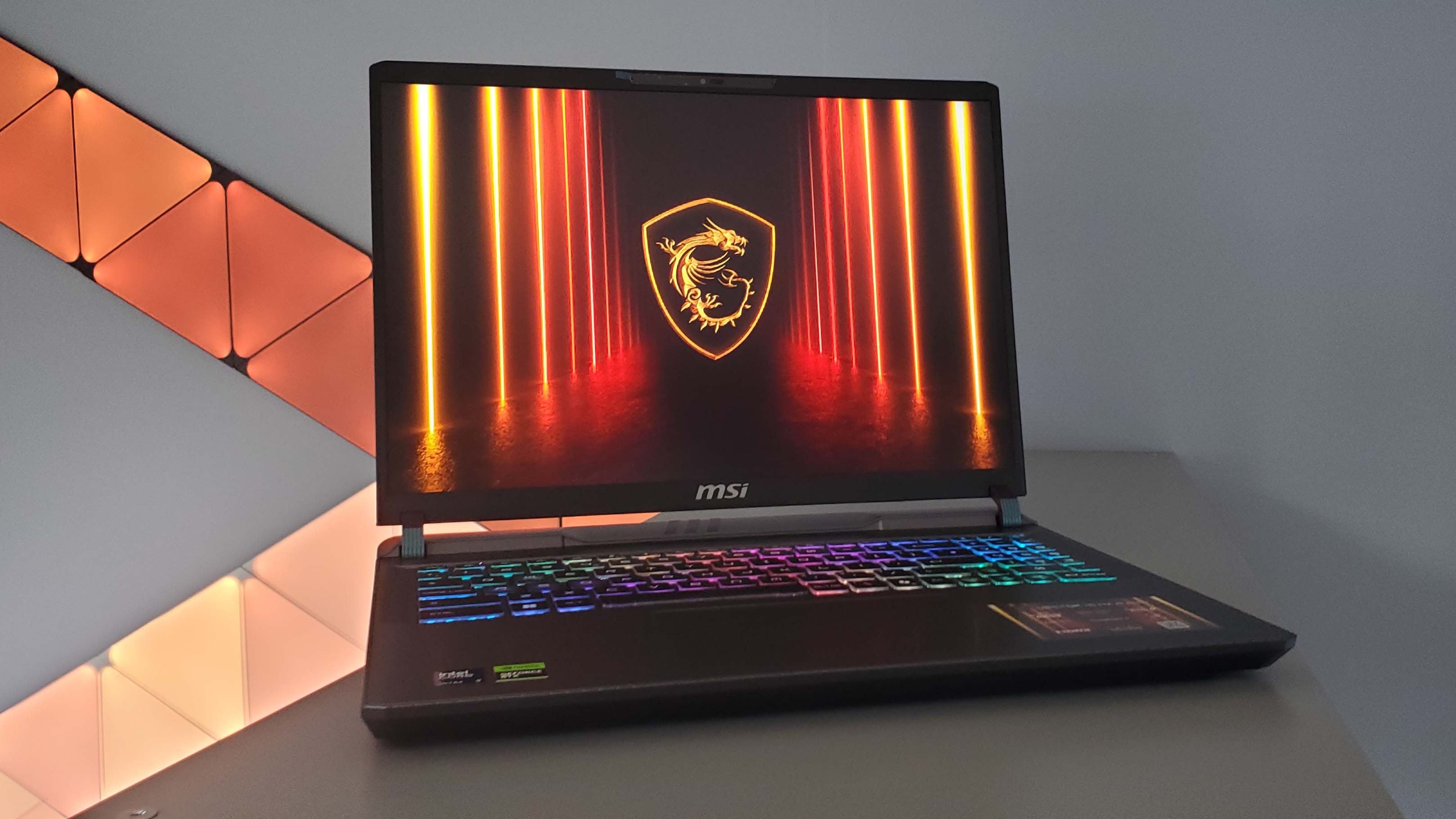
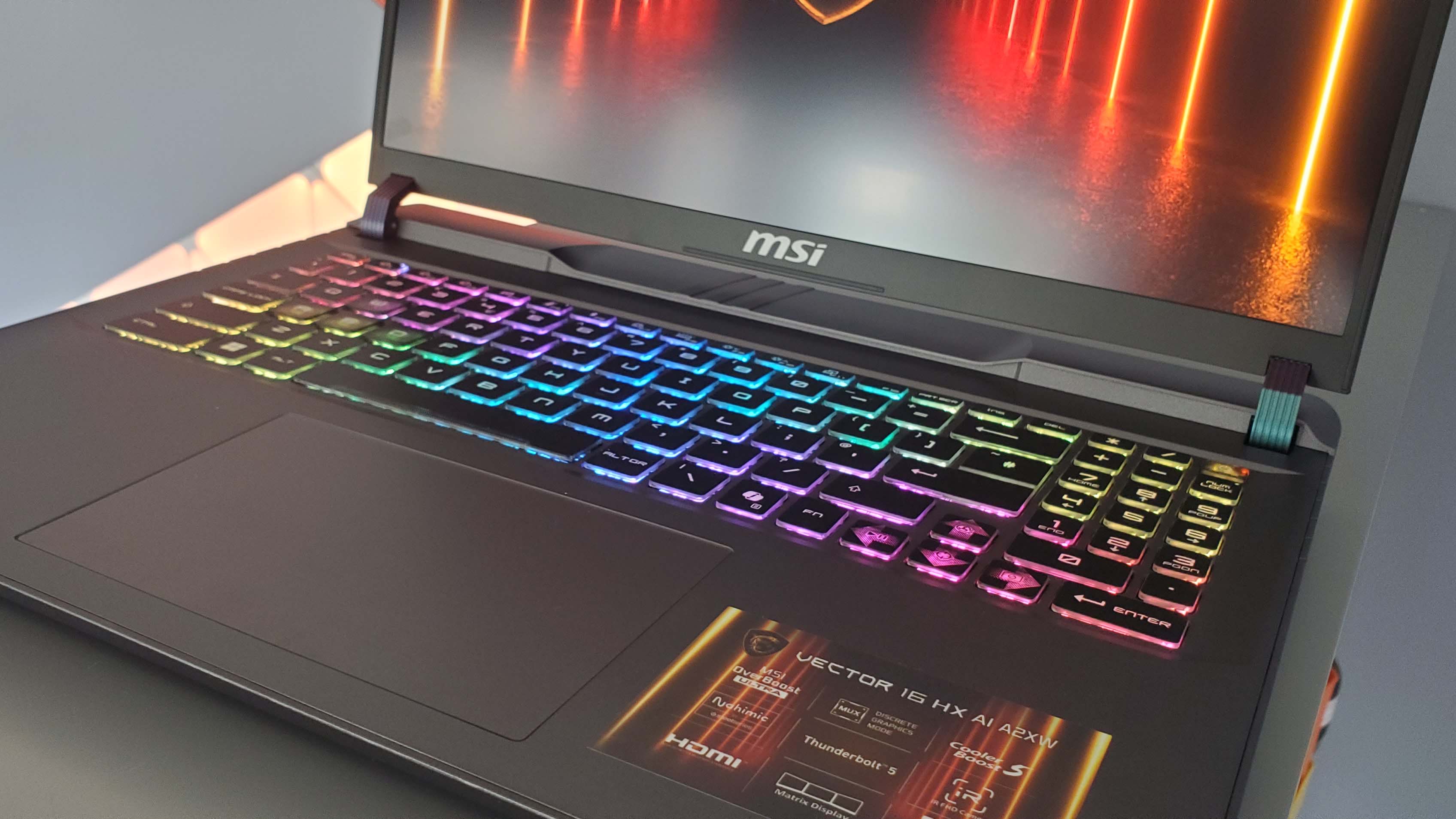
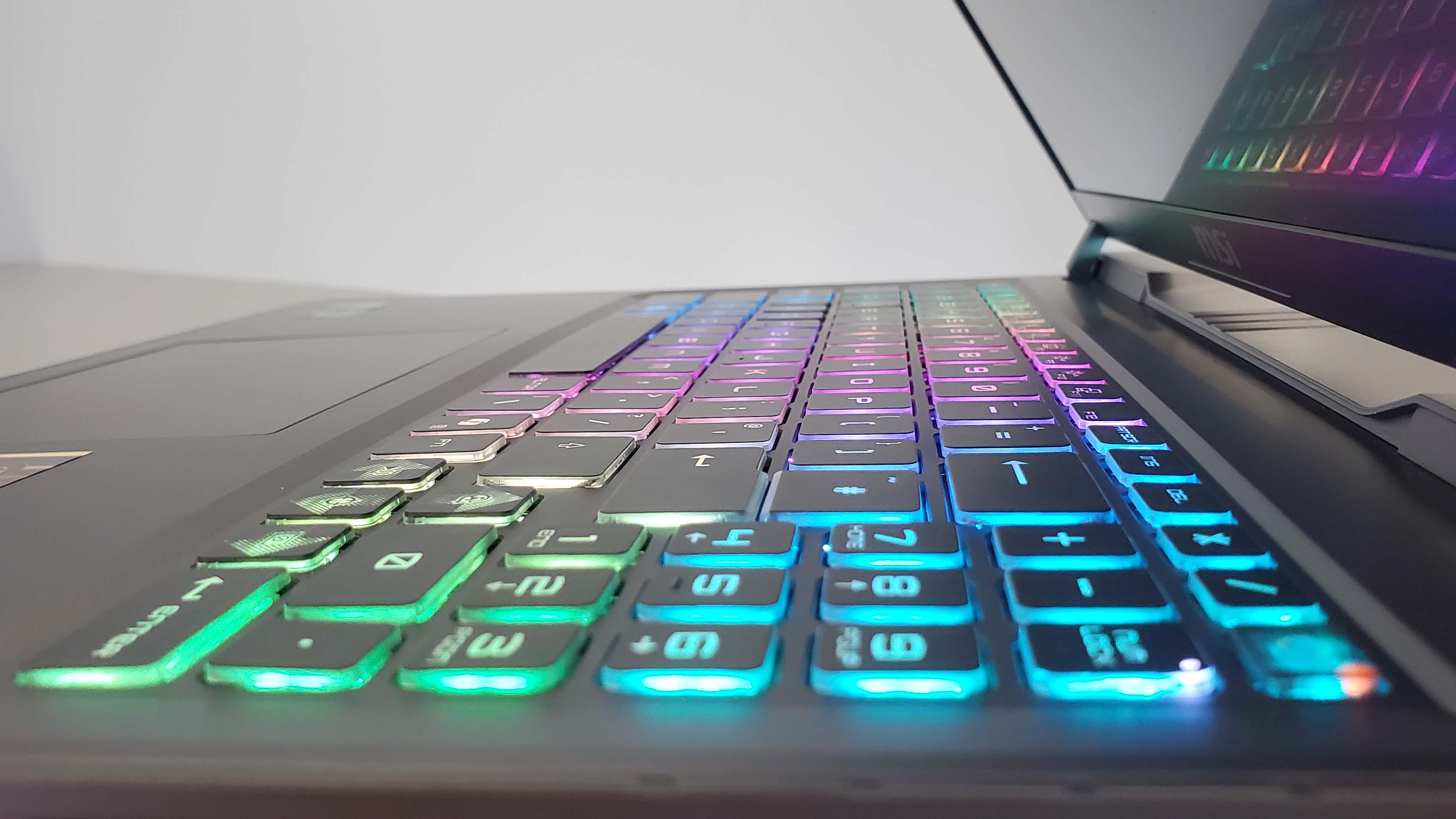
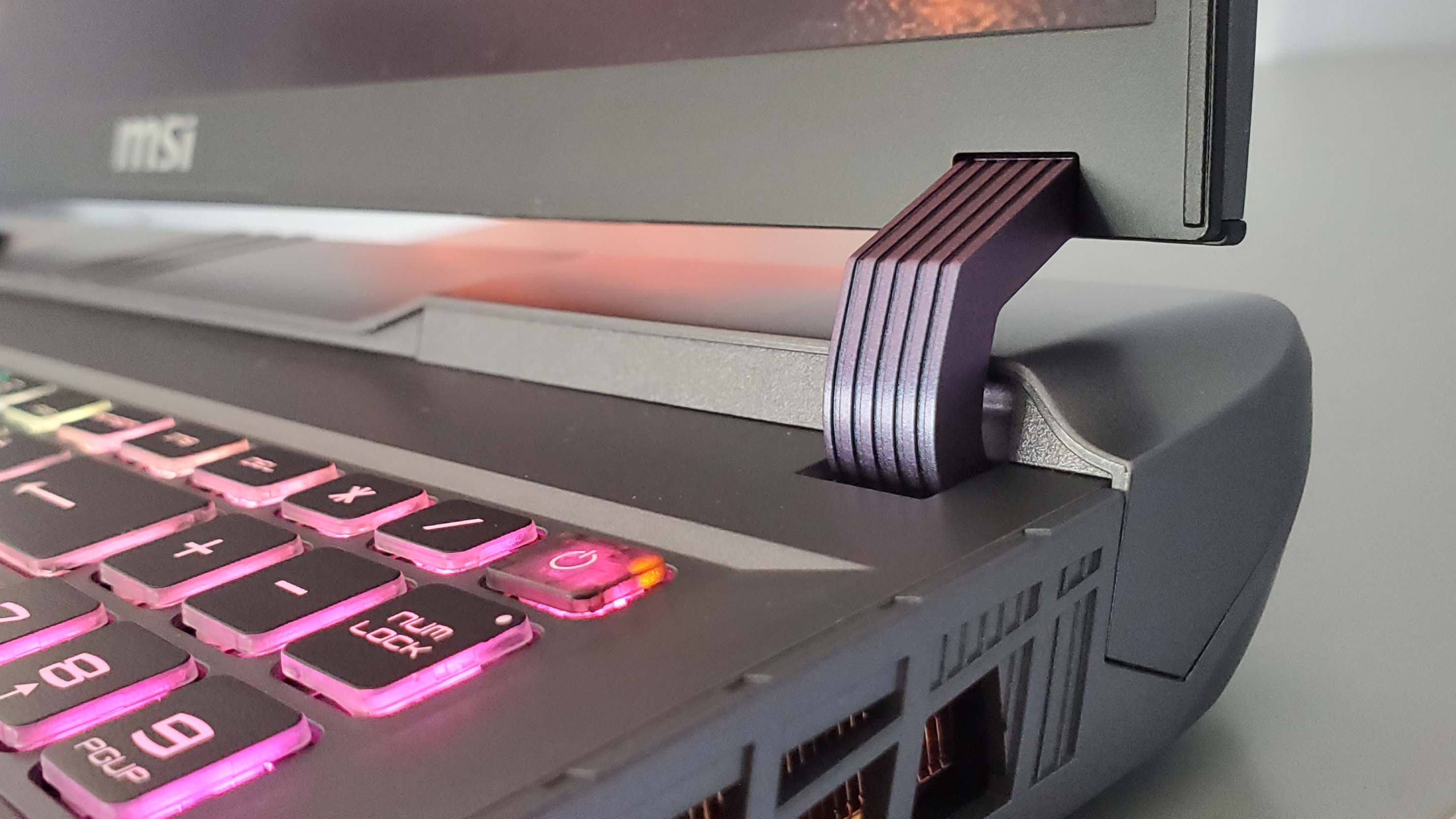
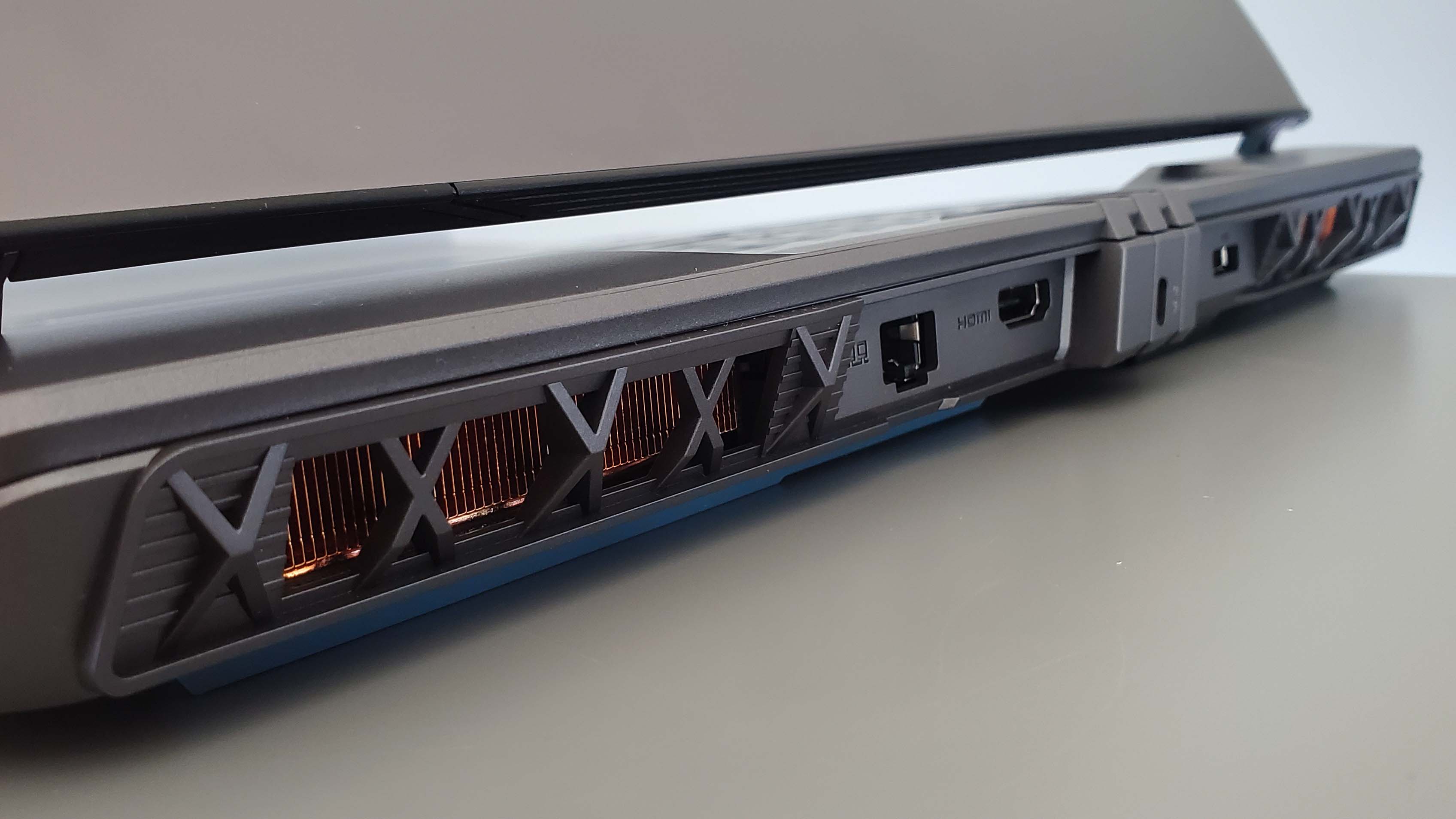
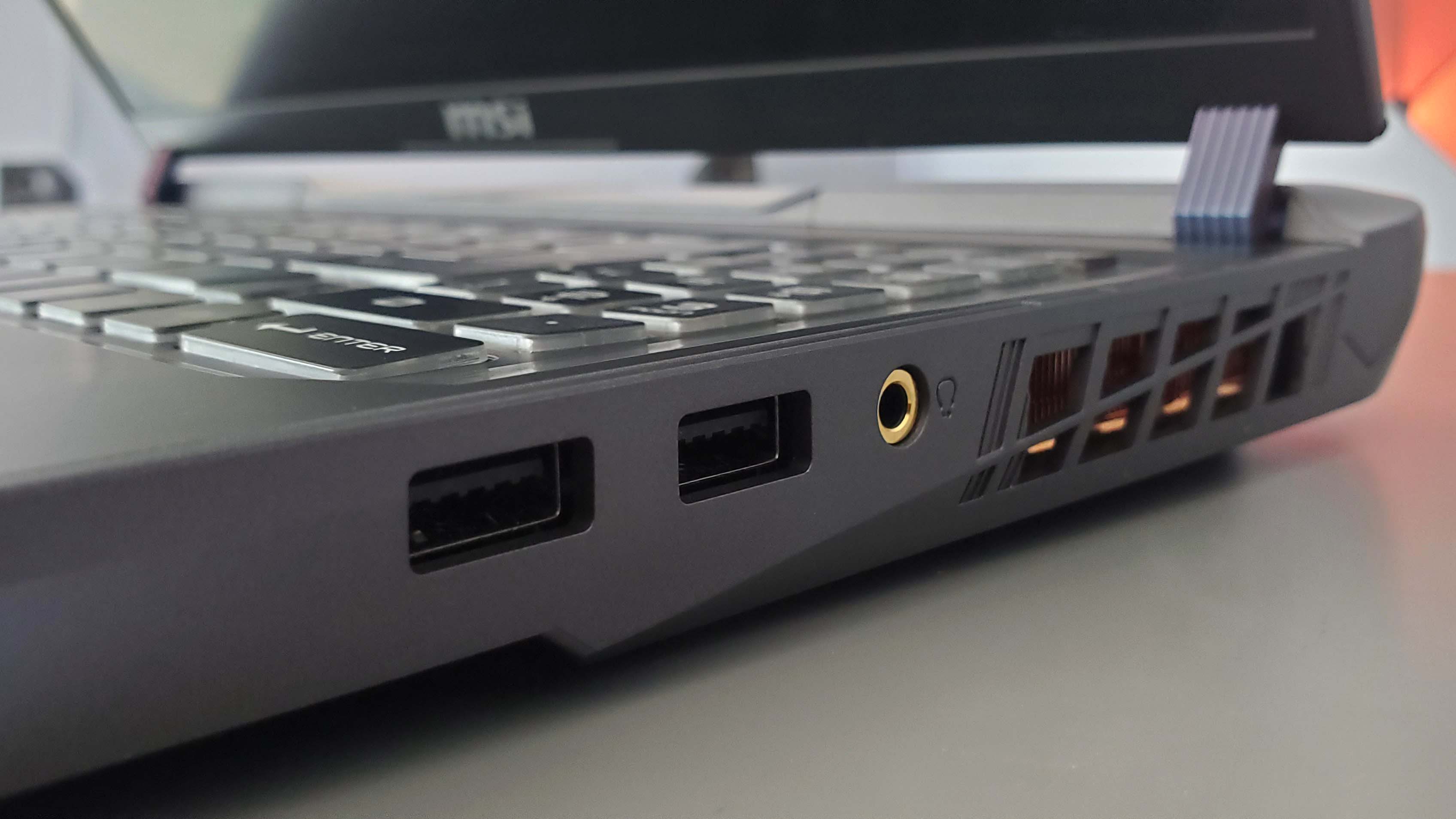
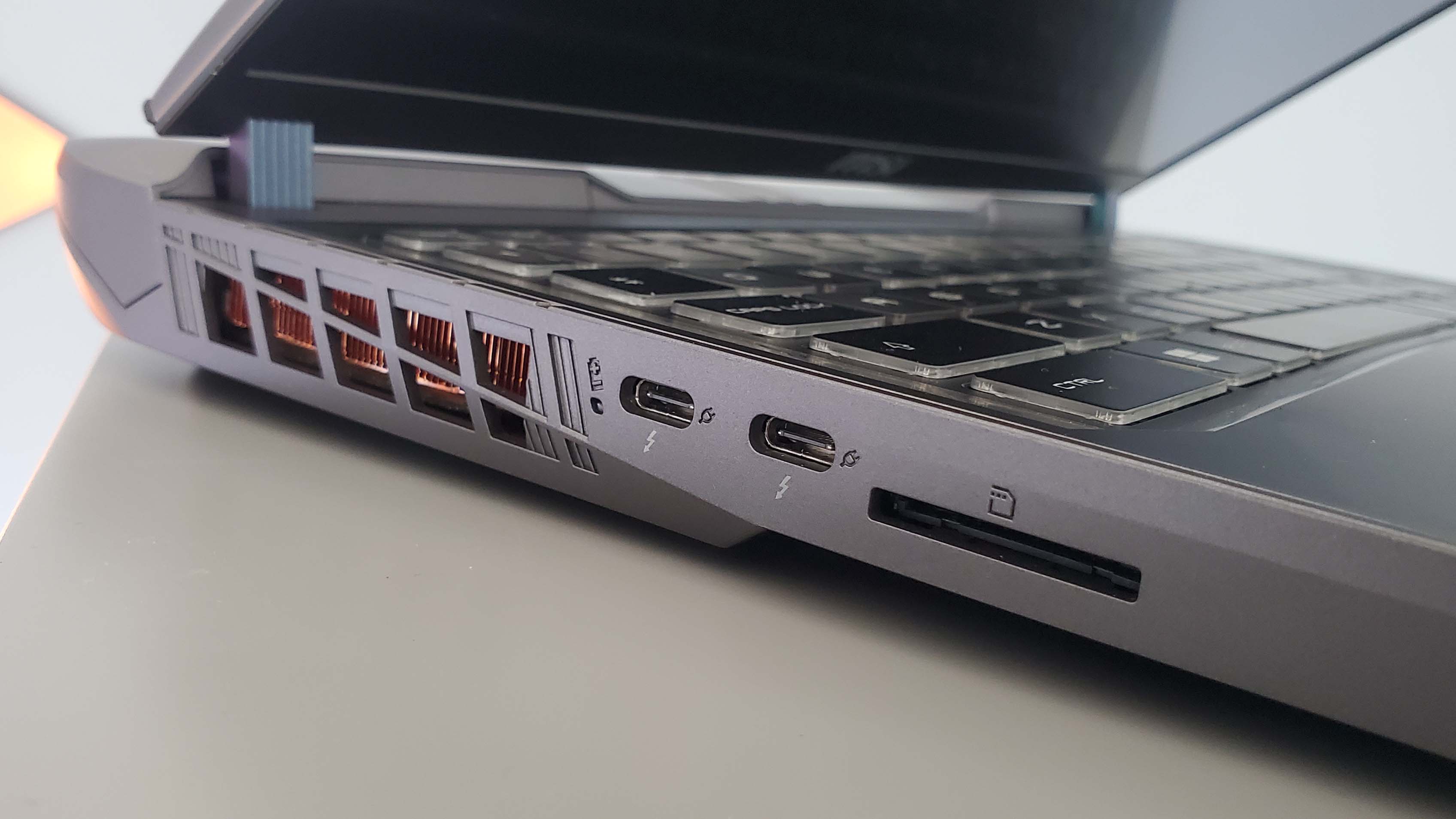
Specifications
Reasons to buy
Reasons to avoid
Dave's verdict: 83%
"A classic gaming laptop, that makes up for its lack of battery performance or pencil-thin chassis design with serious gaming frame rates even outside of its cacophonous Extreme Performance mode."
Read our full MSI Vector 16 HX AI gaming laptop review.
Second best
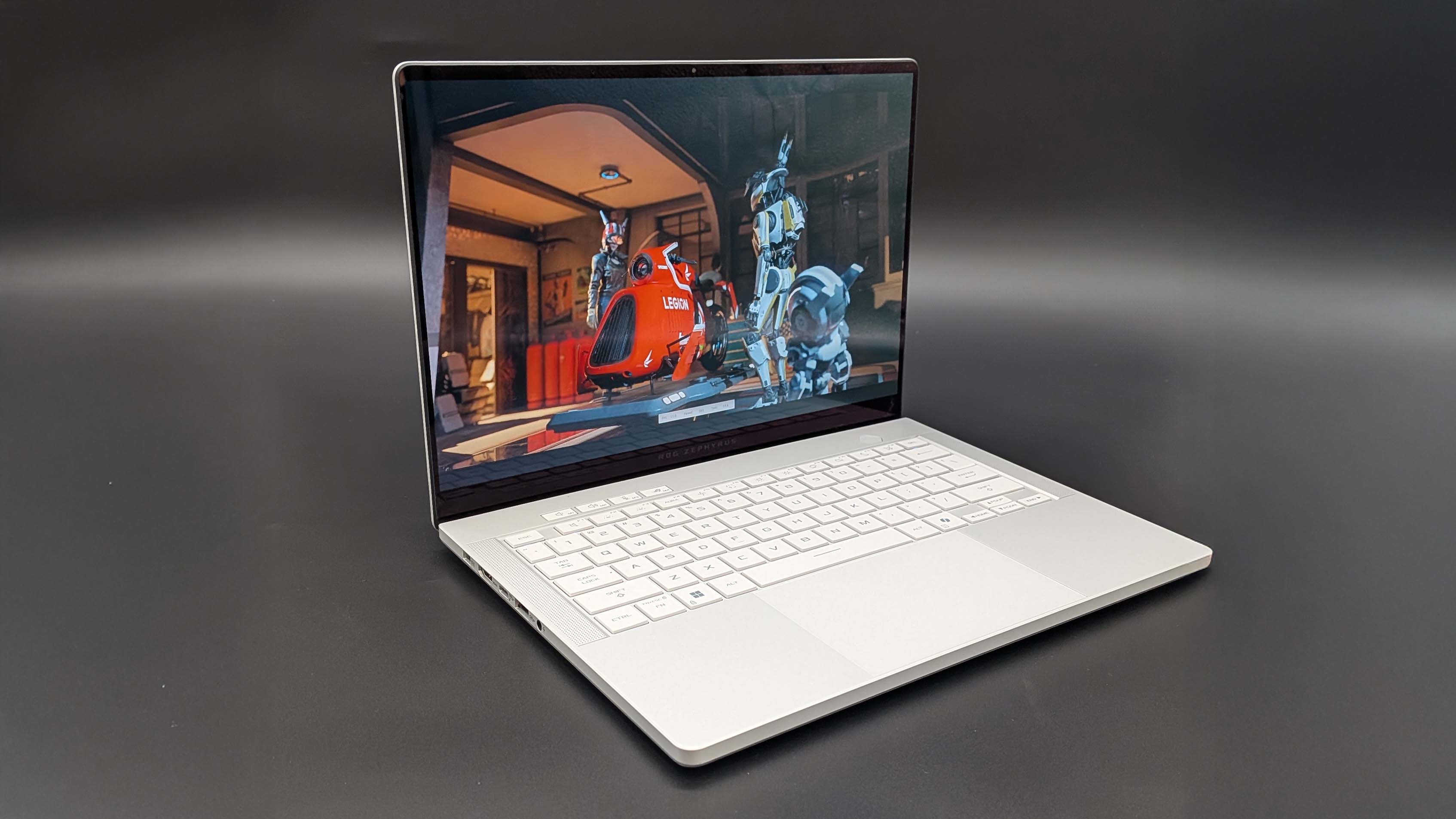
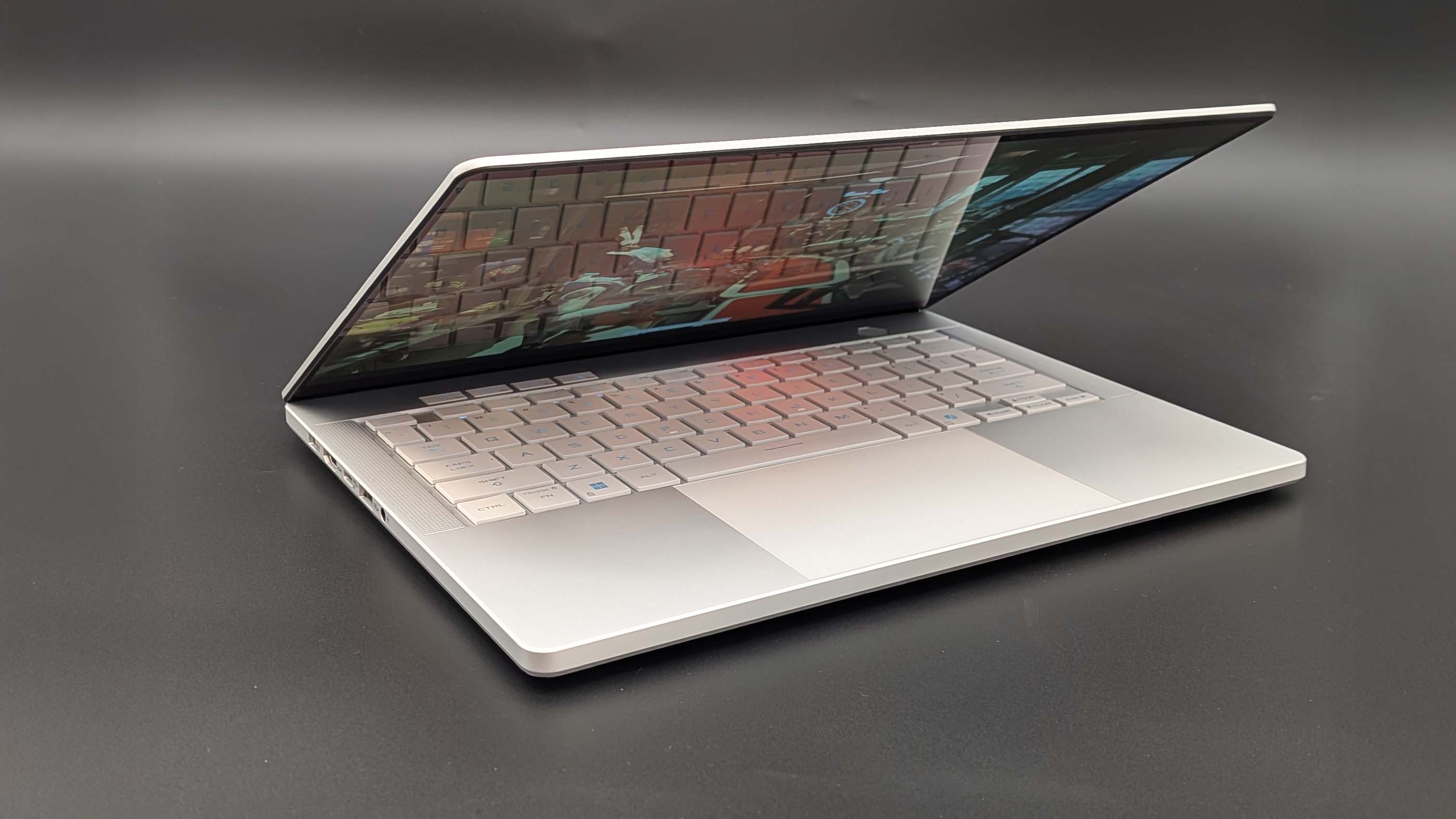
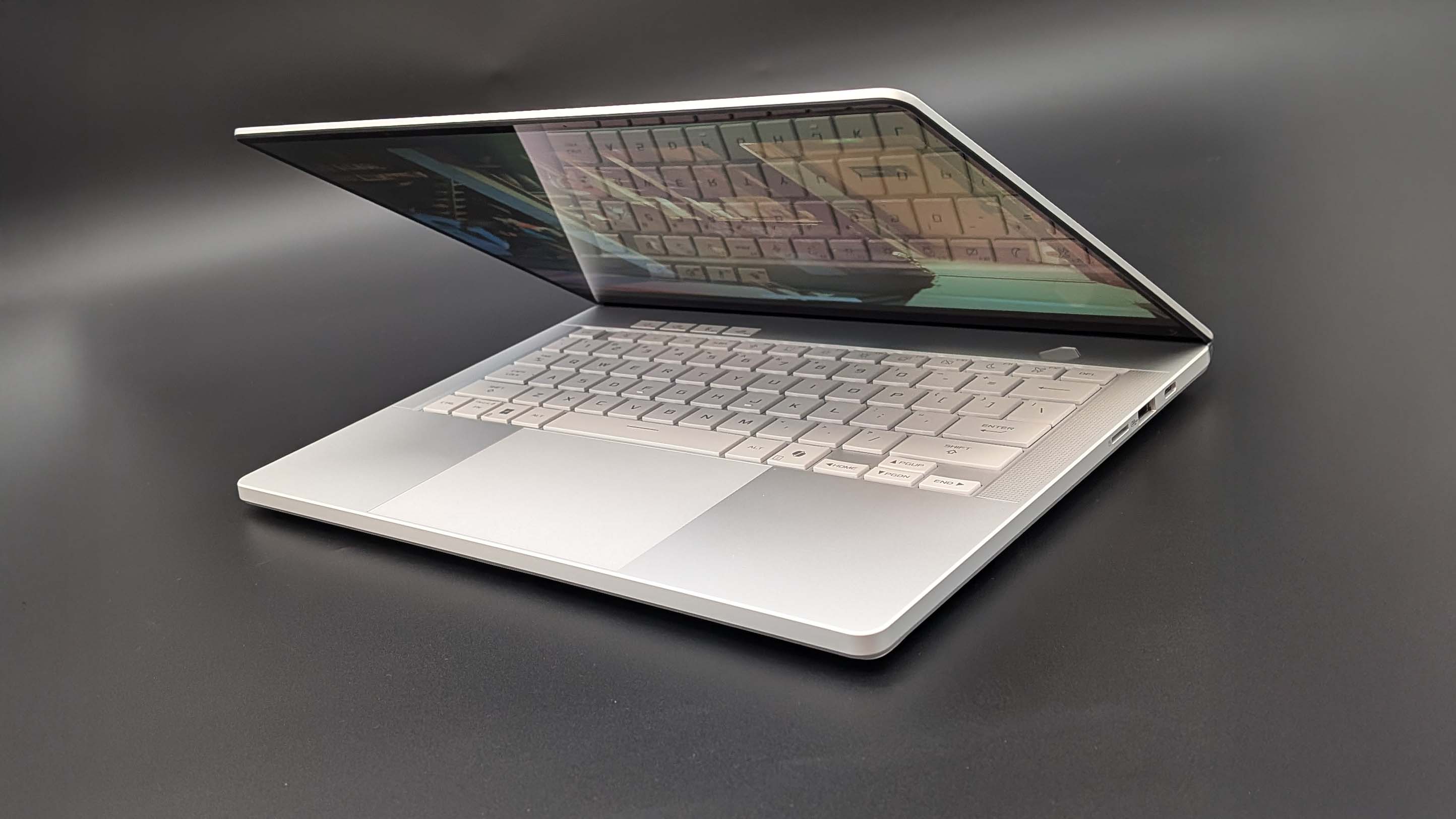
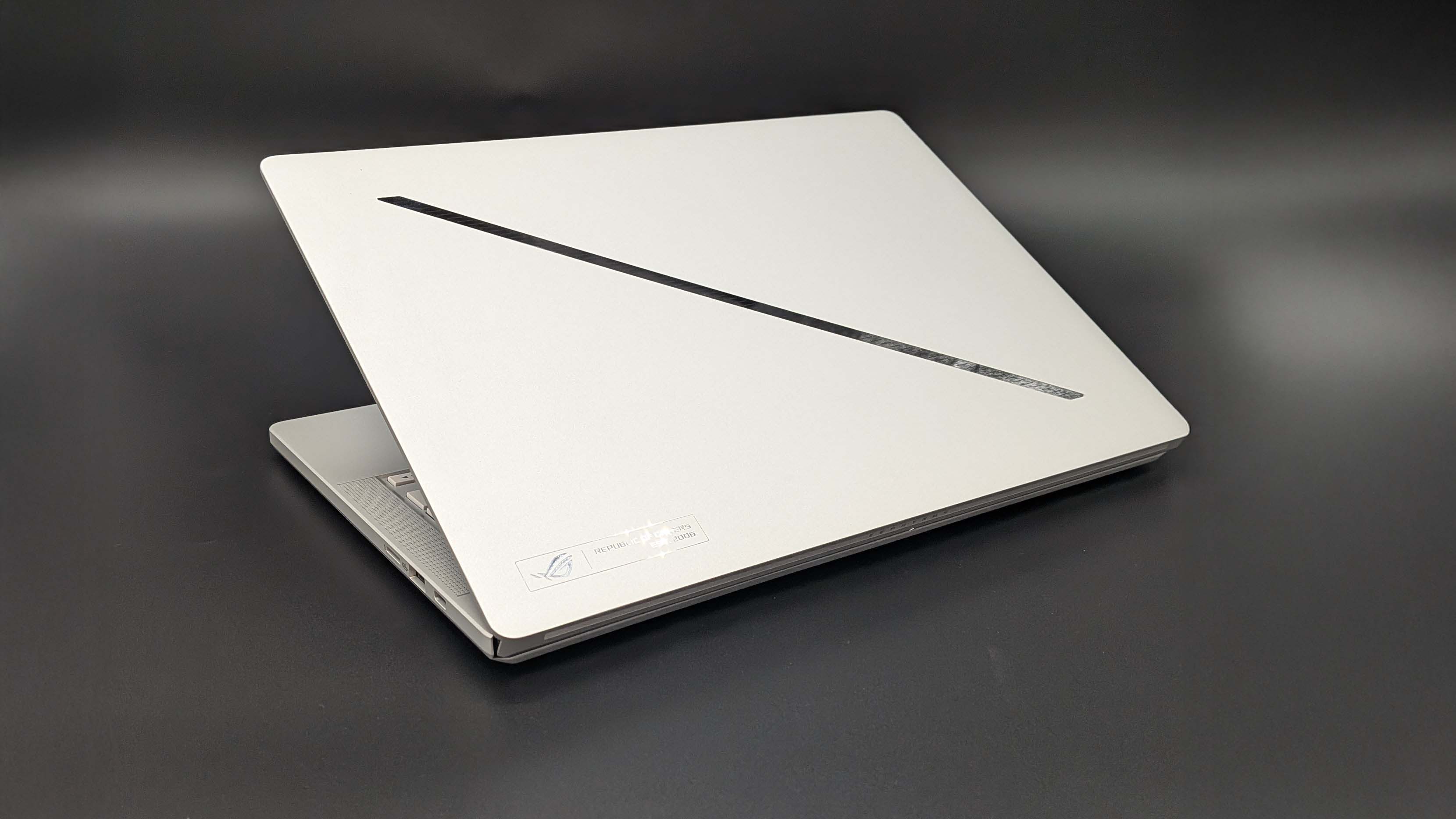
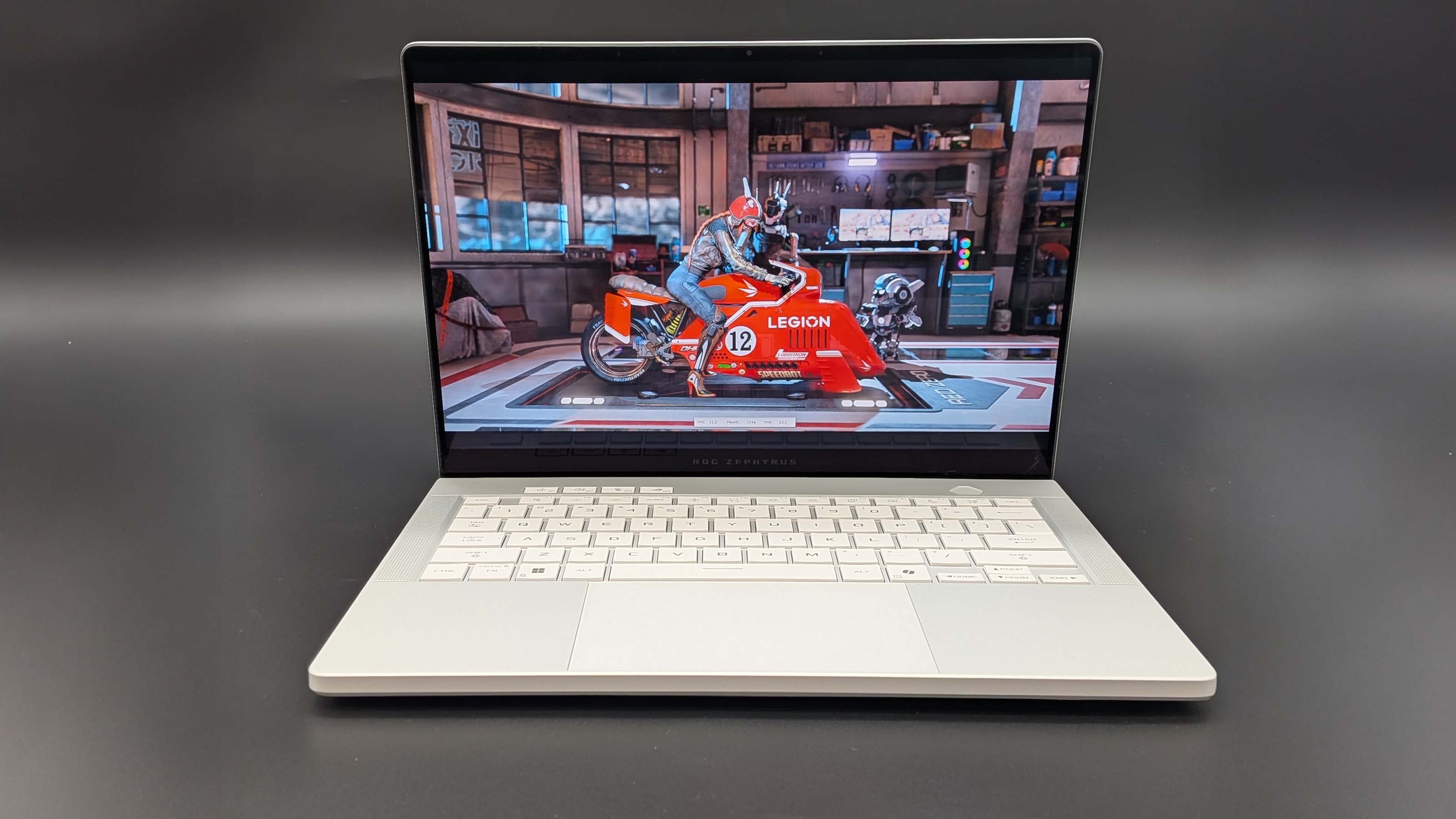
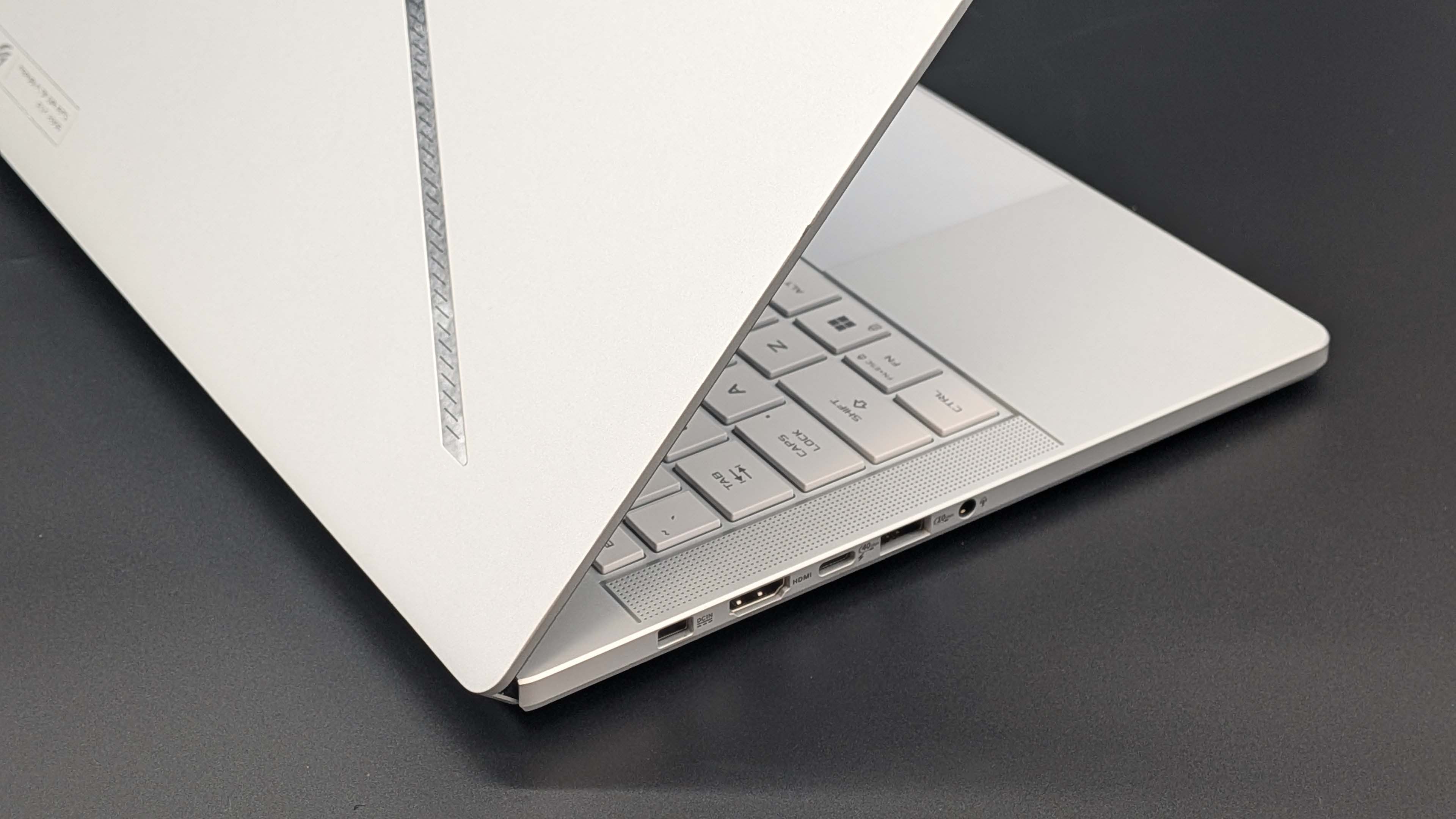
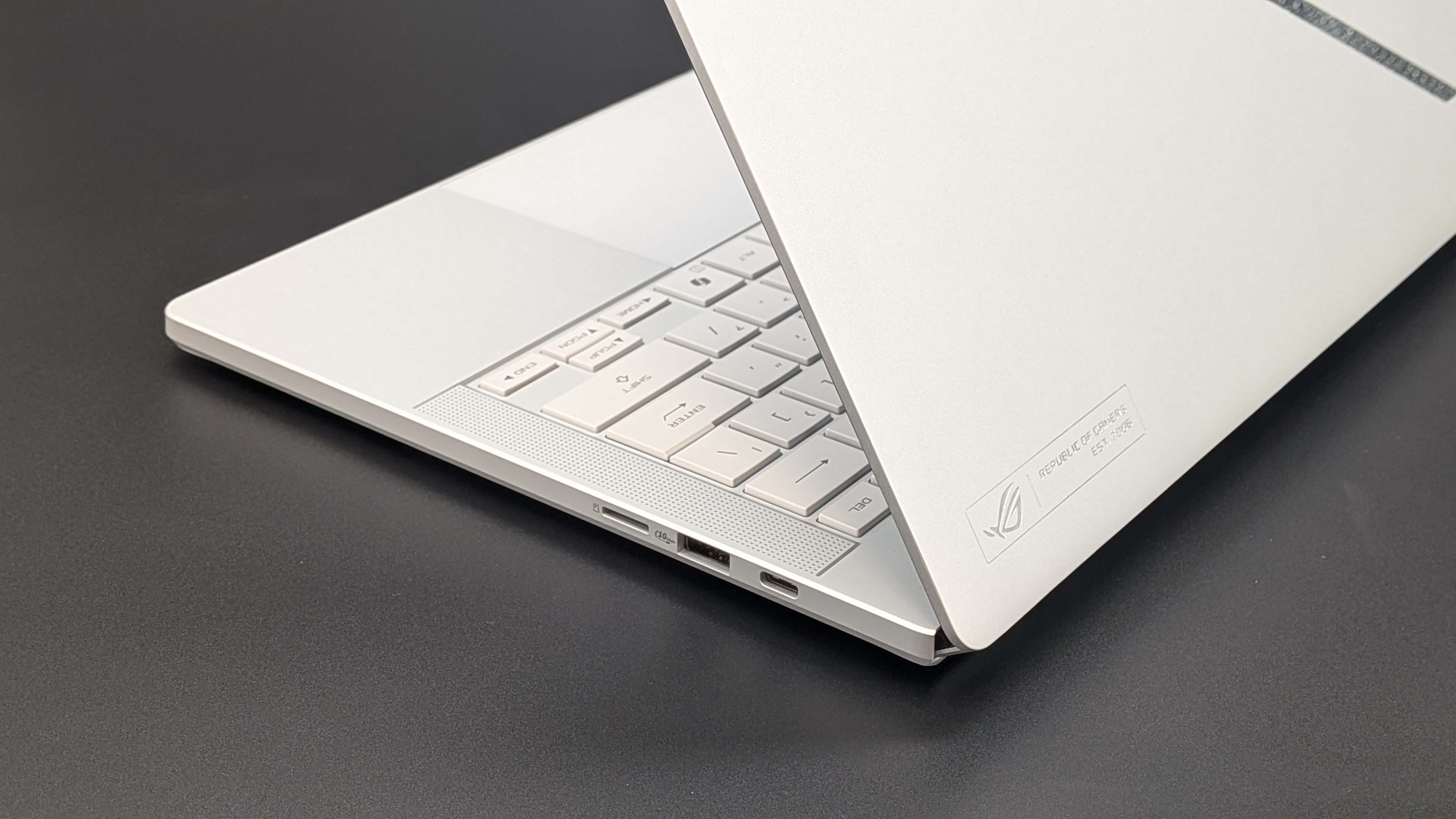
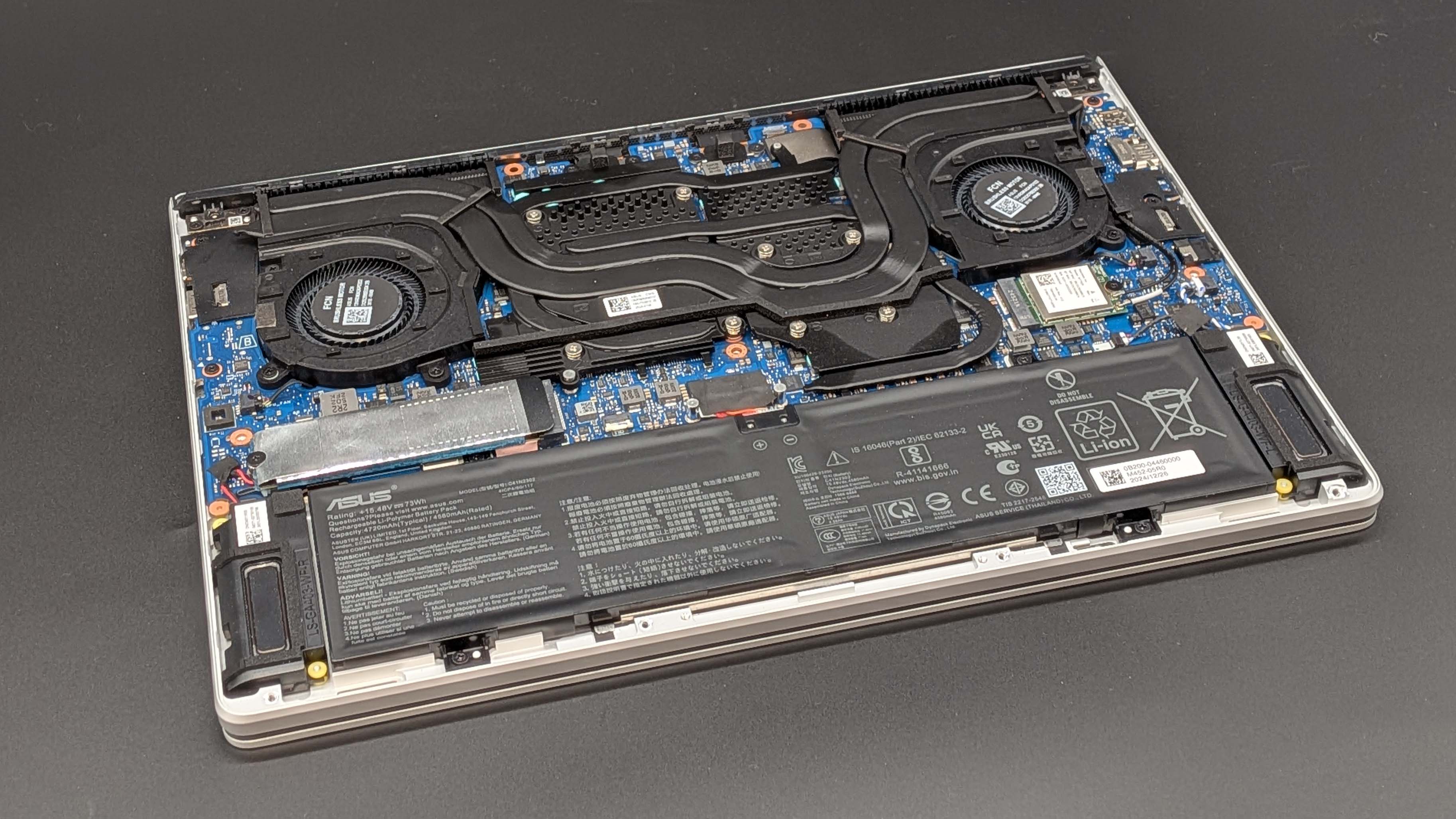
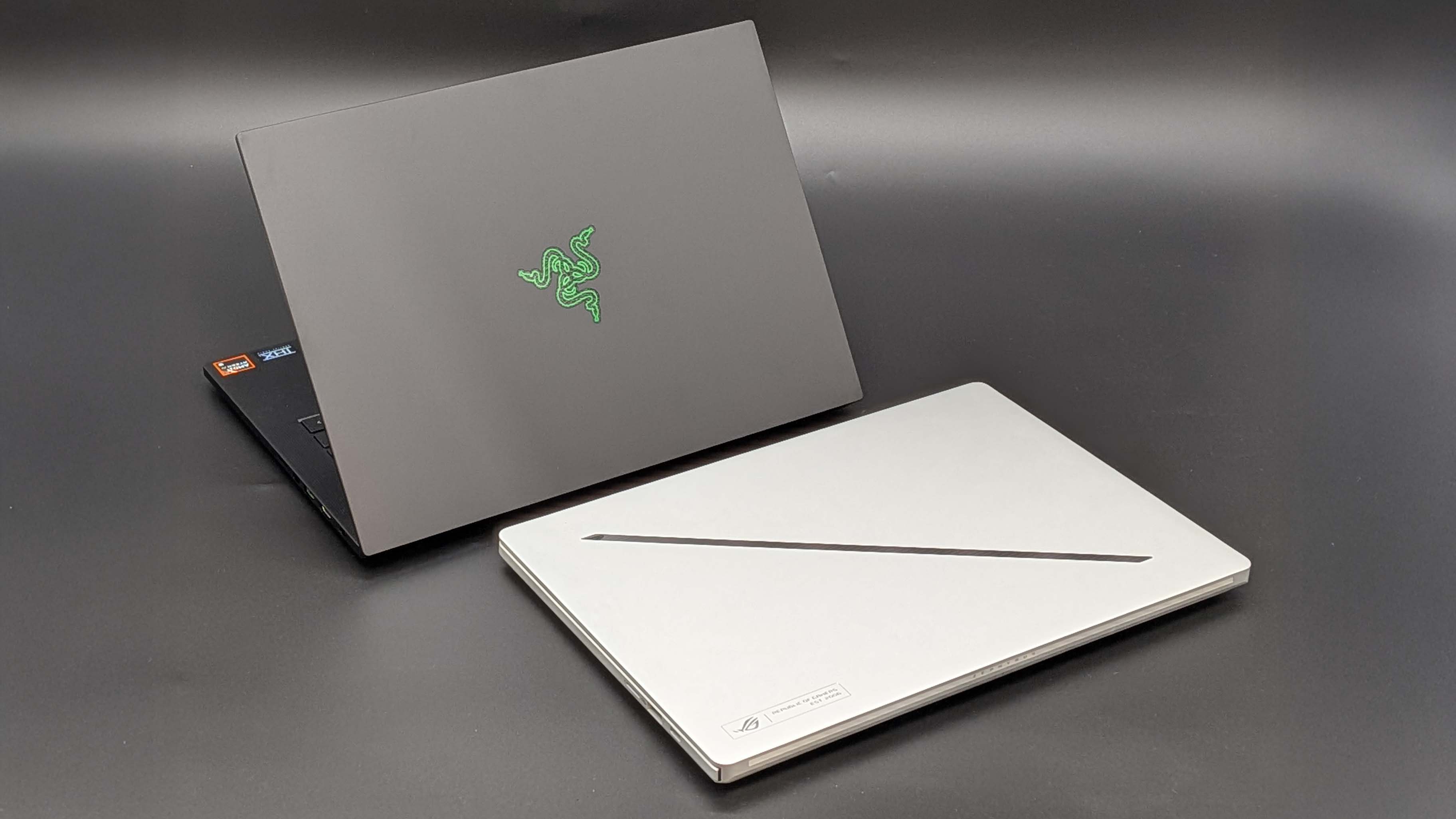
Specifications
Reasons to buy
Reasons to avoid
Dave's verdict: 83%
"The strangely inconsistent fan noise really takes the shine of this generation's G14, despite it still being a delicious device, with a beautiful OLED screen, and decent gaming performance. But with a new Blade 14 rectifying all the issues Razer's compact machine has had over the past couple of years, it certainly suffers by comparison."
Read our full Asus ROG Zephyrus G14 (2025) review.
Sturdy
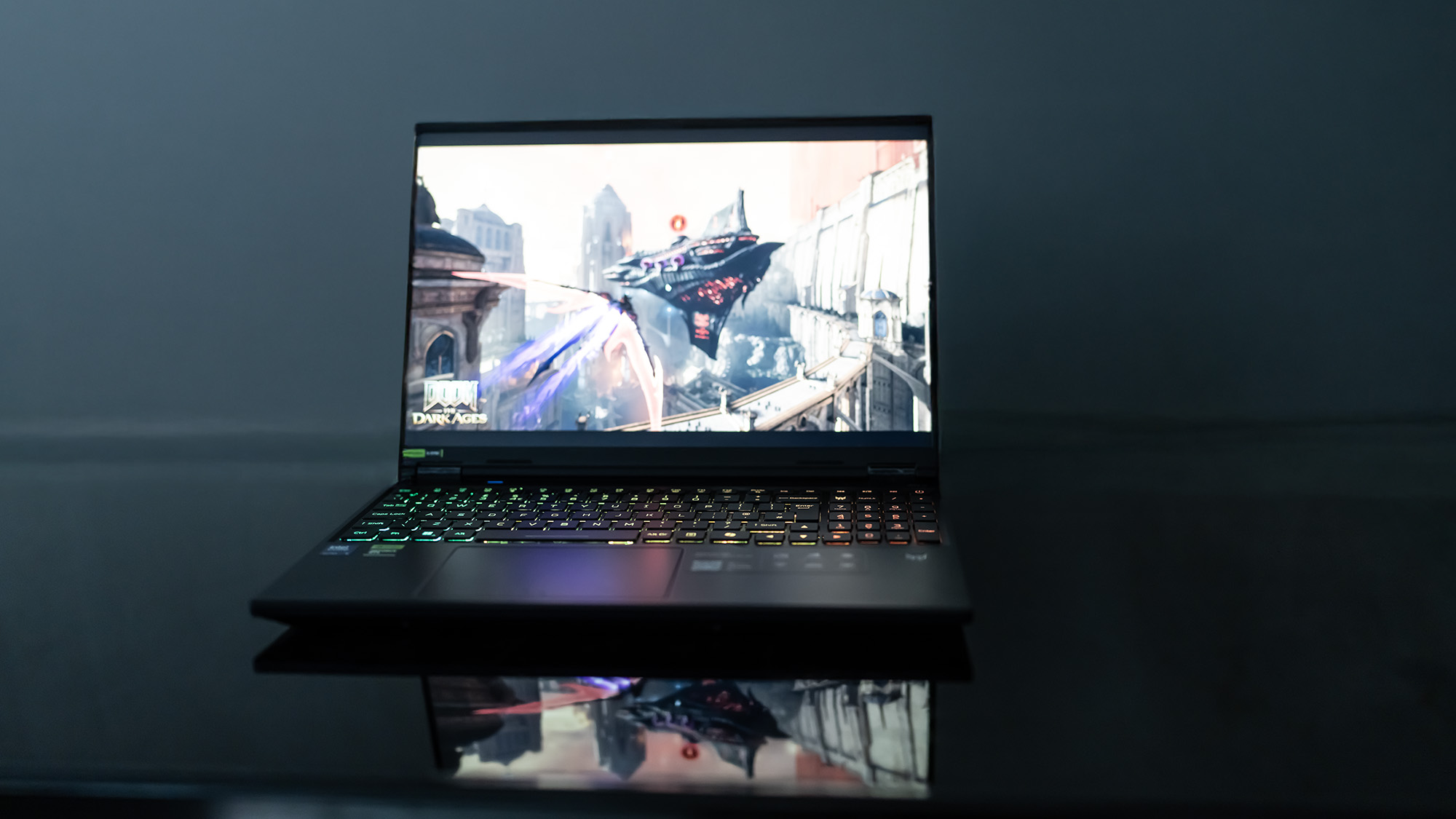
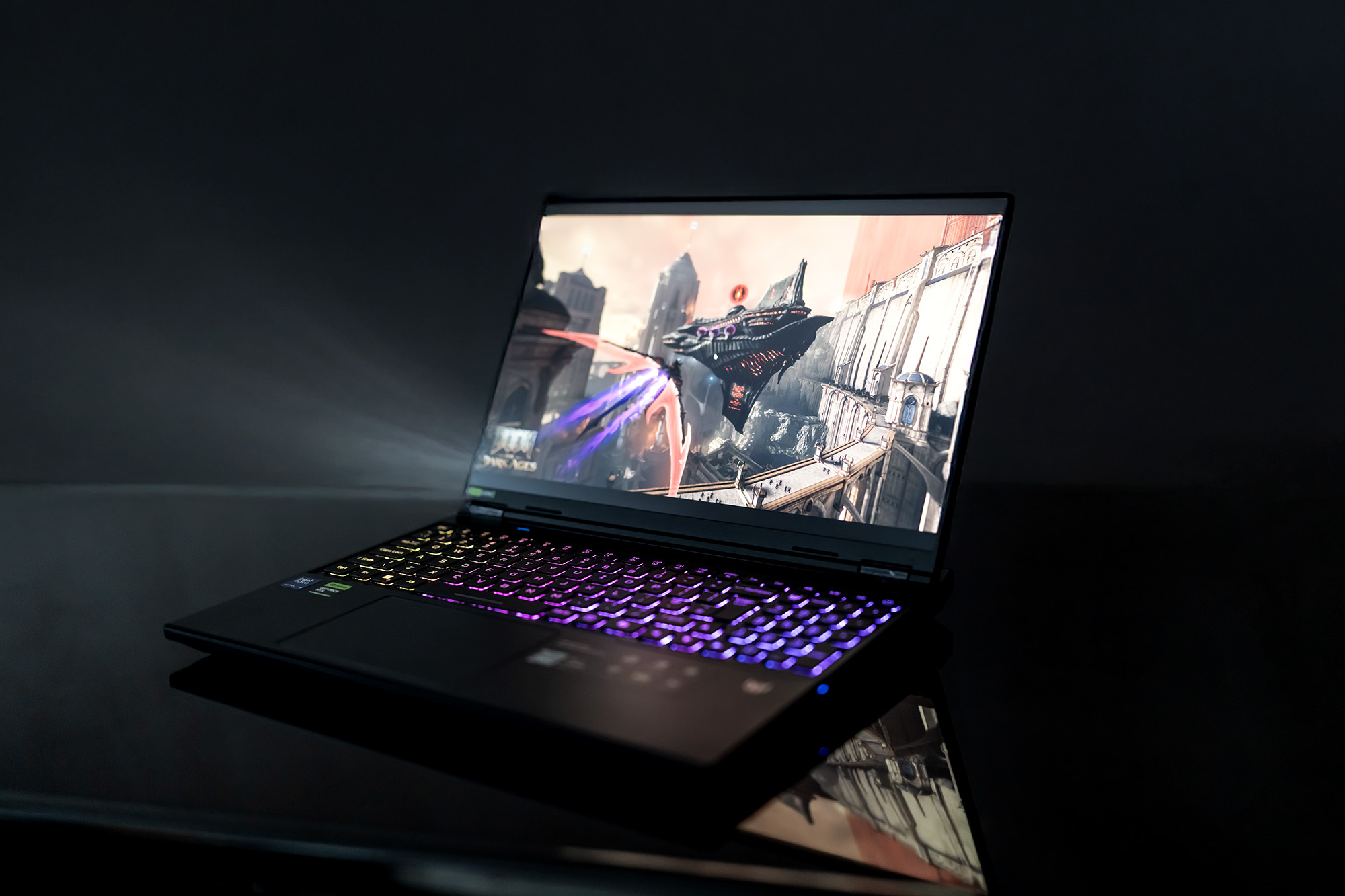
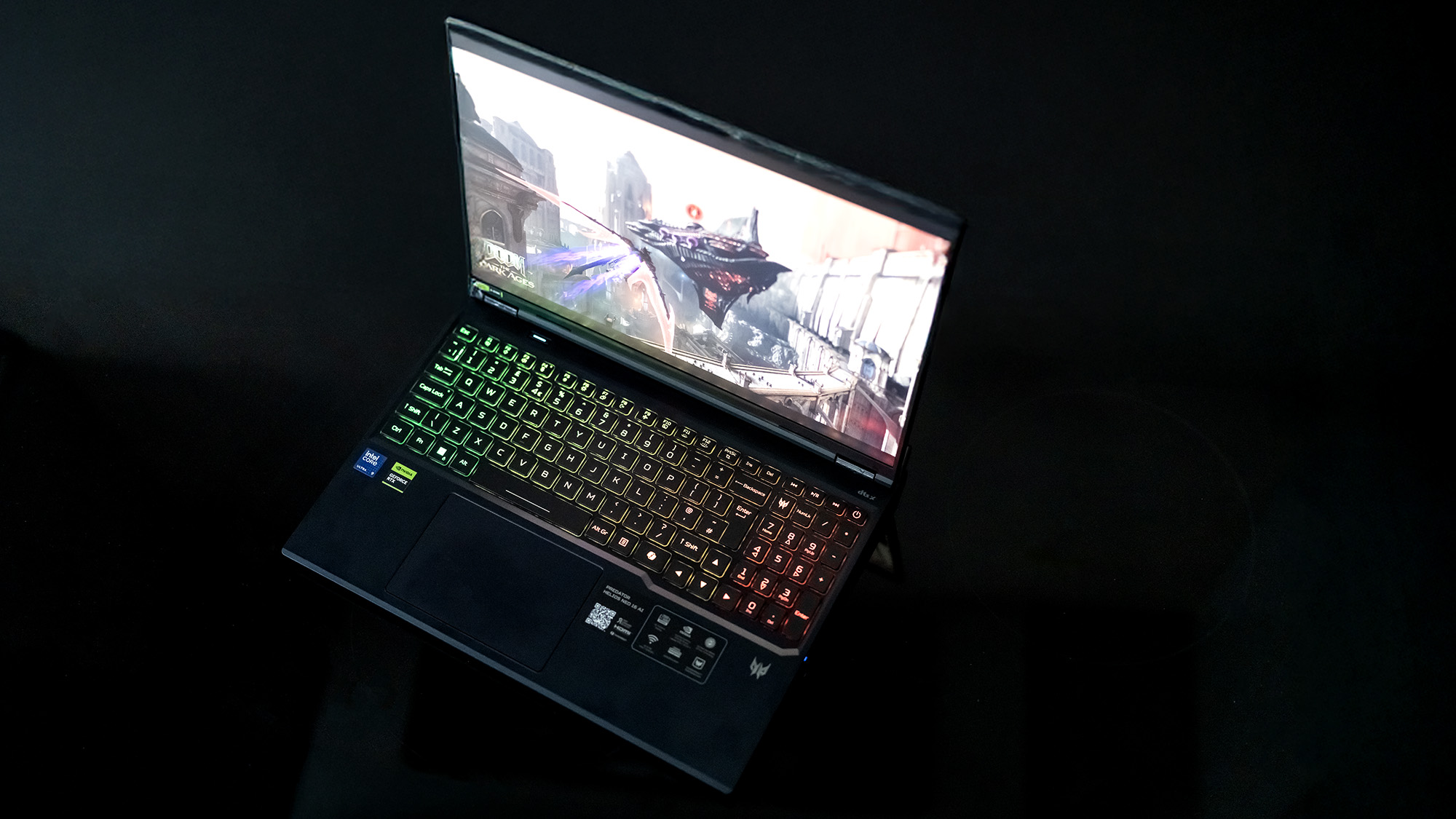
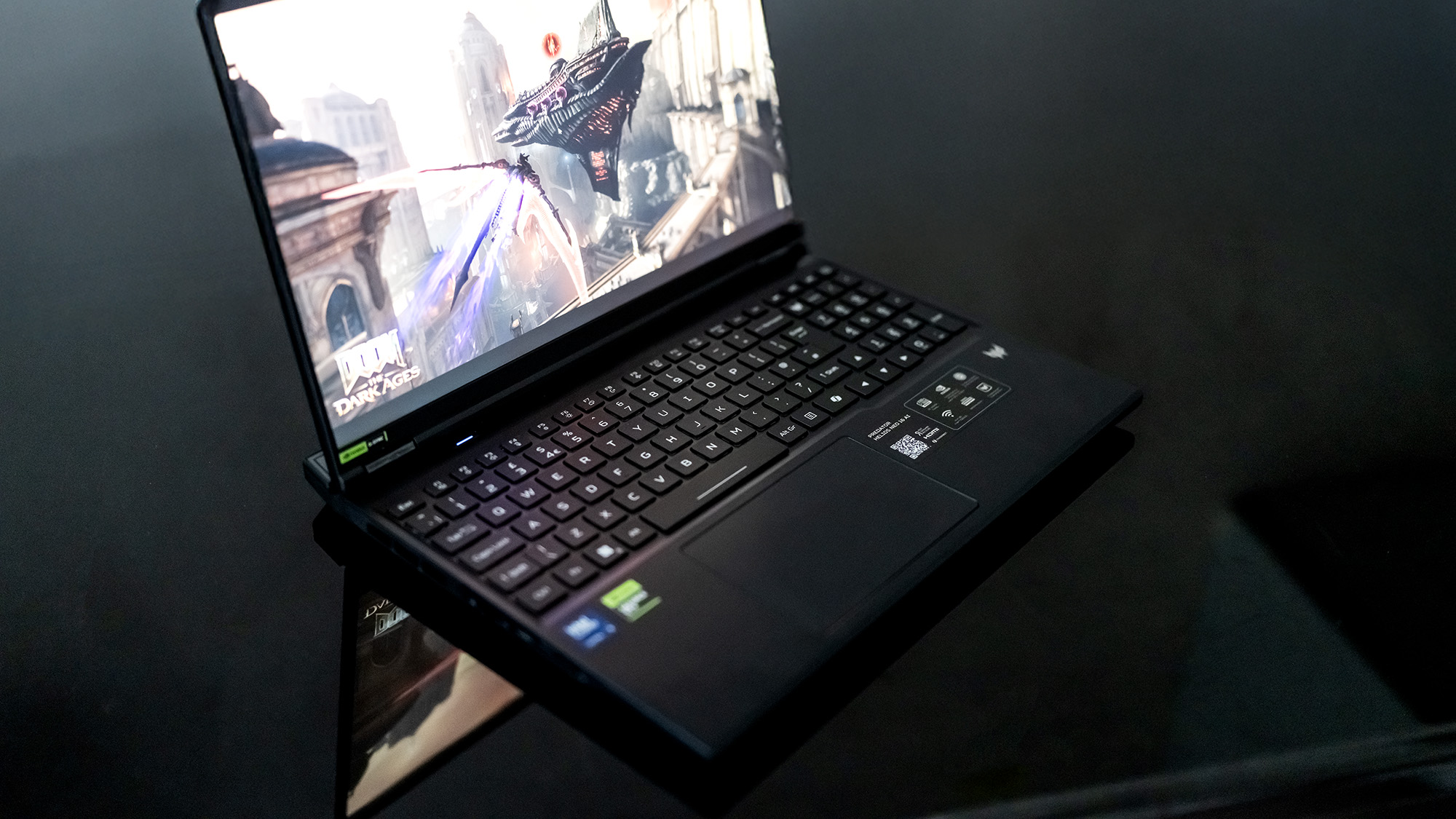
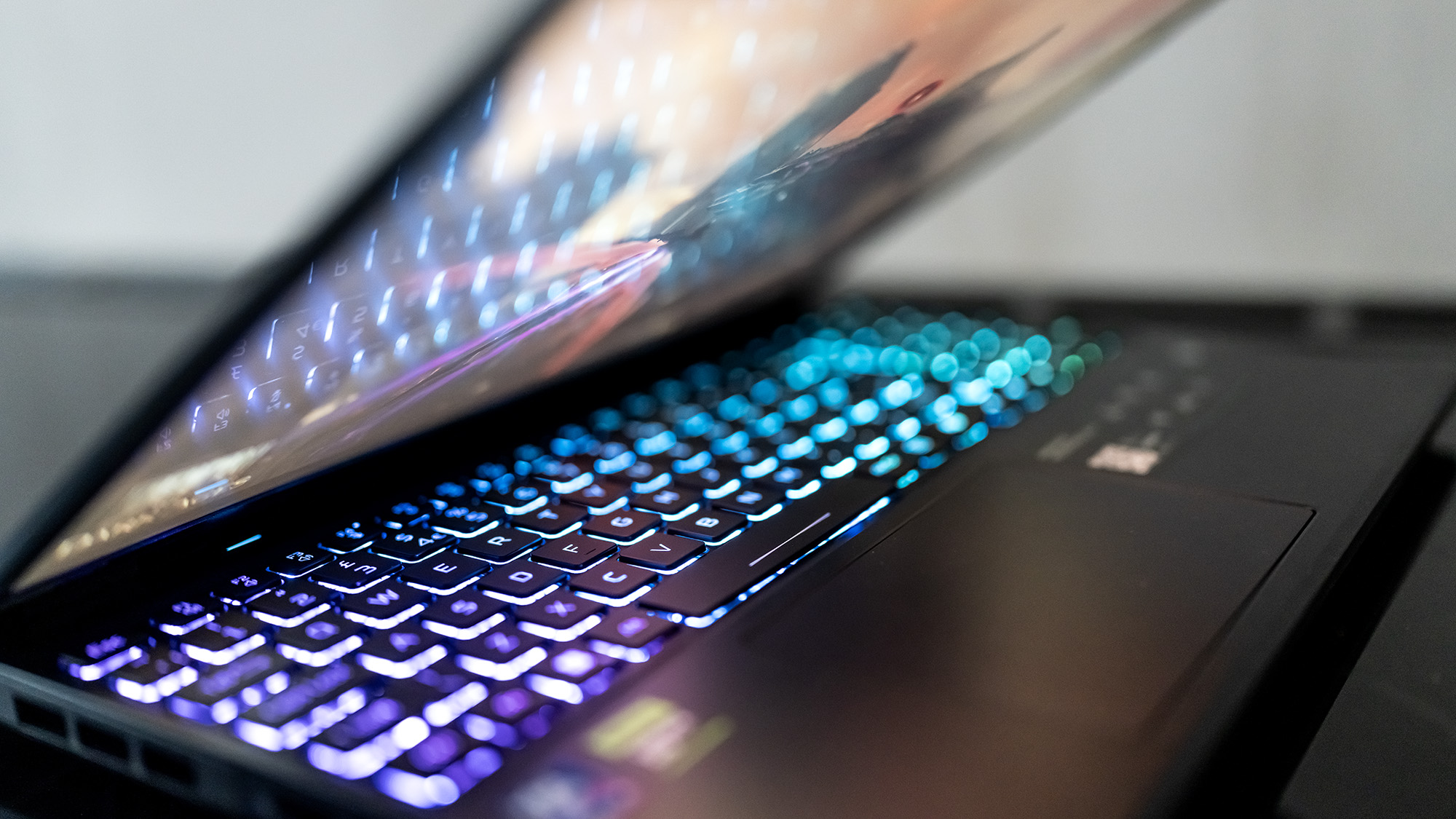
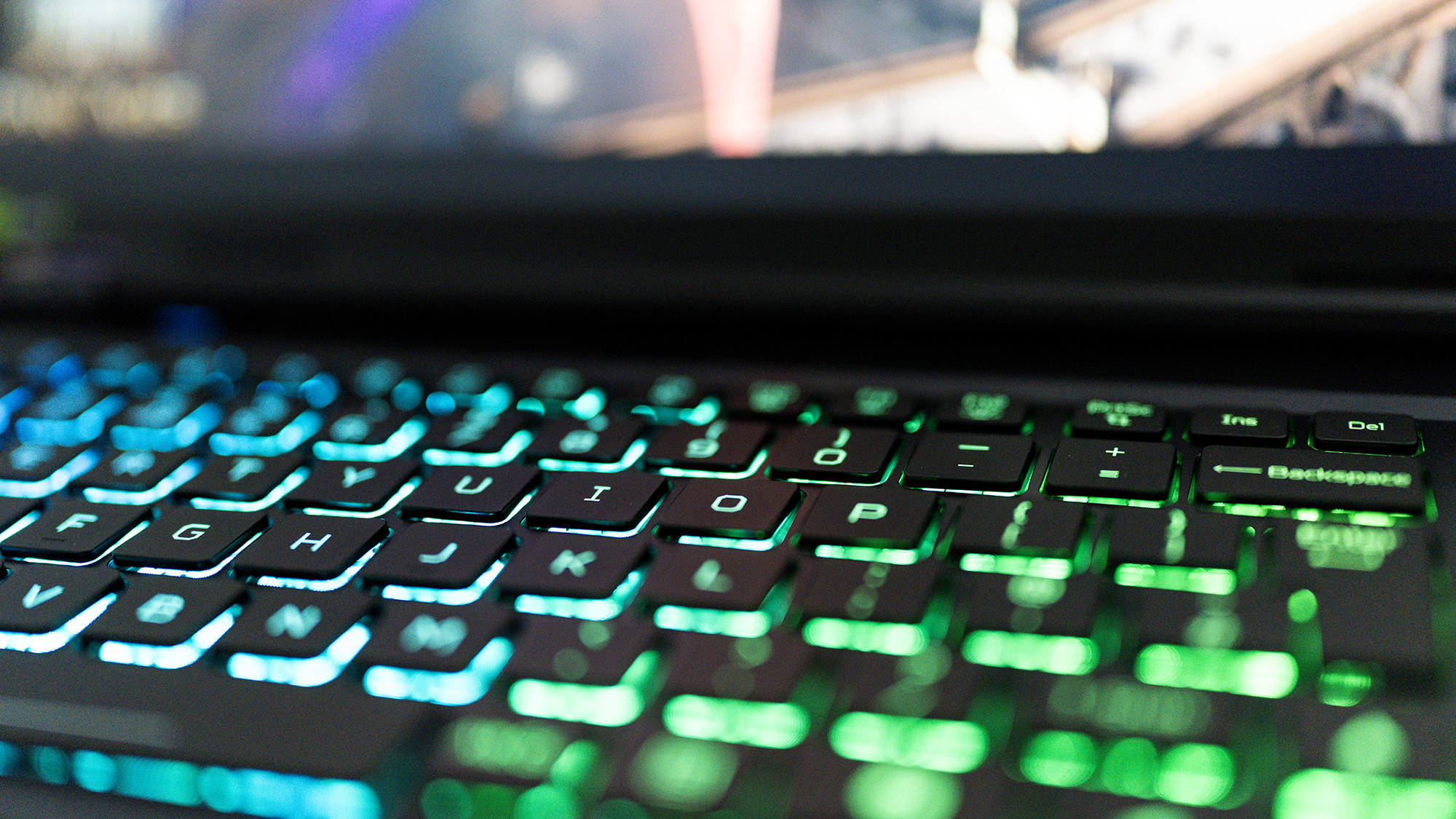
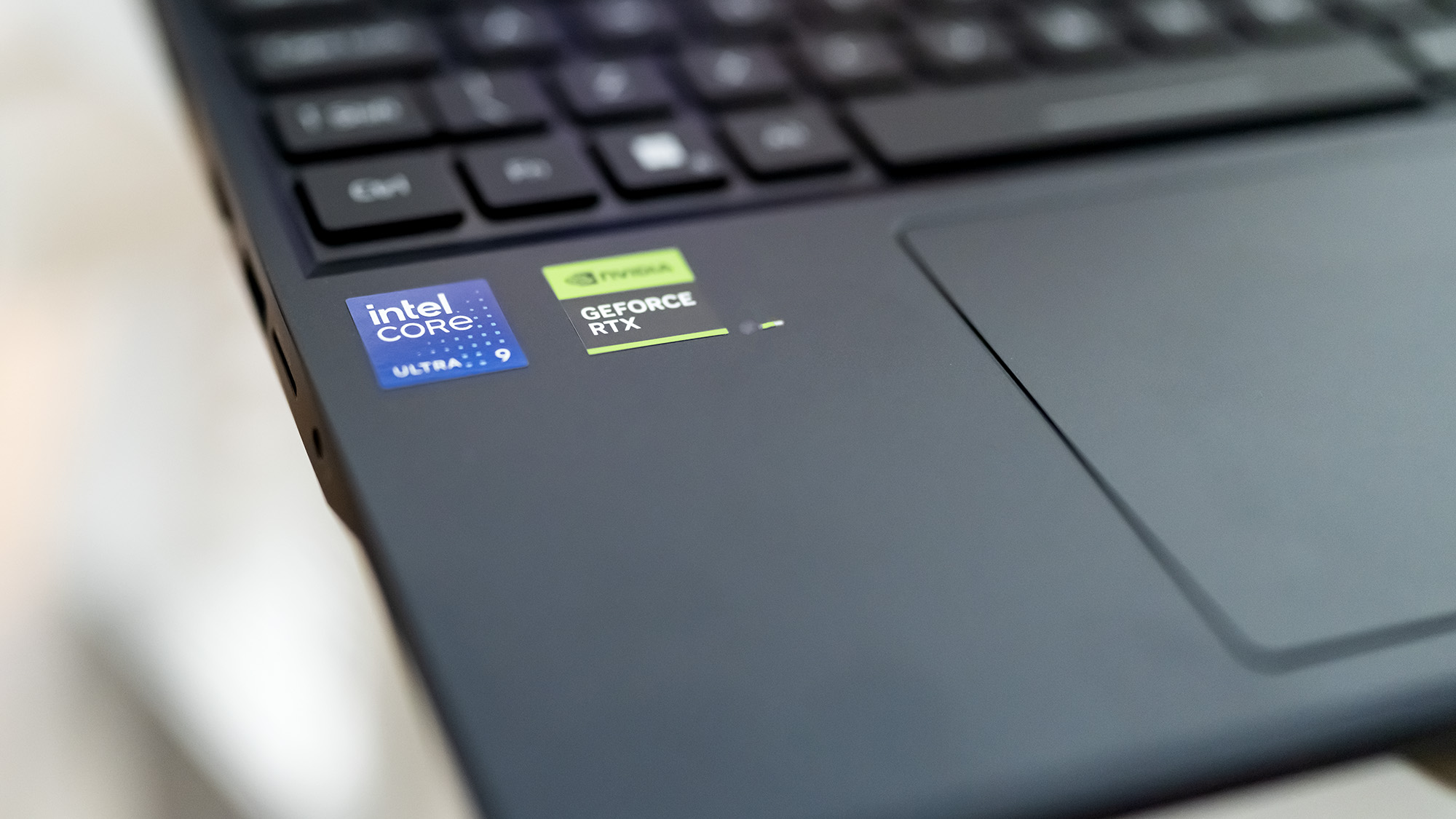
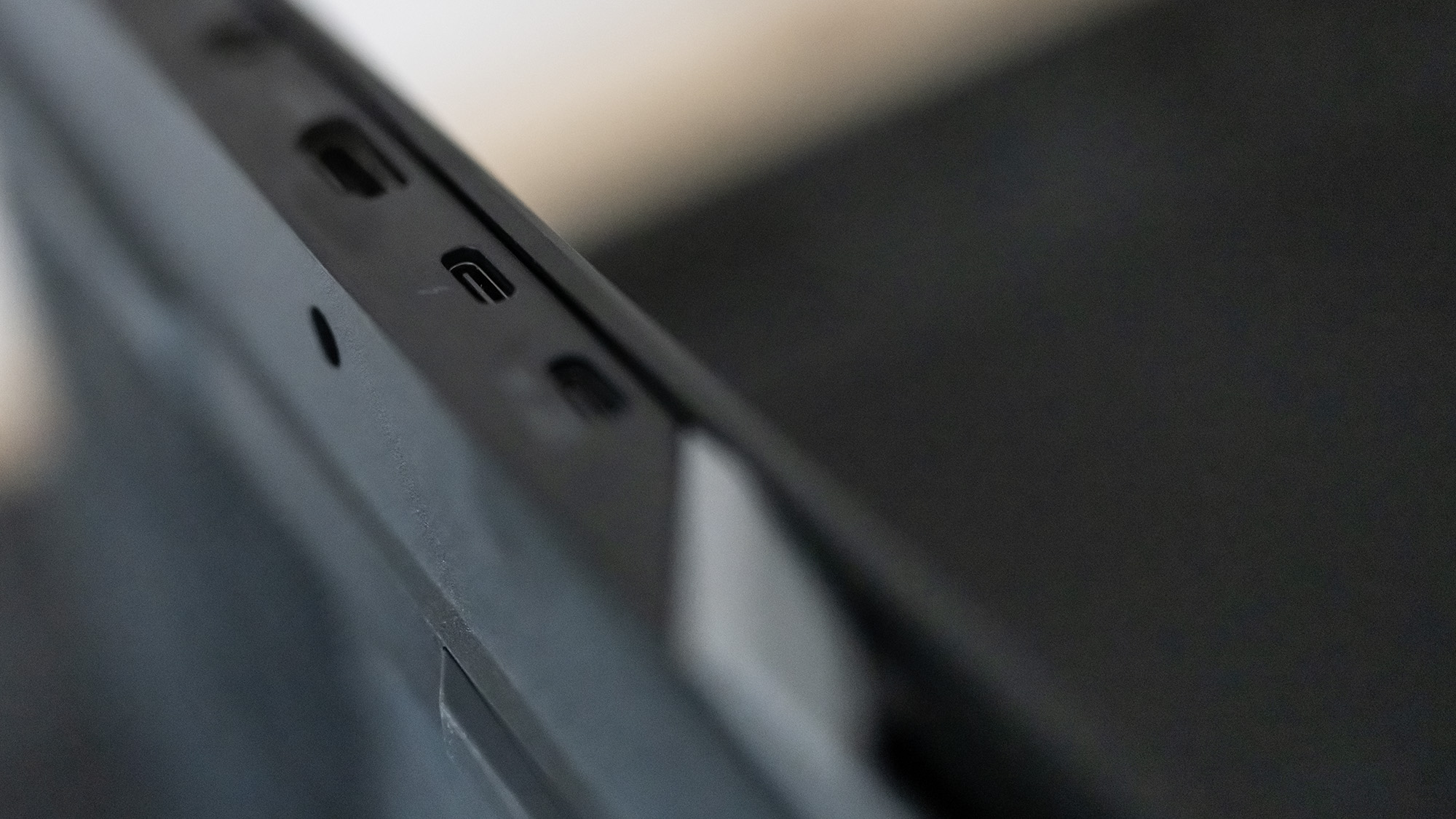
Specifications
Reasons to buy
Reasons to avoid
Ian's verdict: 81%
"A relative bargain among today's top-end gaming laptops, the 2025 Acer Predator Helios 16 offers solid performance and exceptional screen brightness with the usual drawbacks of running hot and having almost no battery life."
Read our full Acer Predator Helios Neo 16 AI review.
Budget boi
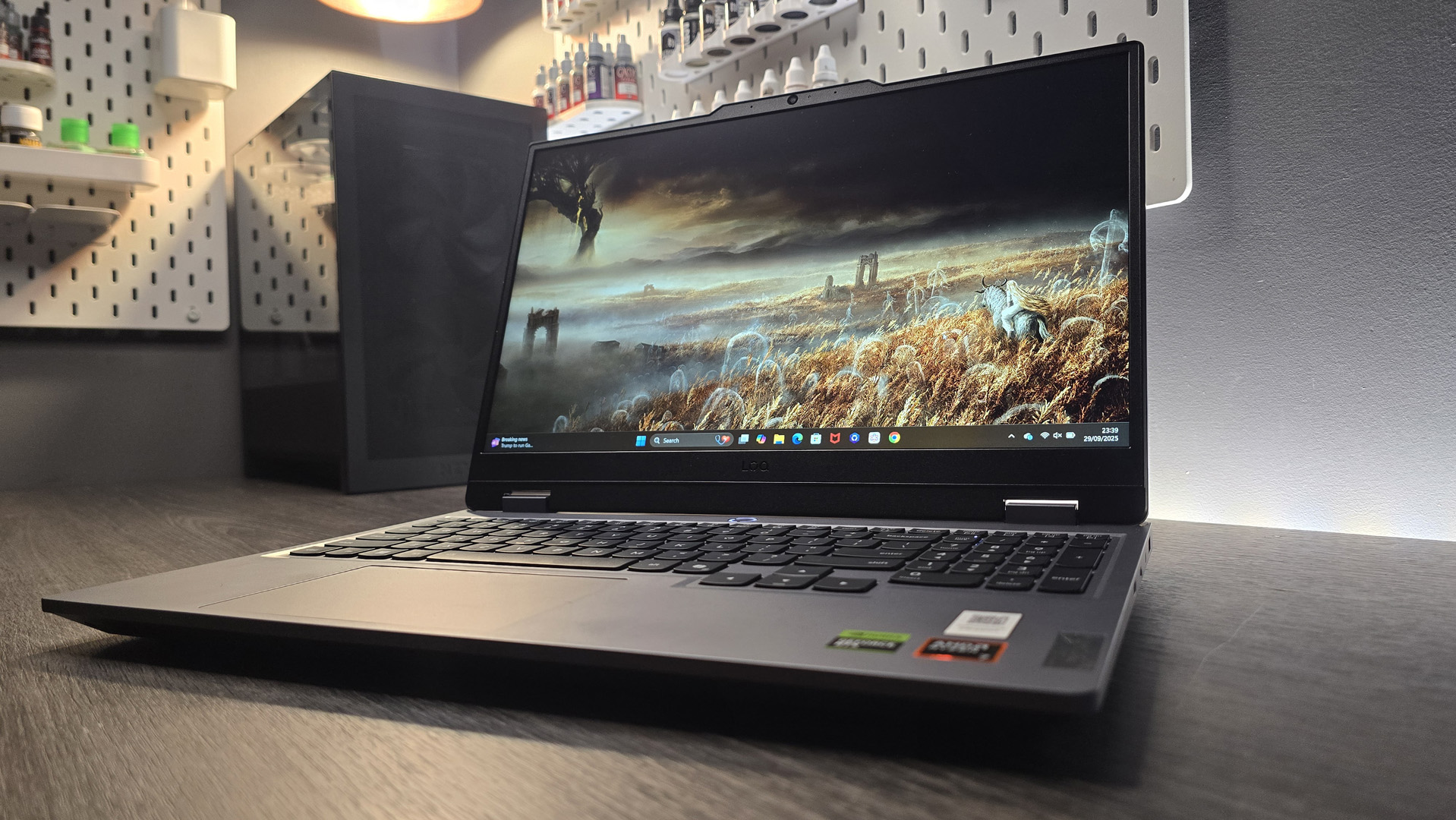
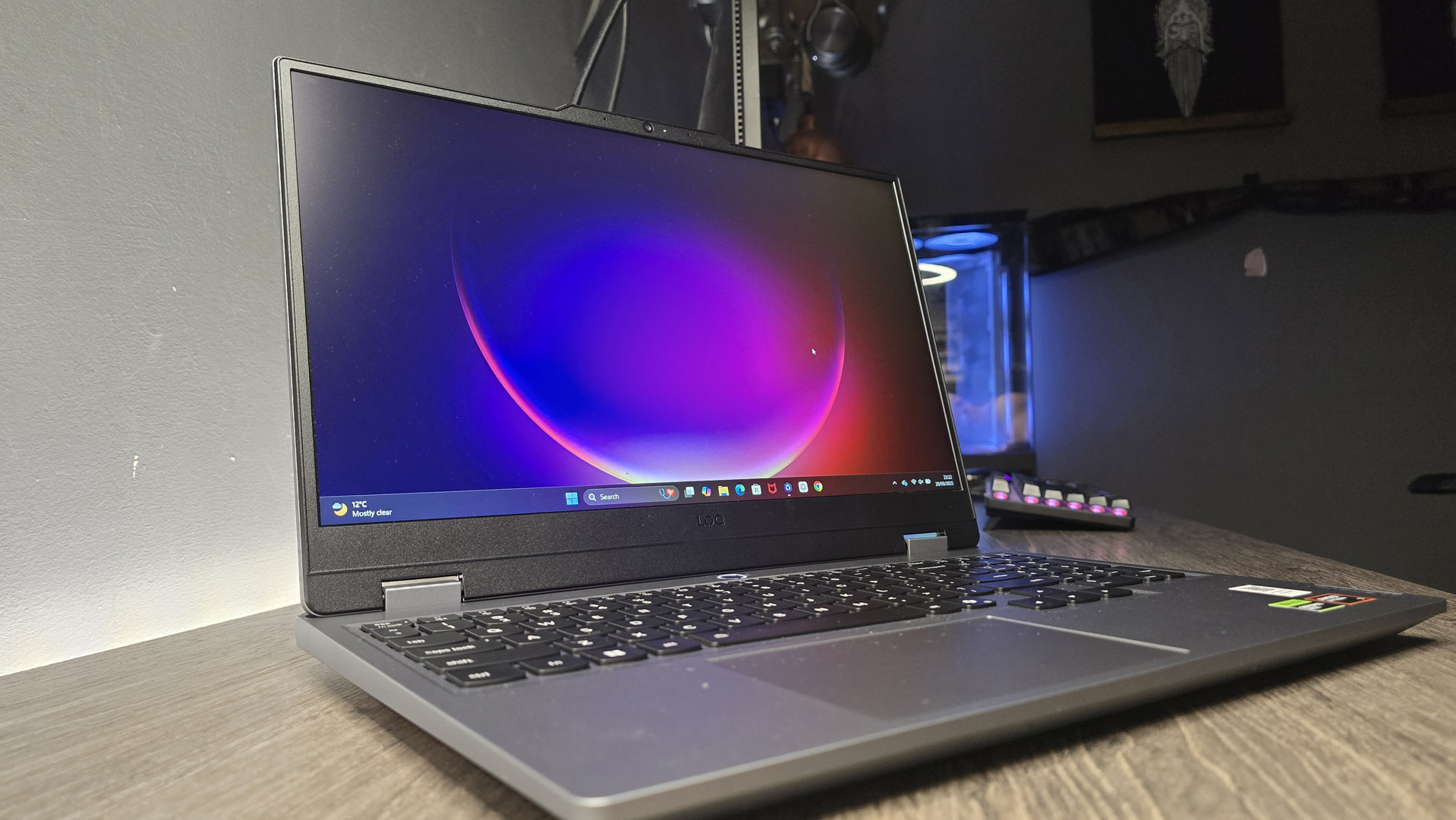
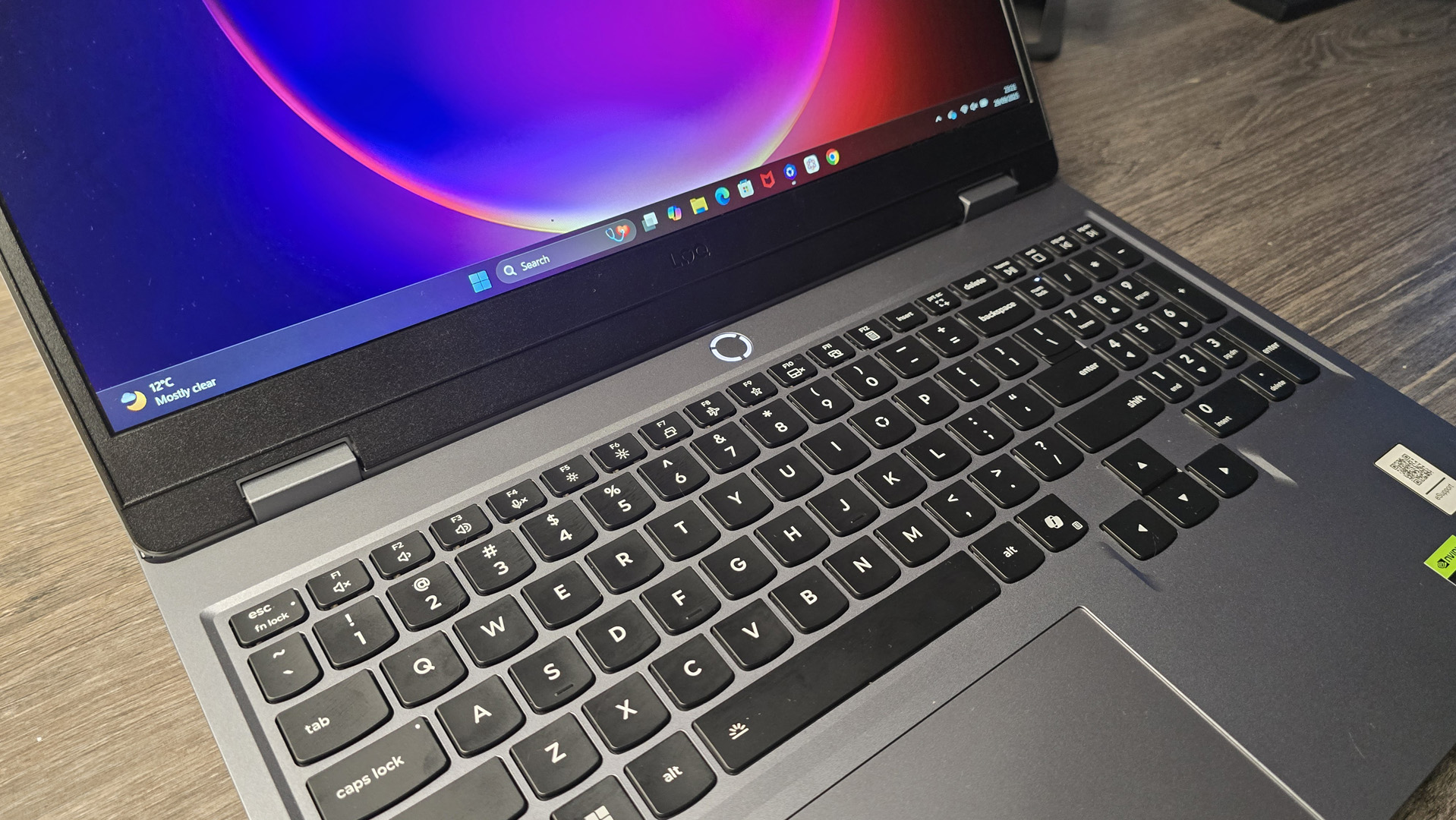
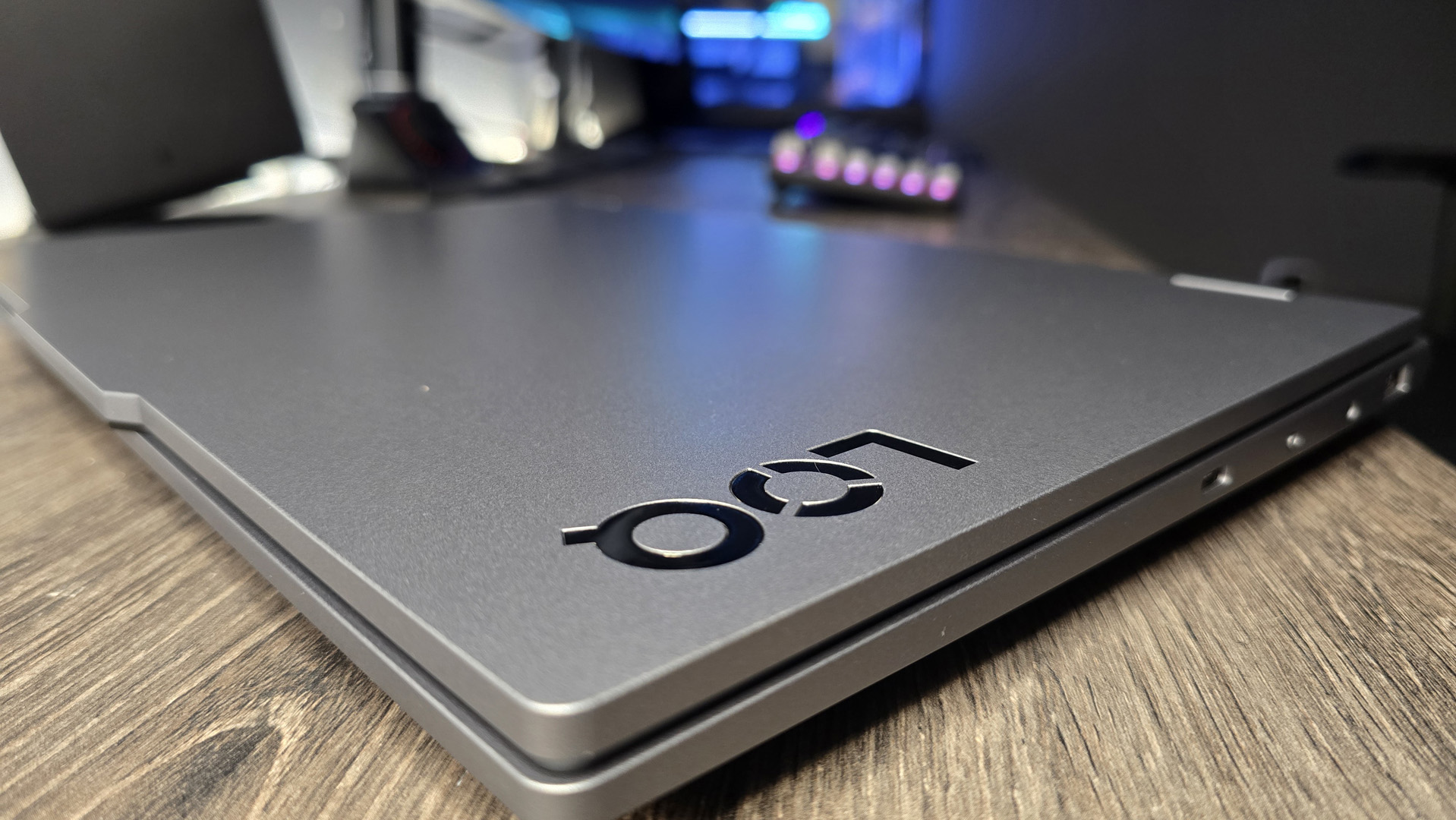
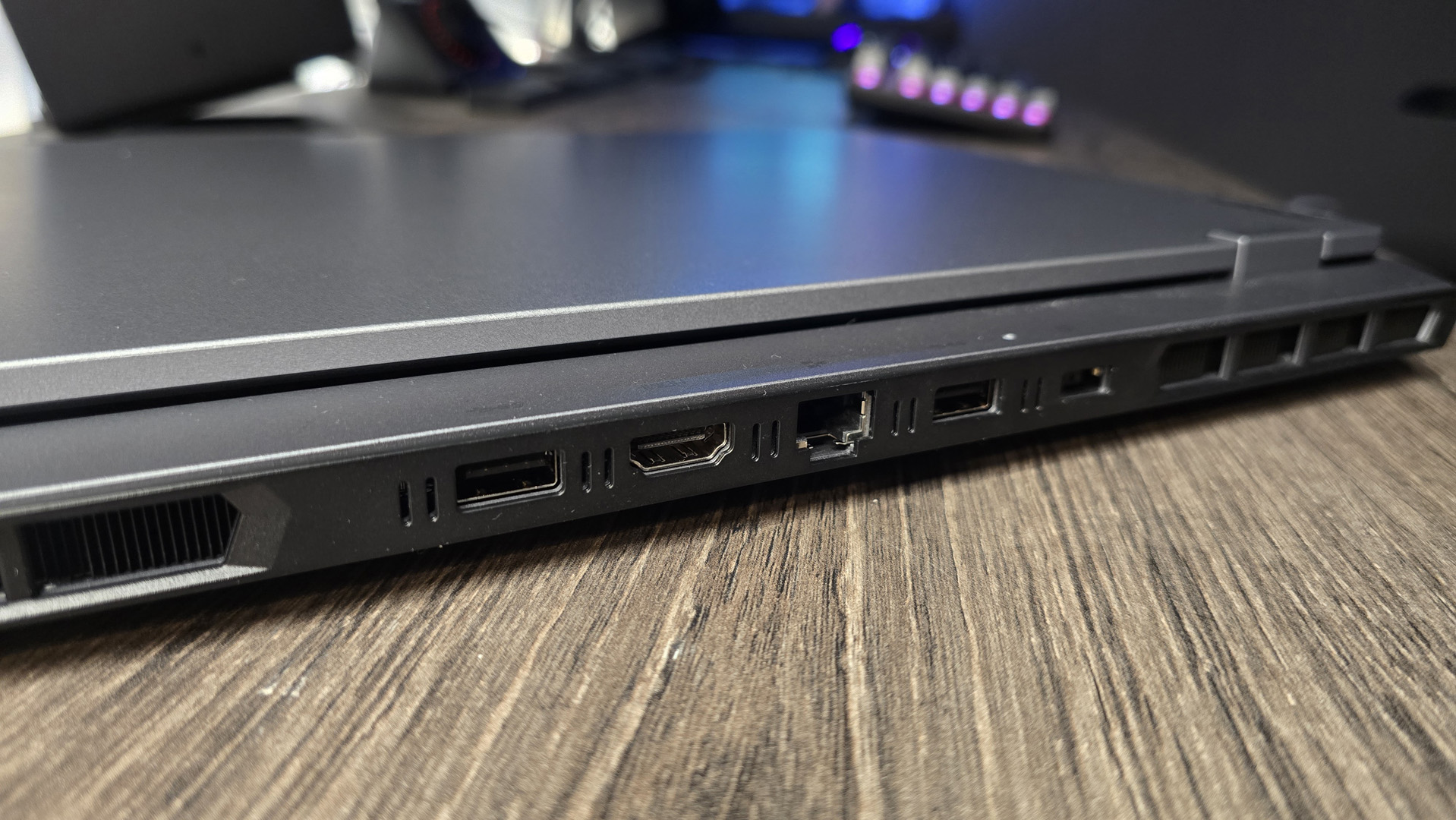
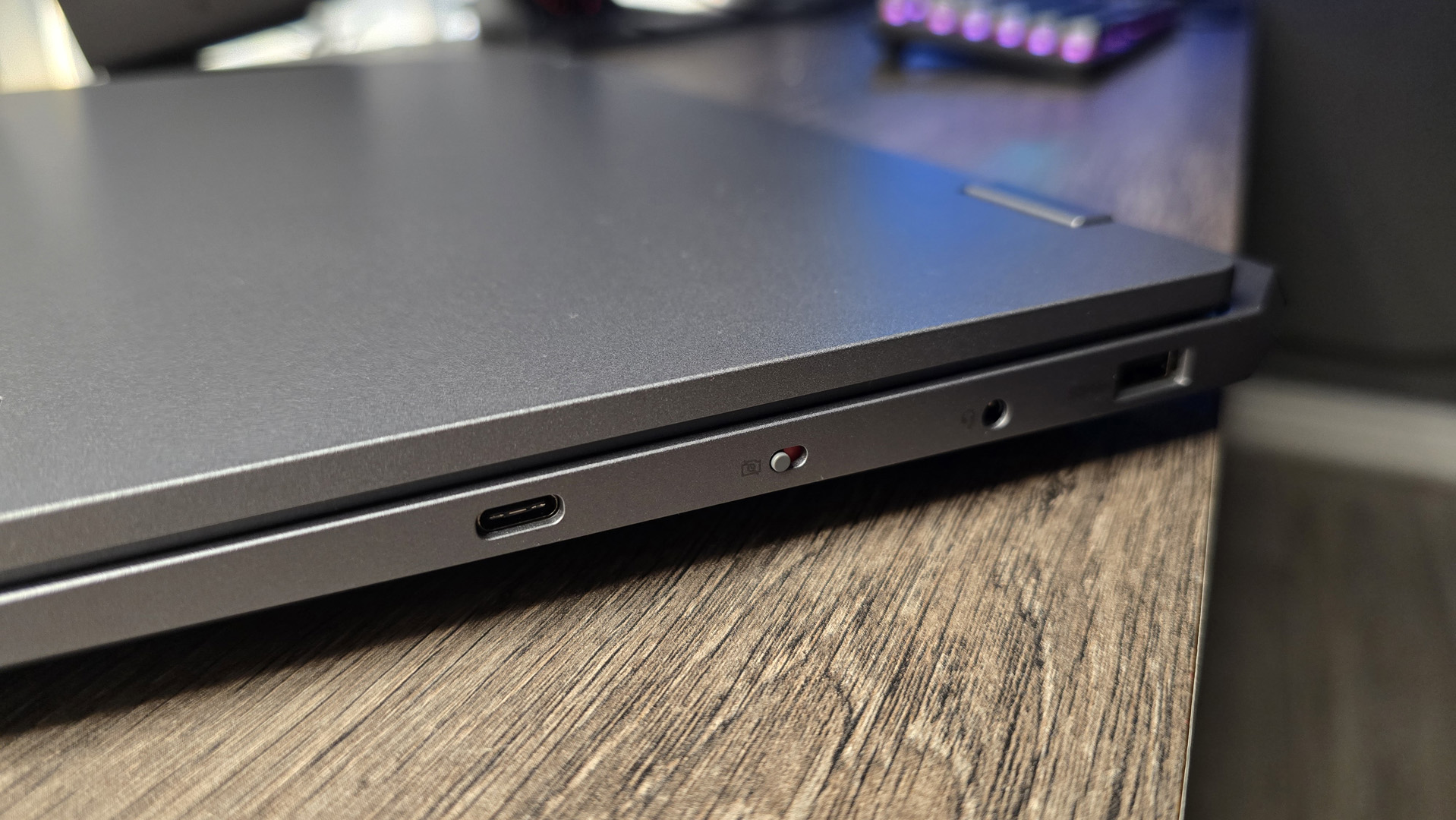
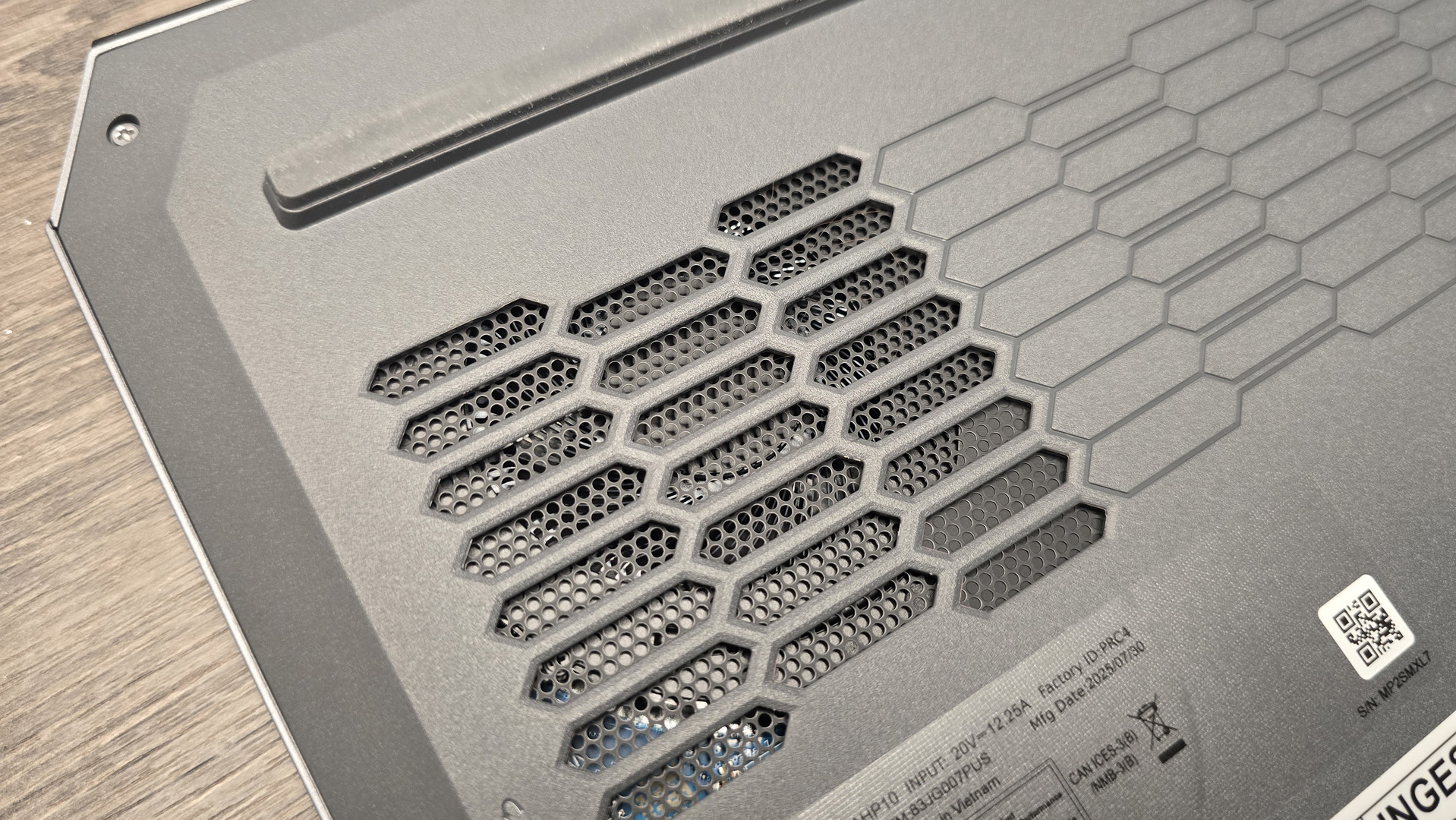
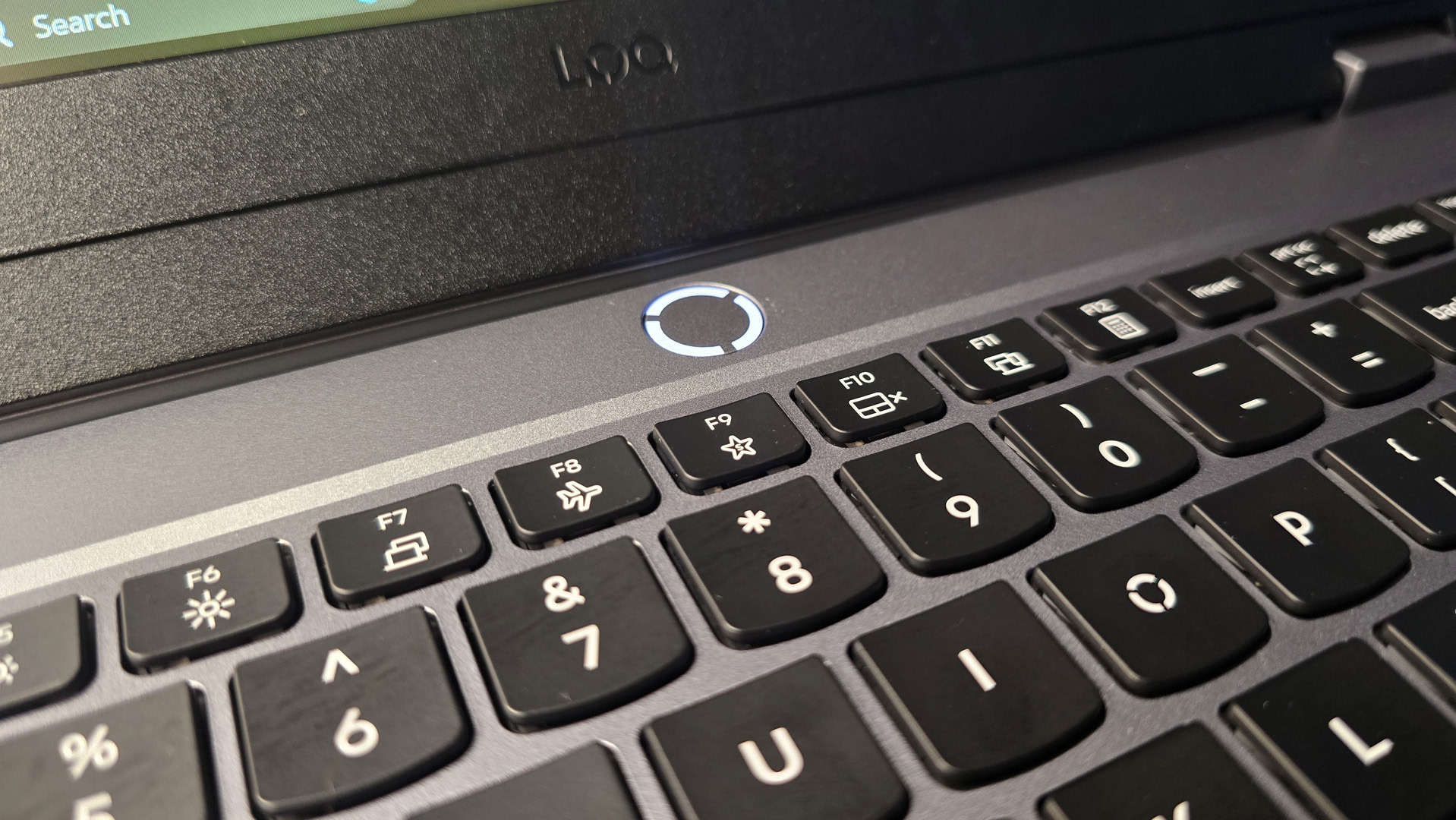
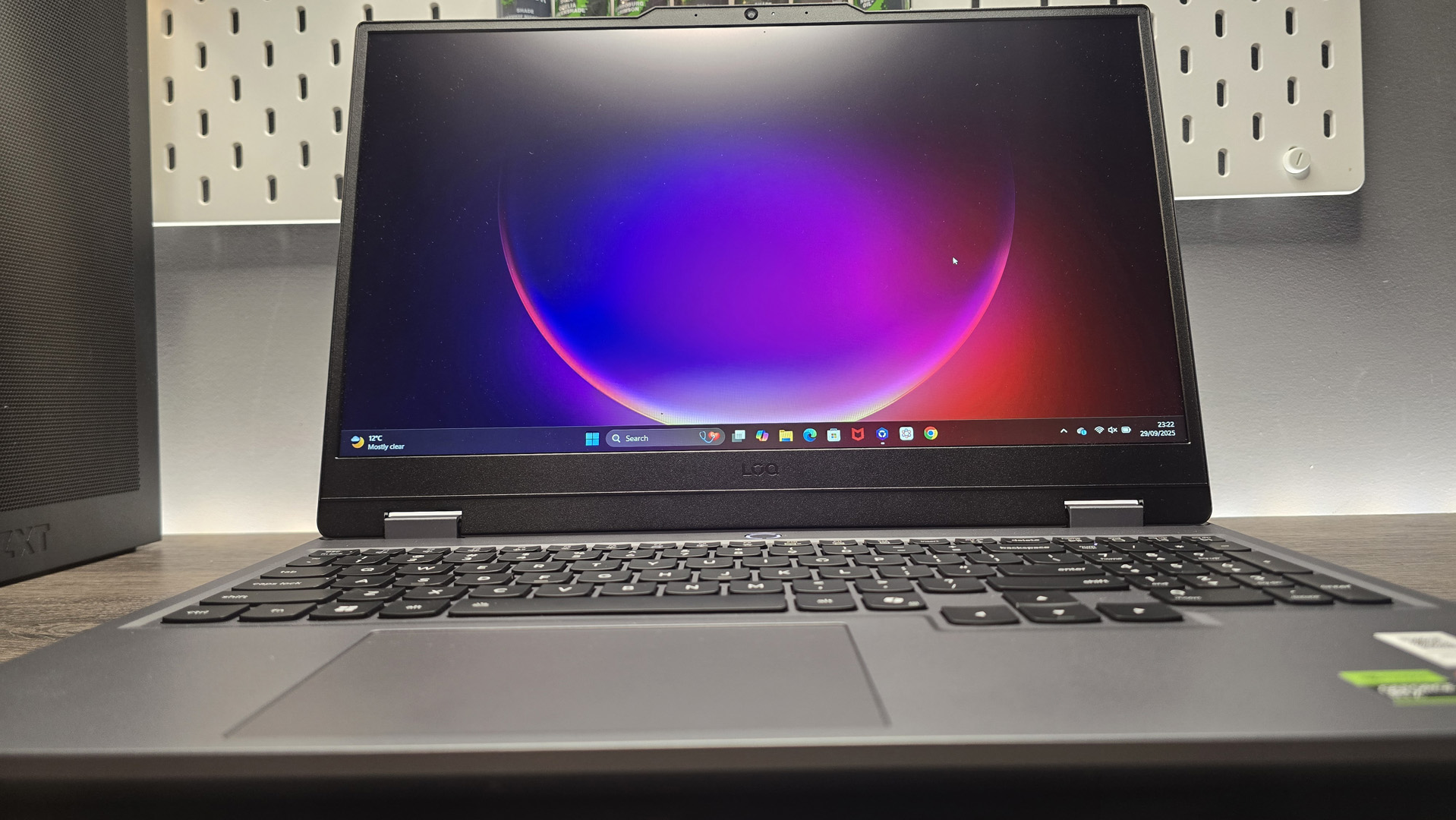
Specifications
Reasons to buy
Reasons to avoid
Zak's verdict: 81%
"Lenovo's hit the mark just right on three things in particular. The graphics card. The screen. The build quality. It's exceptional in those elements and delivers excellent 1080p gaming performance. Sadly, however, due to what are assumedly cost-cutting measures on the RAM and SSD front, it doesn't quite nail the landing with its entry-level model."
Read our full Lenovo LOQ 15 Gen 10 review.
That chassis
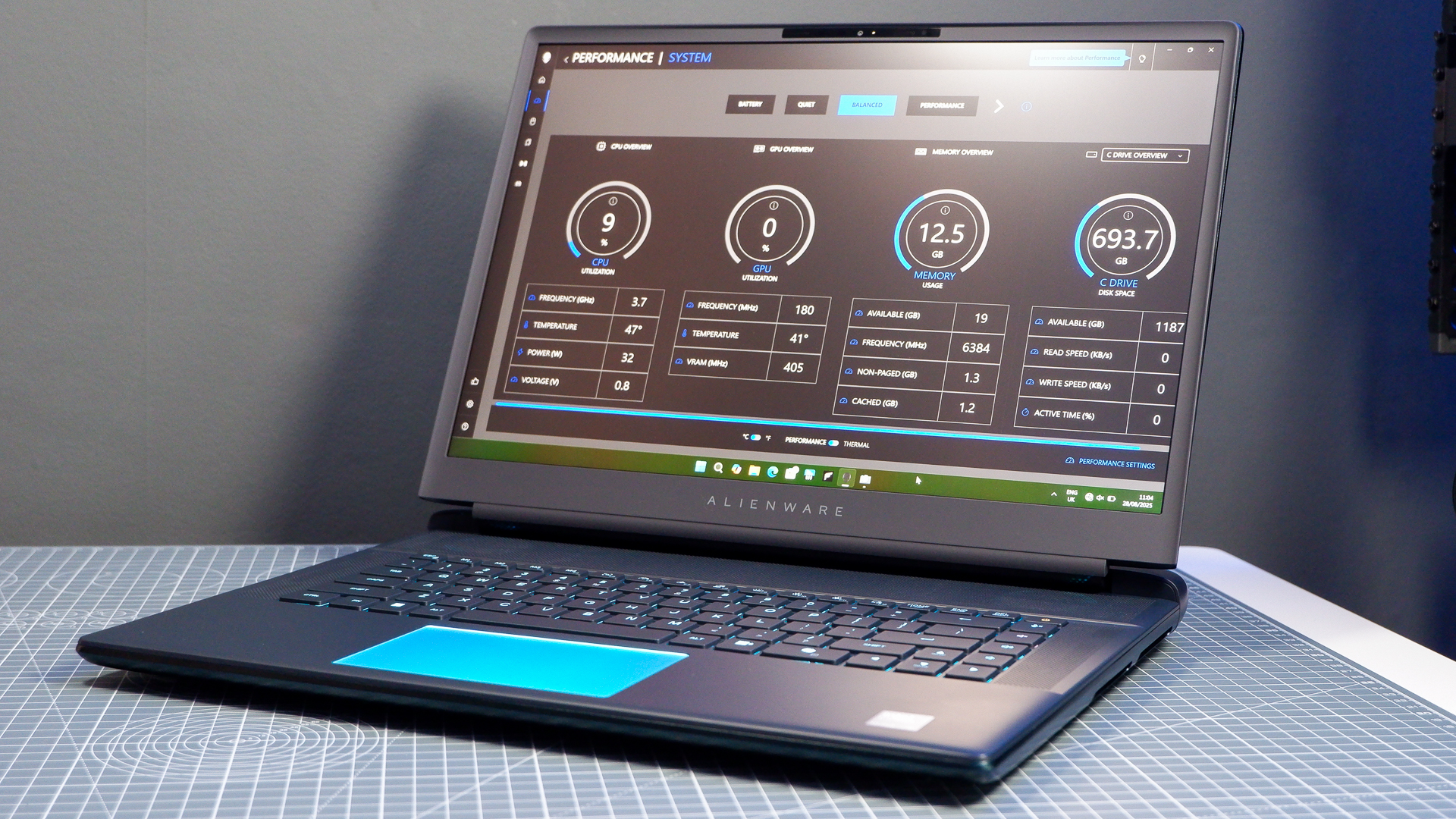
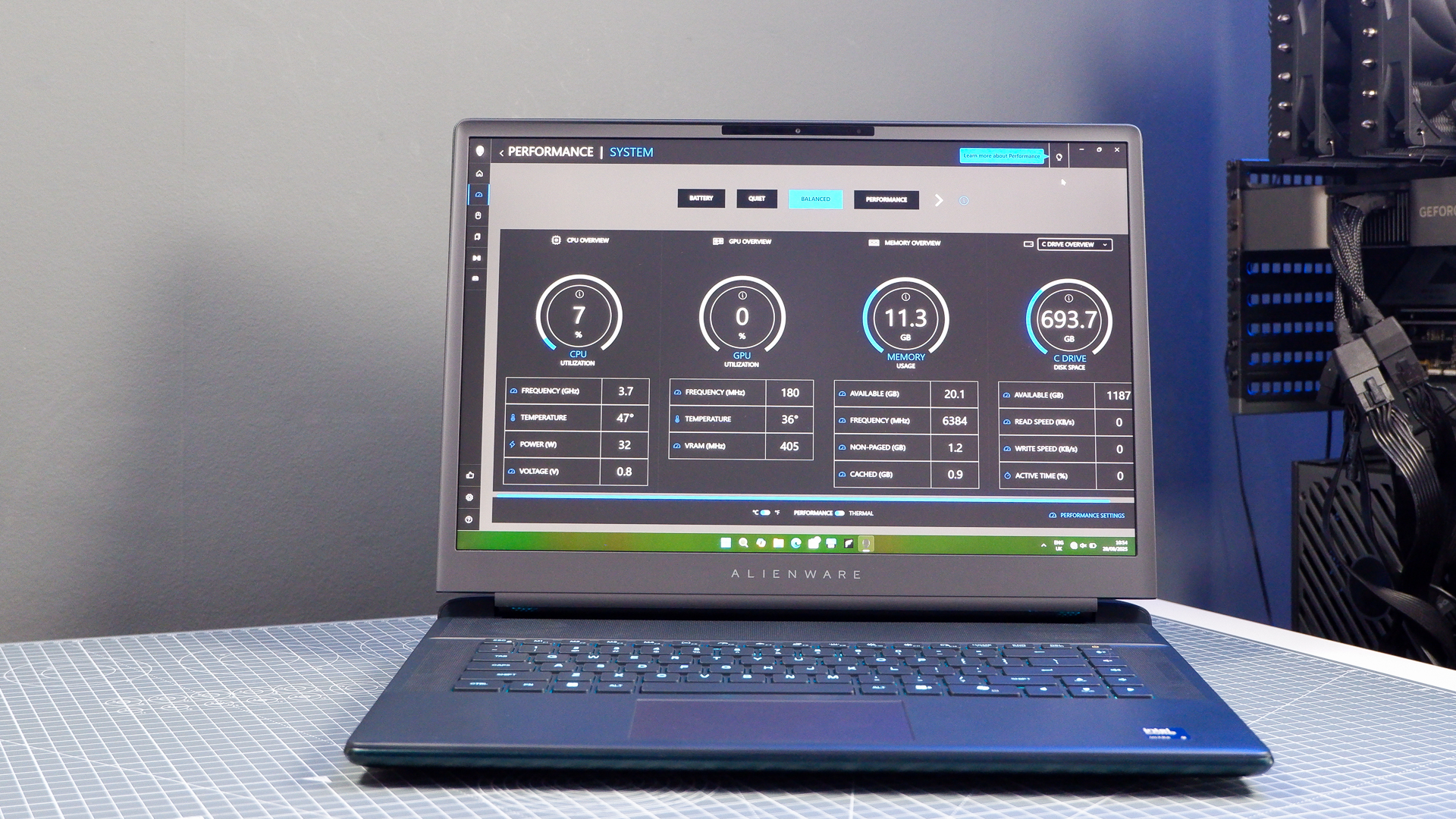
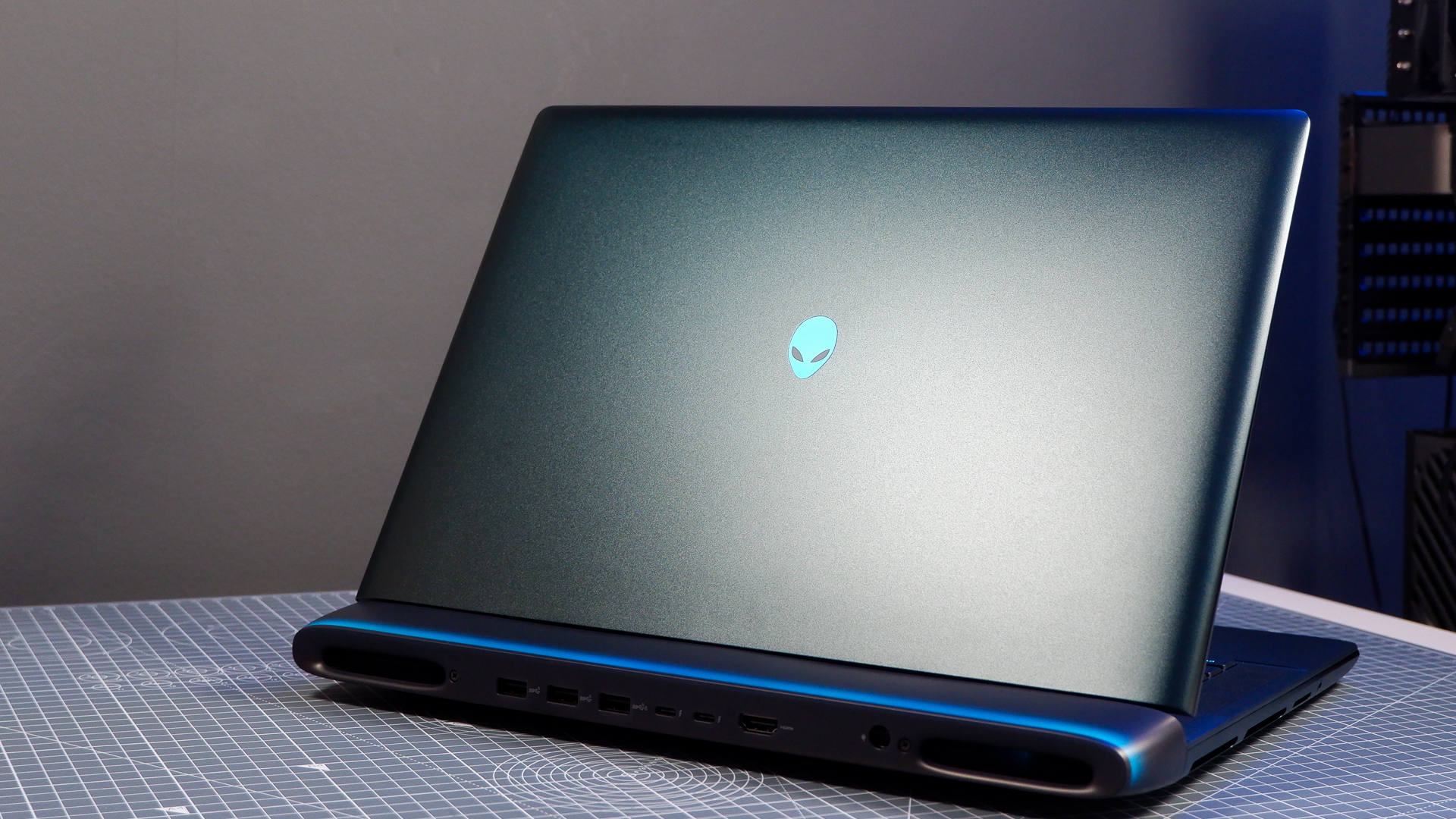
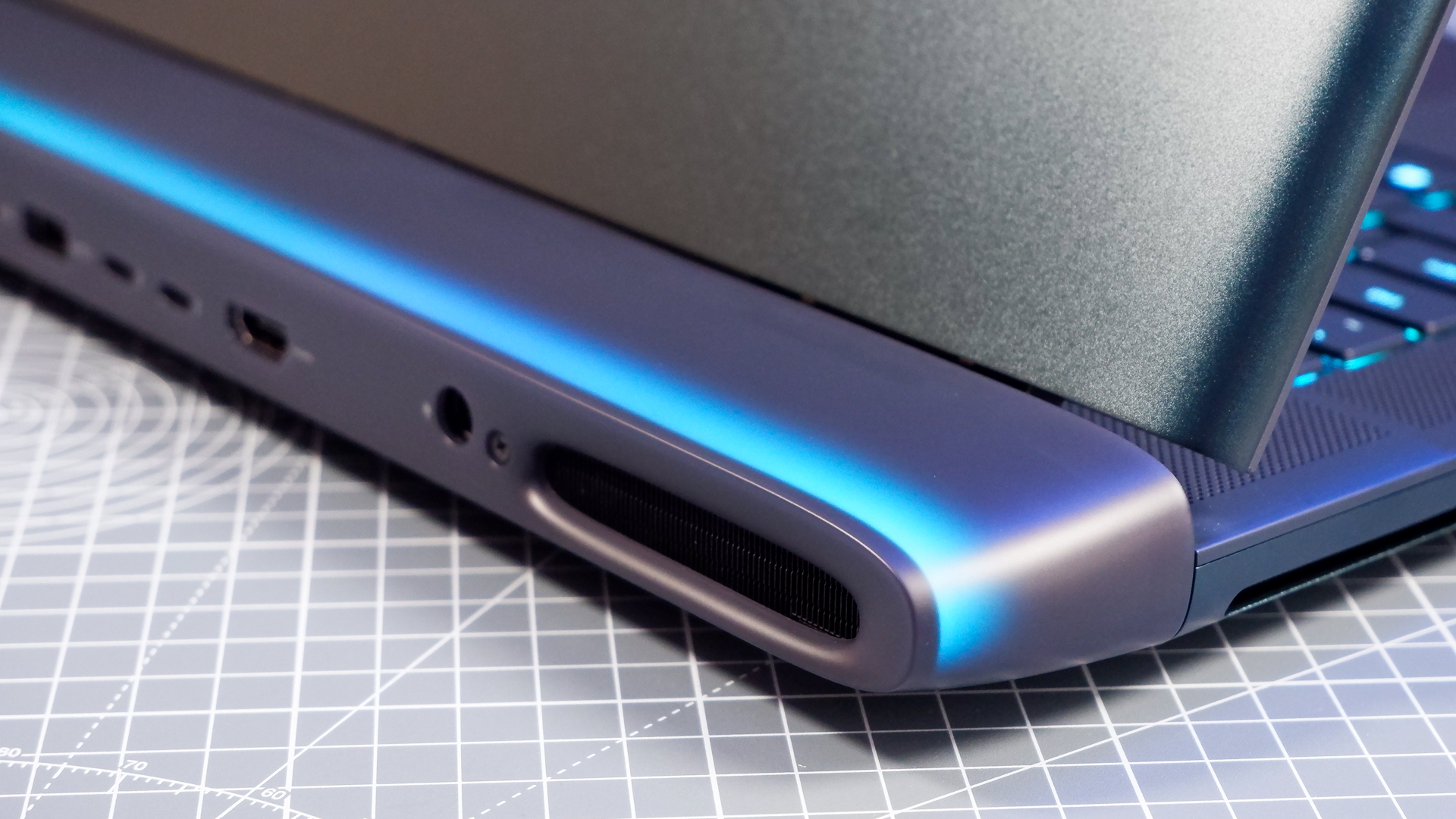
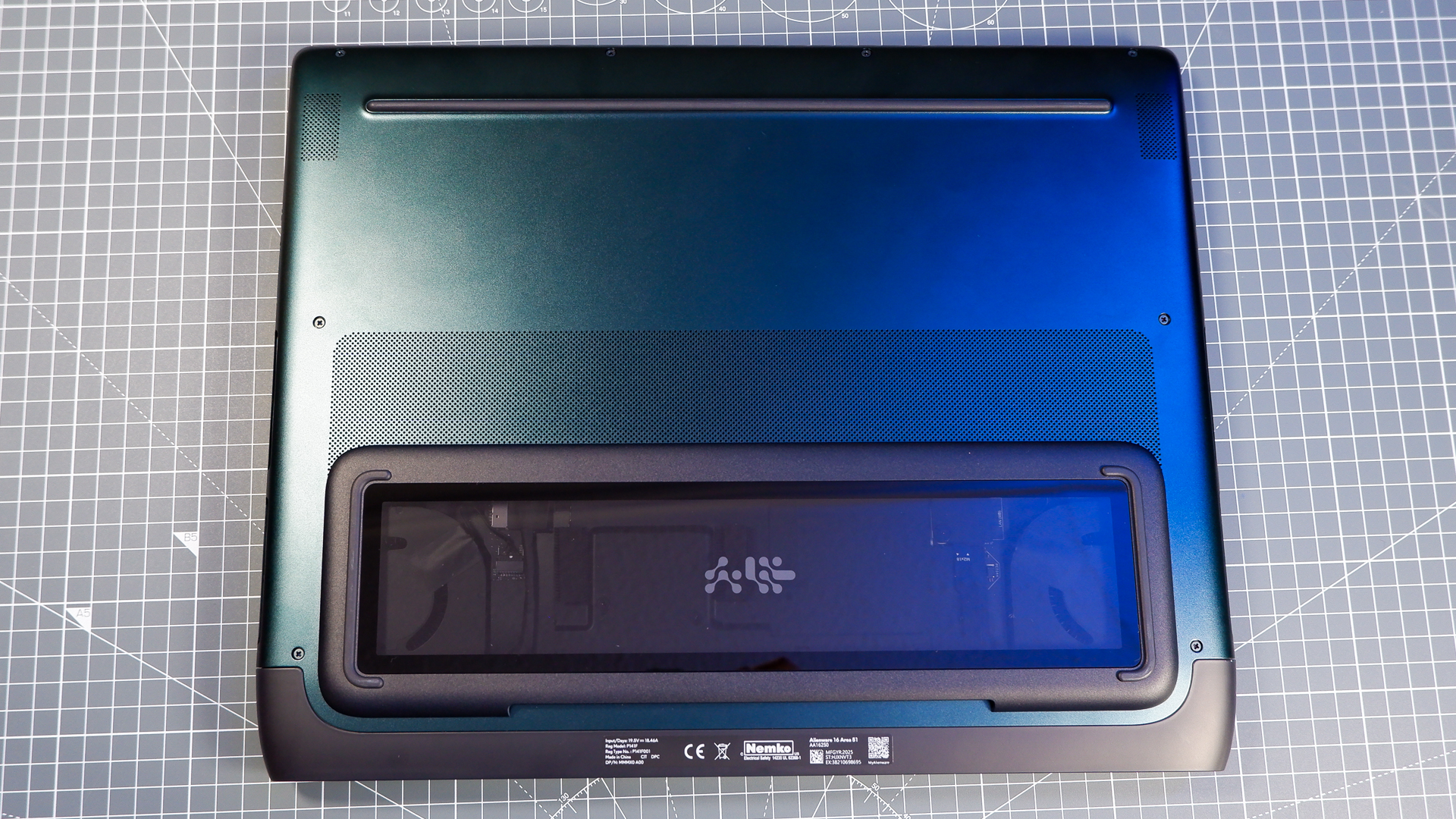
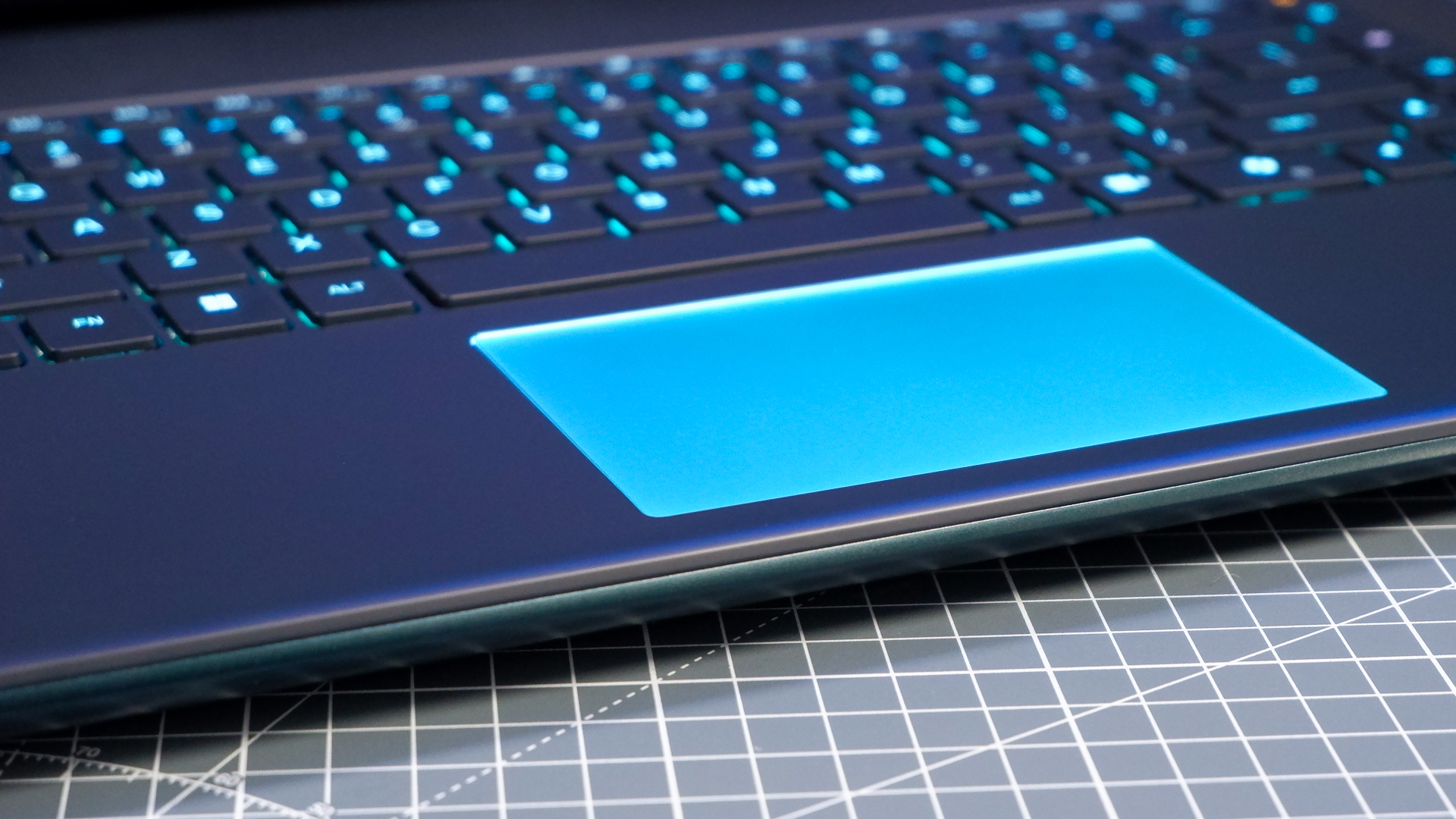
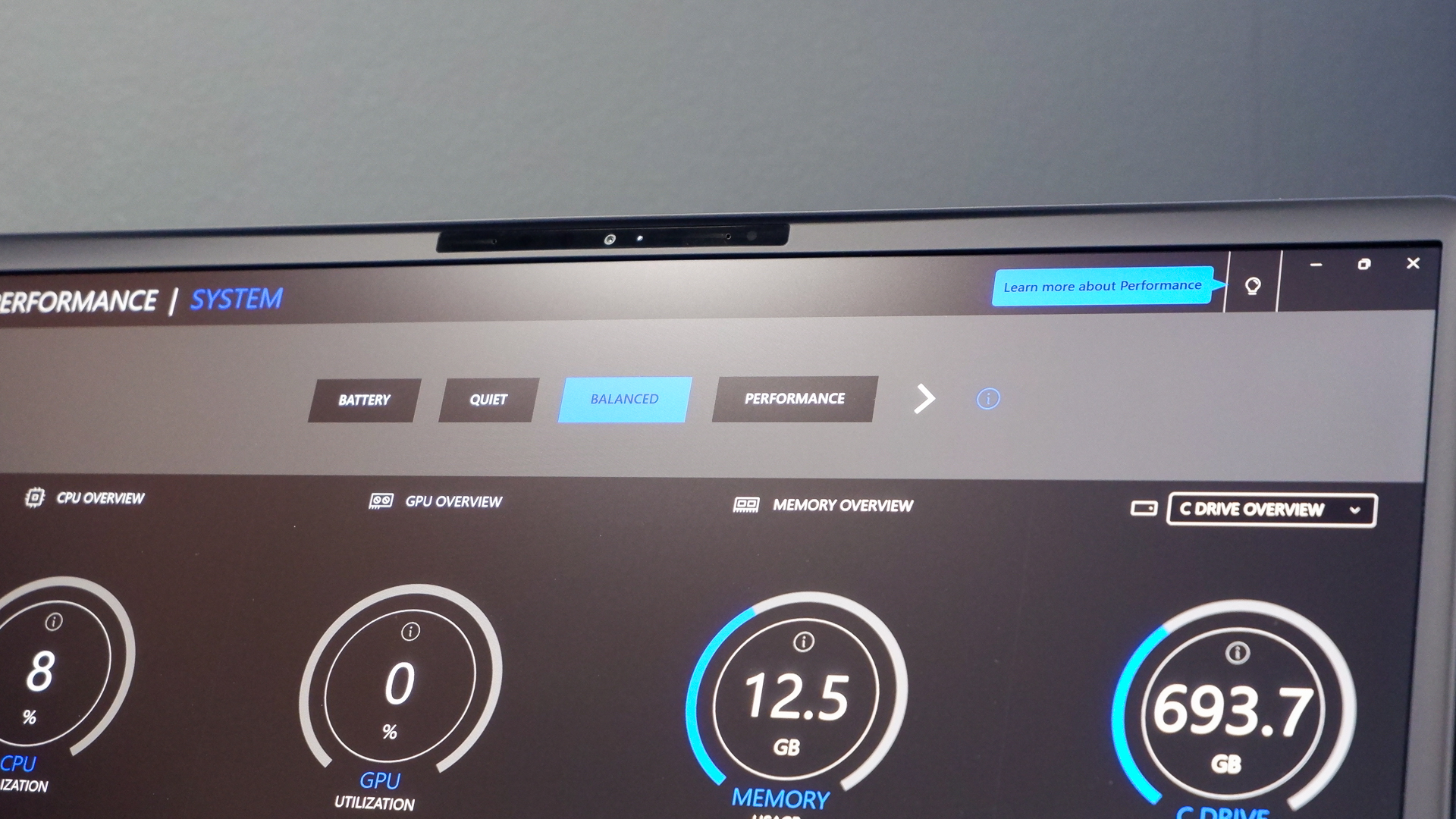
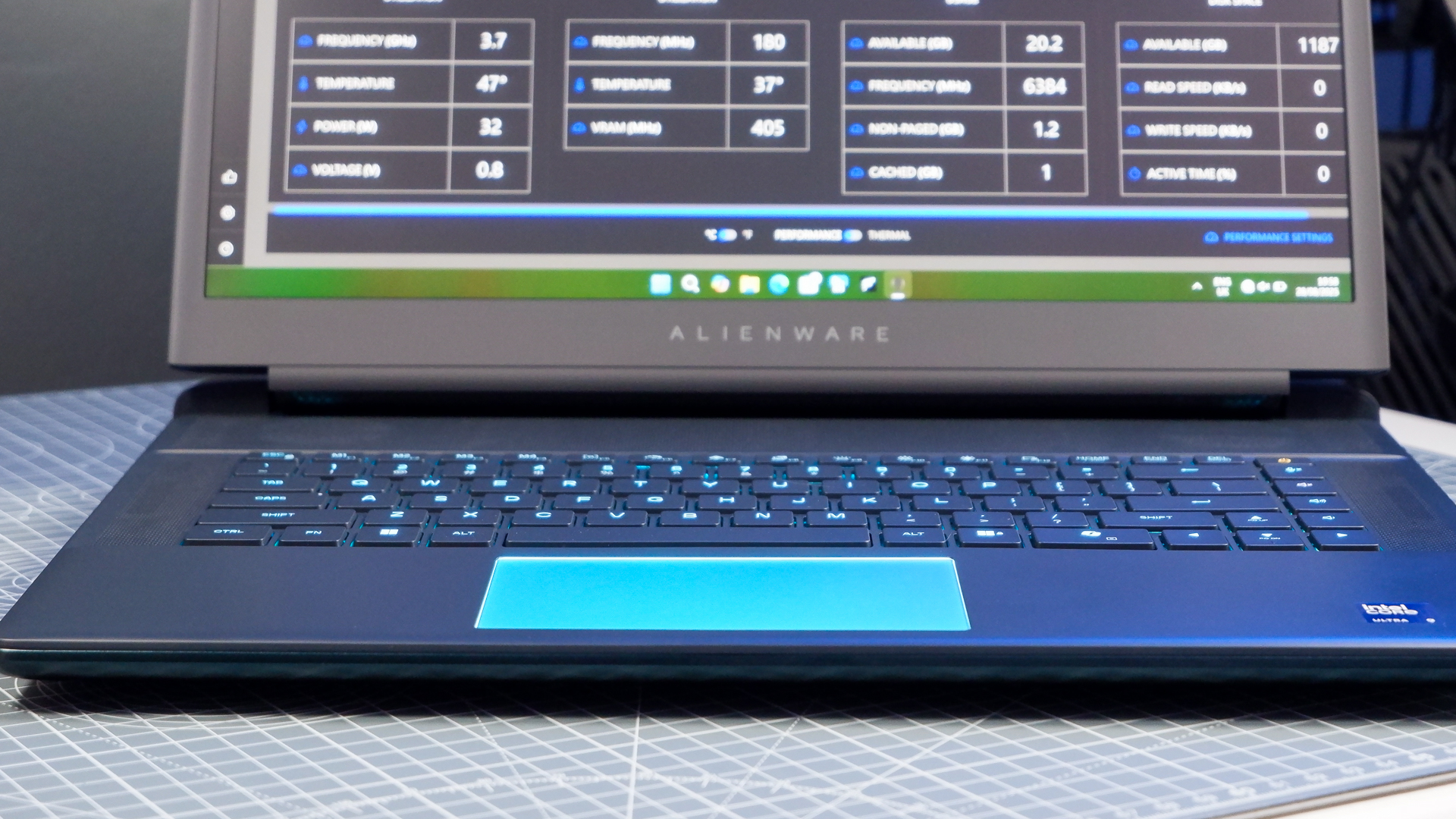
Specifications
Reasons to buy
Reasons to avoid
Jacob's verdict: 80%
"The Alienware 16 Area-51 is a great pick for someone looking to game primarily on a laptop and still have some semblance of portability. It lacks an OLED panel, which is its biggest miss, and performance is a touch slower than some we've seen. But it more than makes up for these with a price tag lower than others offering the same level of quality."
Read our full Alienware 16 Area-51 review.
Chonker
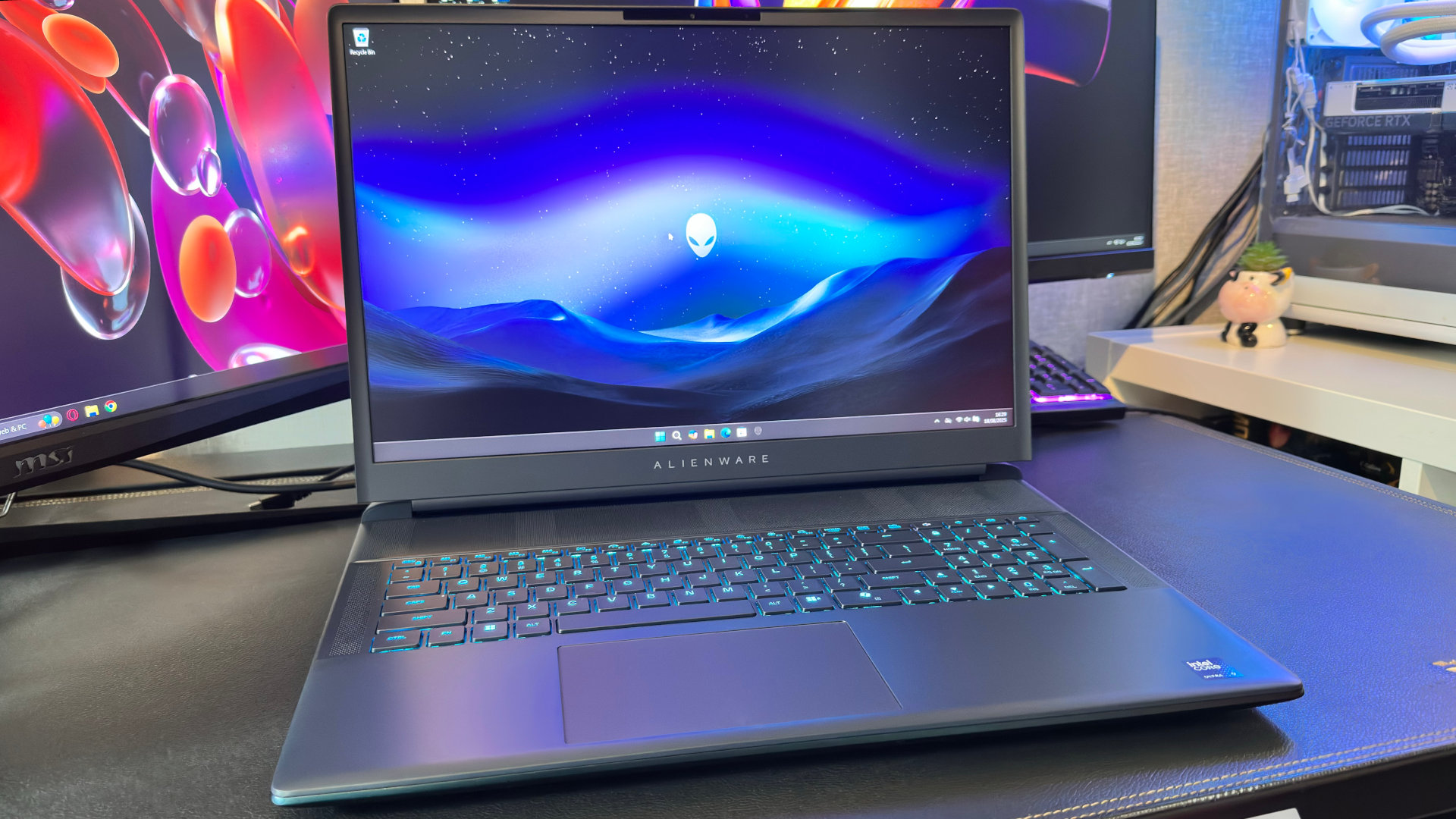
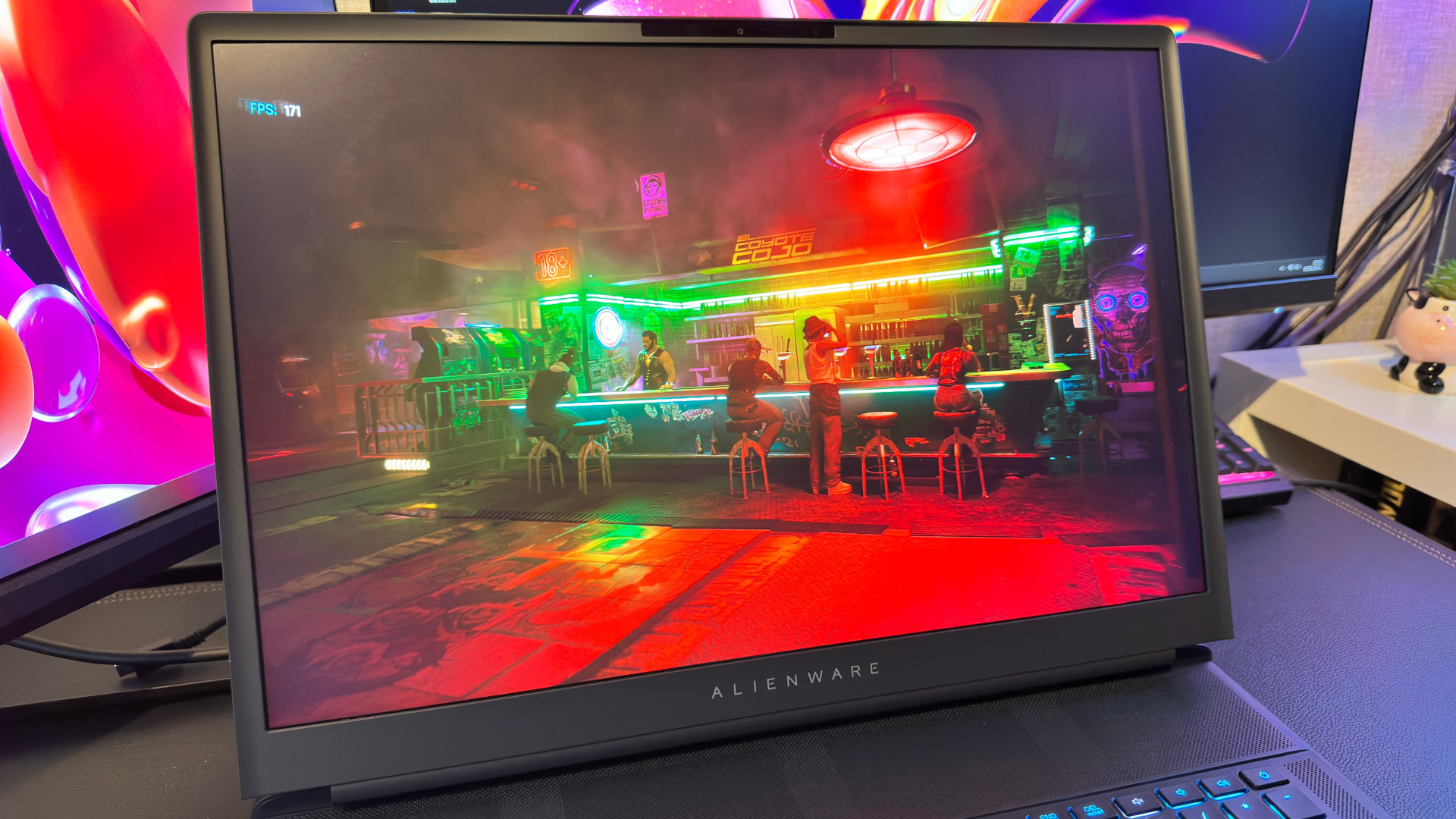
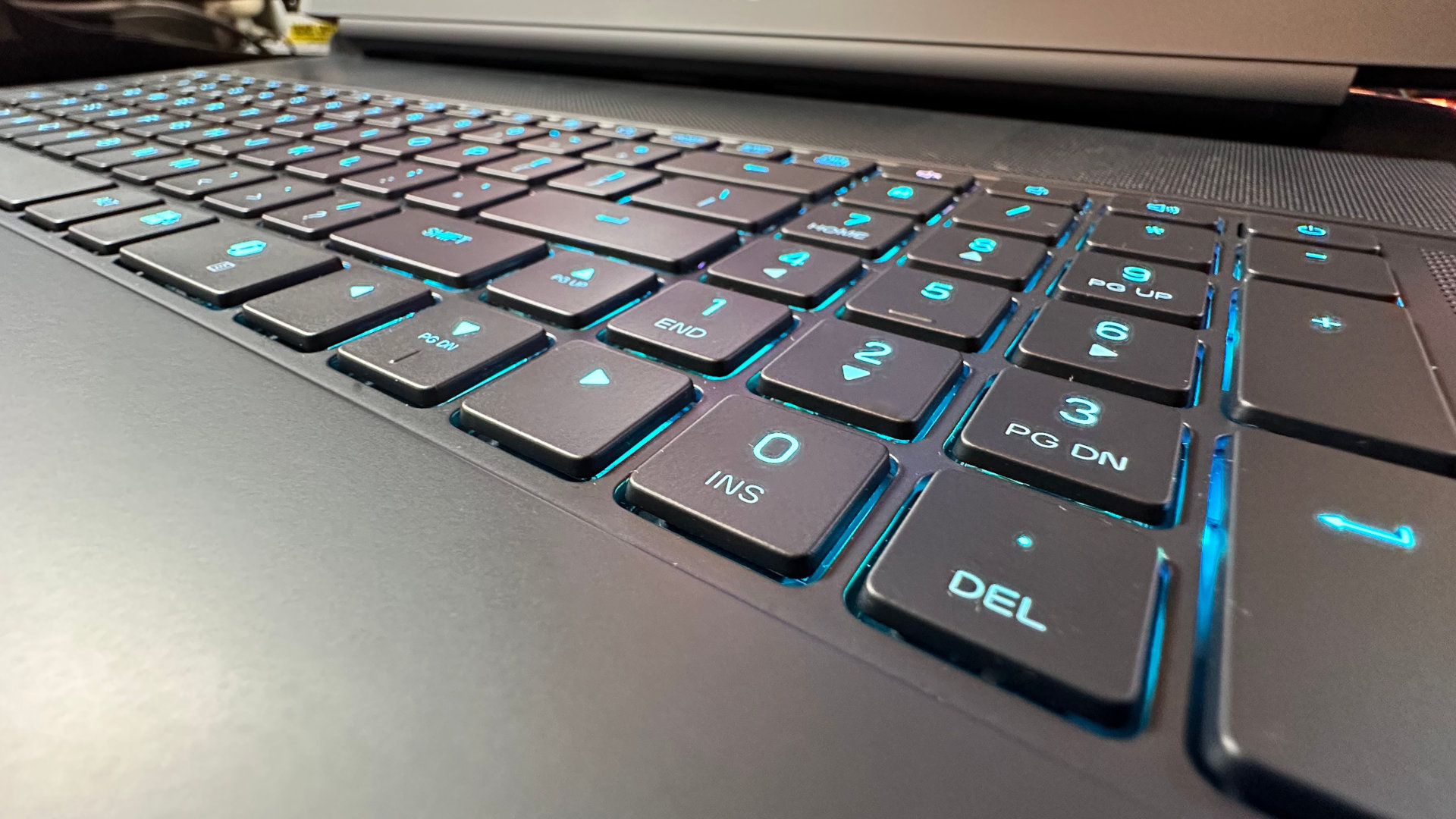
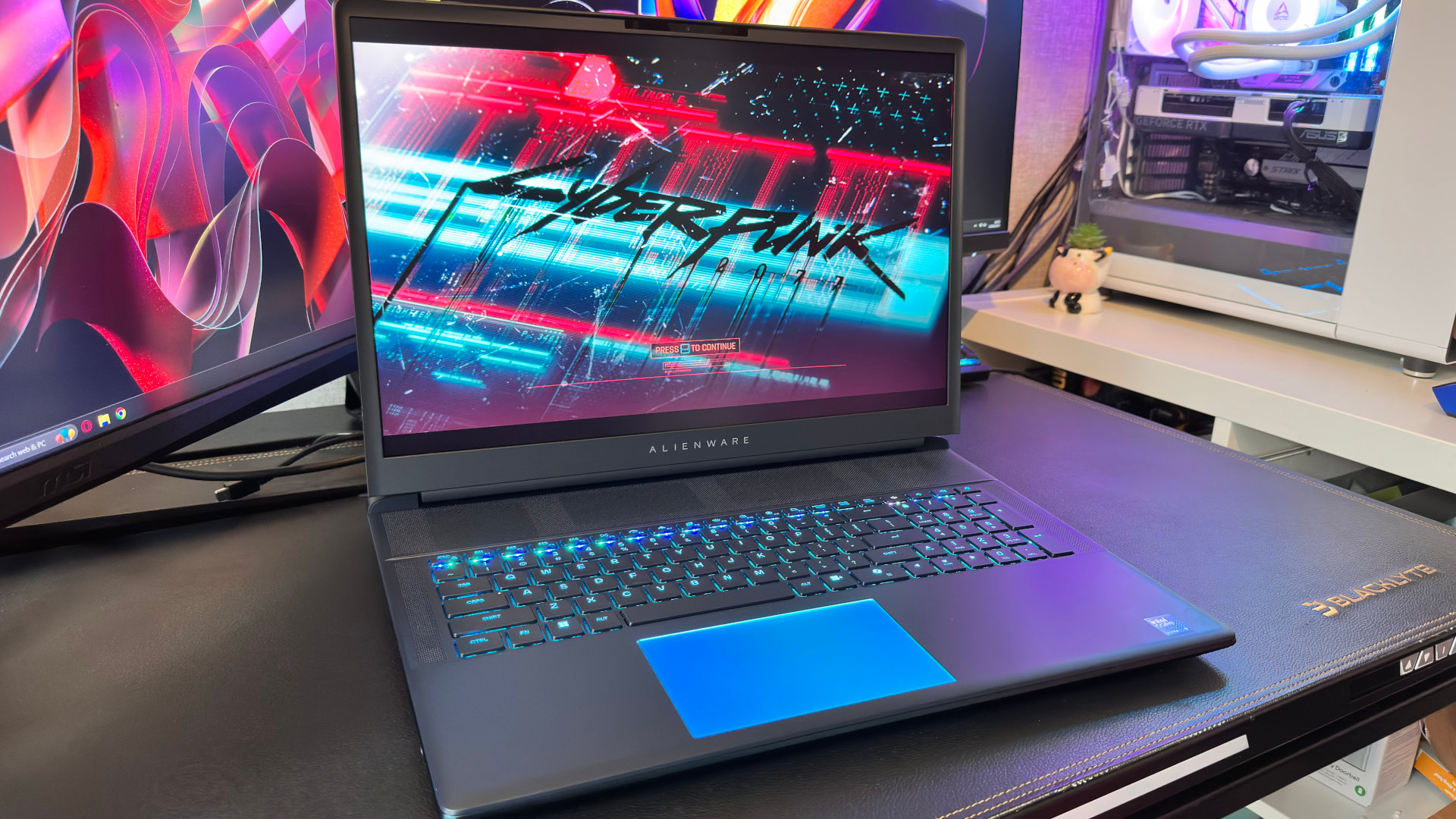
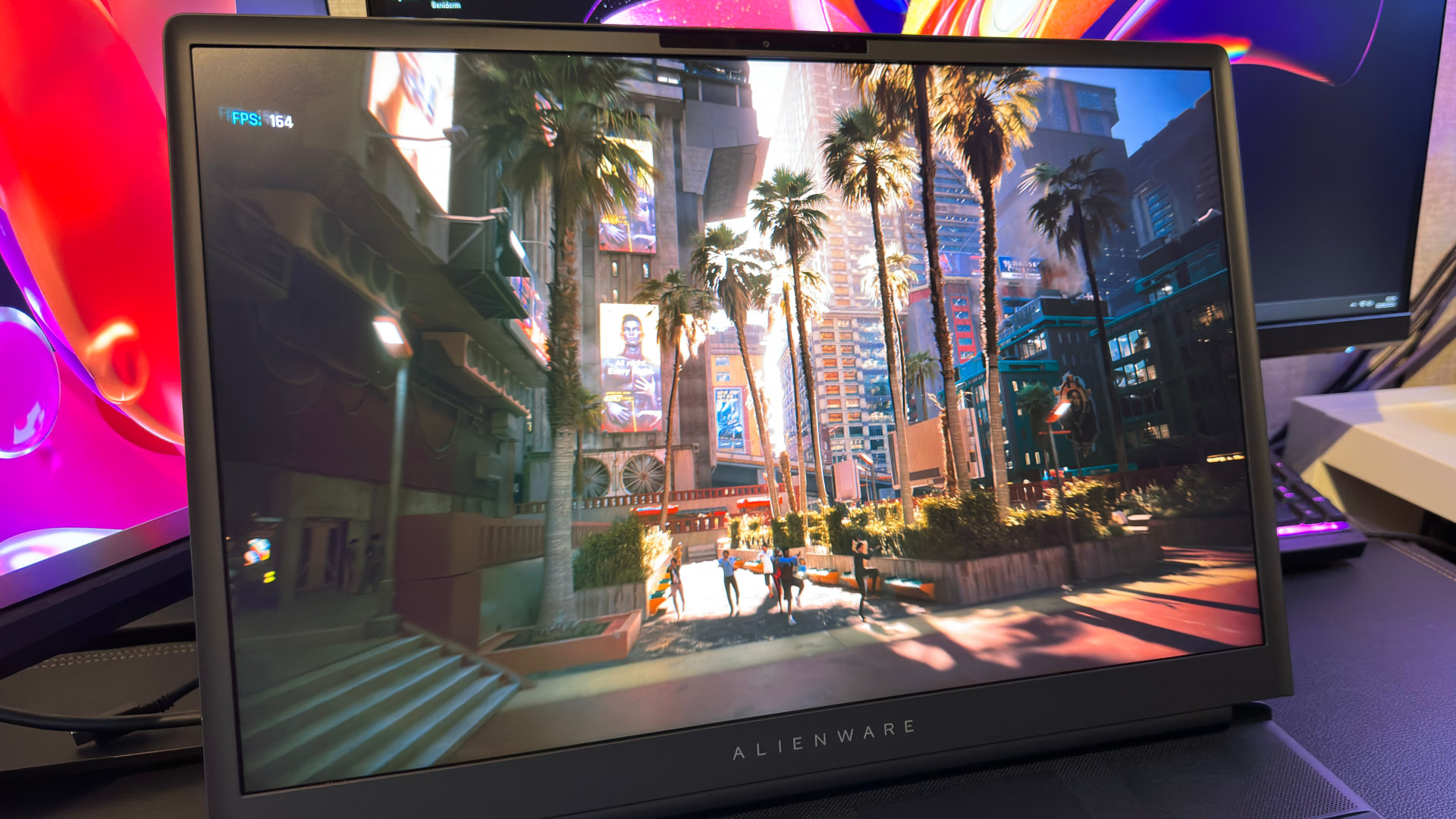
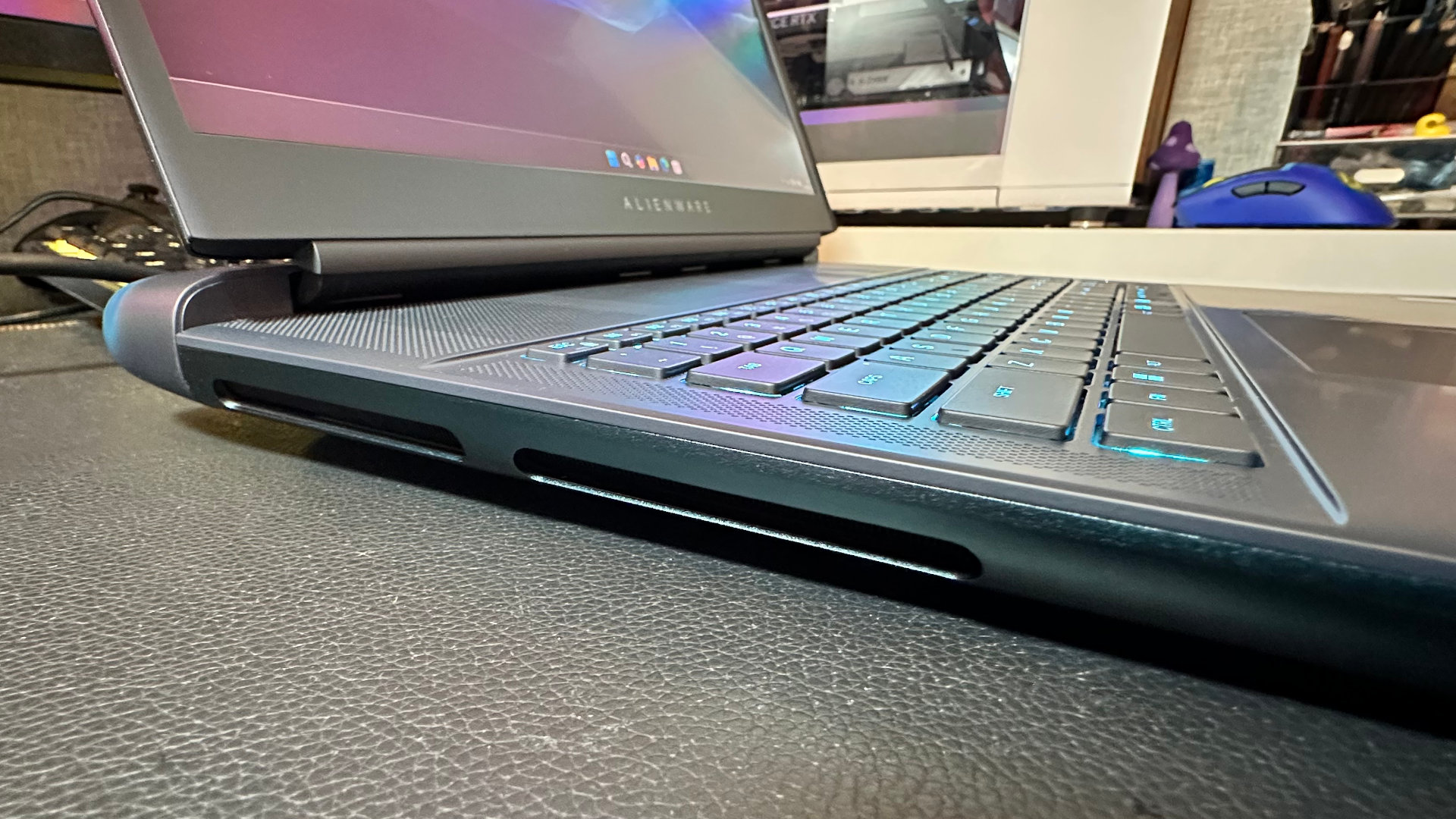
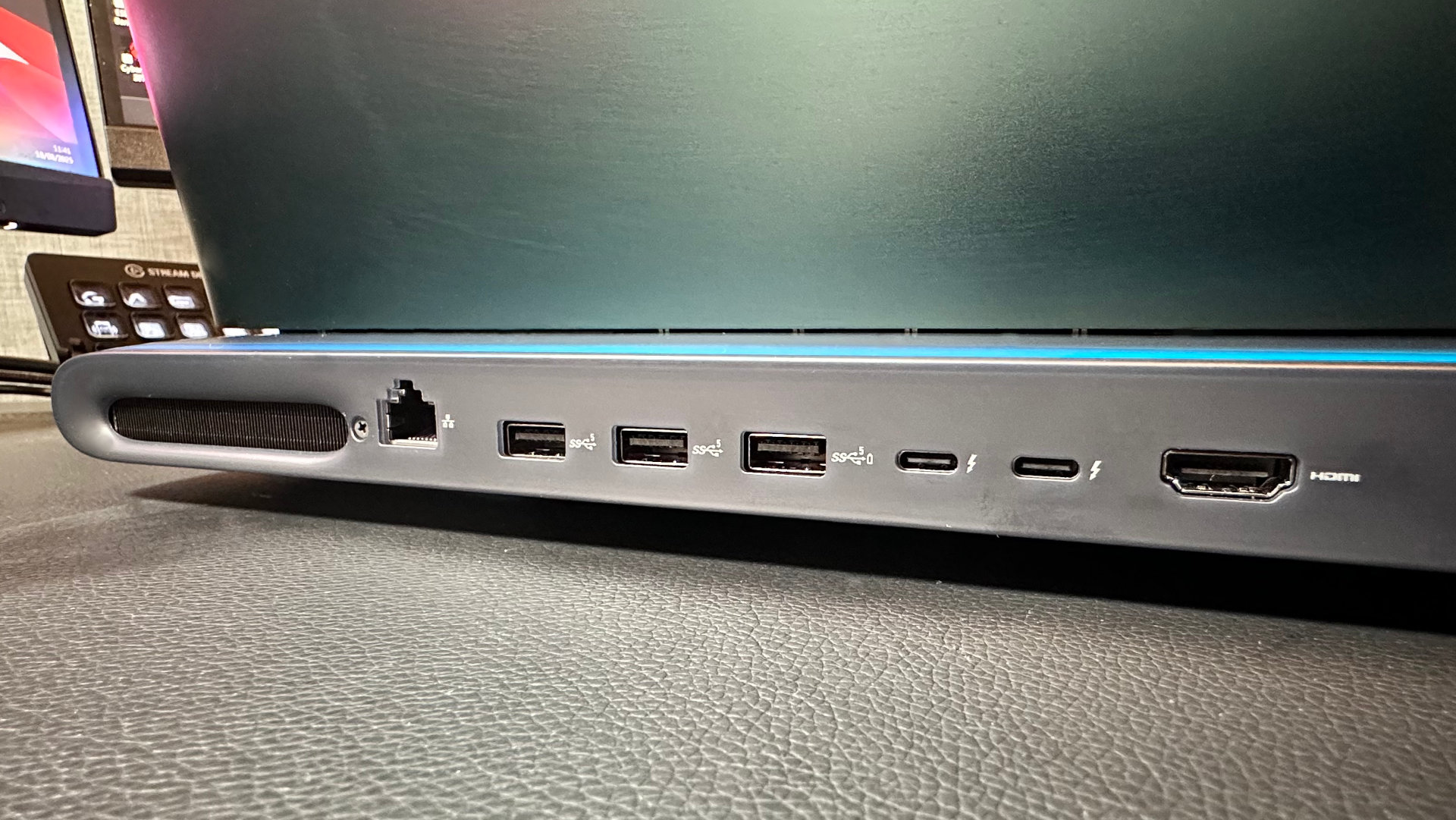
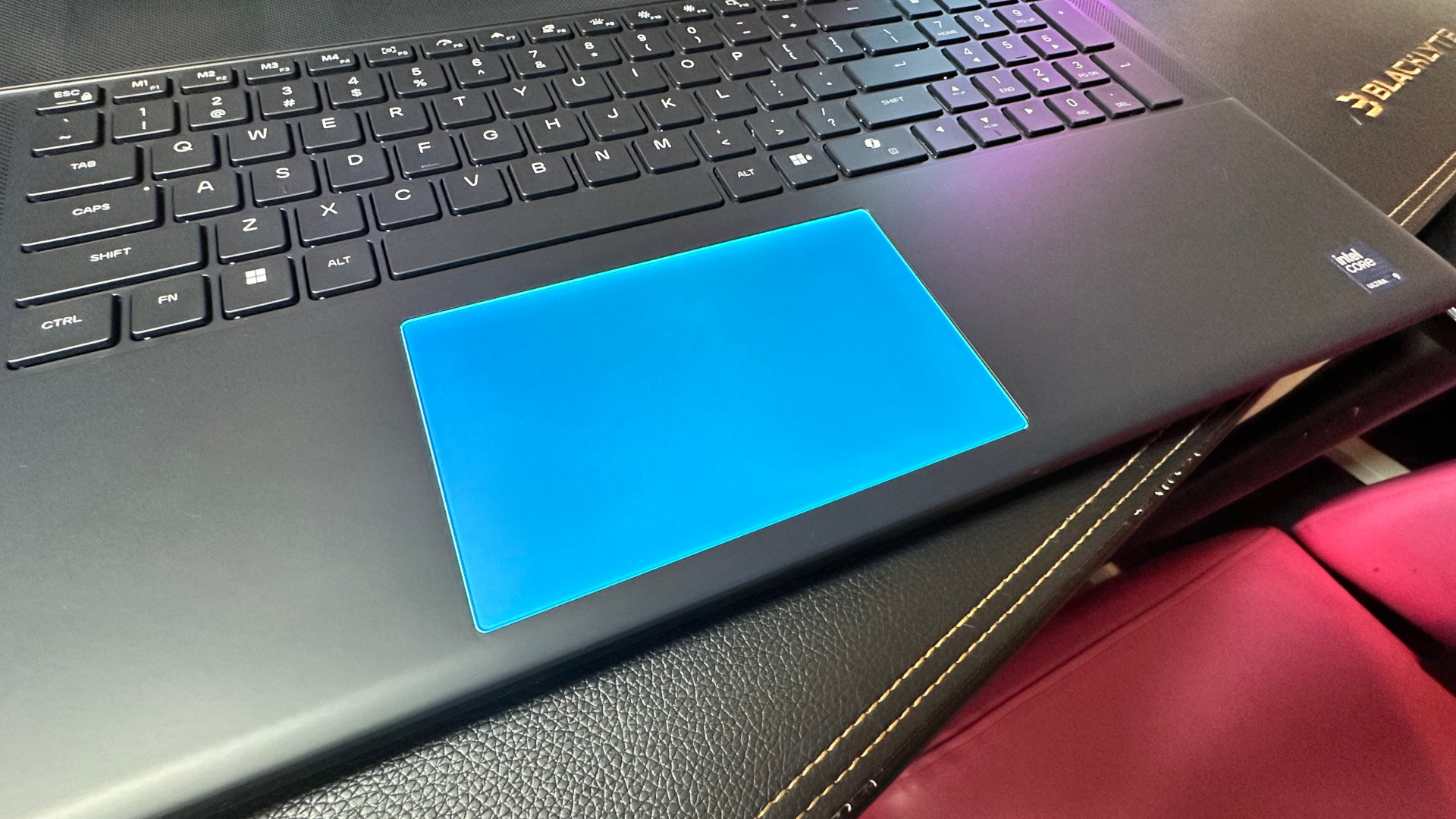
Specifications
Reasons to buy
Reasons to avoid
Nick's verdict: 80%
"With such a high price tag, you'd expect Alienware to pack this laptop with all the best goodies. For the most part, it has, and the performance and general experience are great. But the screen is disappointing, the unplugged performance isn't great, and the keyboard feels cheap. At least this gives Dell plenty of scope to make next year's version better."
Read the full Alienware 18 Area-51 review.
Our experts

Dave James has been working in the industry as a technology journalist, testing the latest and greatest (and sometimes the worst) PC gaming hardware for 20 years. And in that time he has tested probably in the region of 50 to 100 gaming laptops. He has written for a host of different PC technology titles since switching discipline from games journalism to technology, including PC Format, What Laptop, Techradar, PC Answers, PC Plus, and PCGamesN. He also formulated the current gaming laptop testing methodology used on PC Gamer.

Jacob earned his first byline writing for his own tech blog, before graduating into breaking things professionally at PCGamesN. Now he's managing editor of the hardware team at PC Gamer, and you'll usually find him testing the latest components or building a gaming PC.

Nick Evanson's encyclopaedic knowledge of computing and computing hardware has made him a mainstay of PC Gamer's hardware testing since he joined the company two years ago. He has tested a host of modern RTX 40- and 50-series gaming laptops, from budget machines to beefy 18-inch Alienware machines. He has lectured and taught computer science and engineering and has been writing about hardware for 30+ years, and also ran the gaming outlet of Futuremark, the makers of industry standard benchmarking software, 3DMark and PCMark.

Ian Evenden has been doing this for far too long and should know better. The first issue of PC Gamer he read was probably issue 15, though it's a bit hazy, and there's nothing he doesn't know about tweaking interrupt requests for running Syndicate. He's worked for PC Format, Maximum PC, Edge, Creative Bloq, Gamesmaster, and anyone who'll have him. In his spare time he grows vegetables of prodigious size.

After graduating from the University of Derby in 2014, Zak joined the PC Format and Maximum PC team as its resident staff writer. Specializing in PC building, and all forms of hardware and componentry, he soon worked his way up to editor-in-chief, leading the publication through the covid dark times. Since then, he’s dabbled in PR, working for Corsair for a while as its UK PR specialist, before returning to the fold as a tech journalist once again.
He now operates as a freelance tech editor, writing for all manner of publications, including PC Gamer, Maximum PC, Techradar, Gamesradar, PCGamesN, and Trusted Reviews as well. If there’s something happening in the tech industry it’s highly likely Zak has a strong opinion on it.
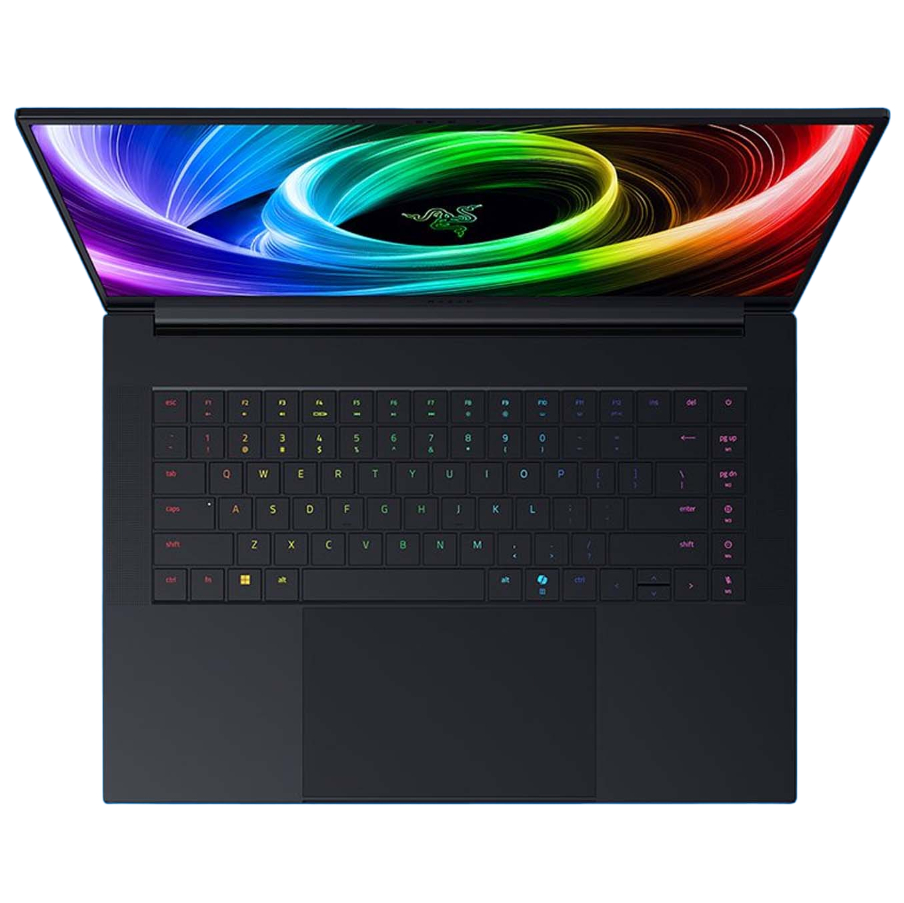
1. Best overall:
Razer Blade 16 (2025)
2. Best budget:
Lenovo LOQ 15 Gen 10
3. Best 14-inch:
Razer Blade 14 (2025)
4. Best mid-range:
MSI Vector 16 HX AI
5. Best high-performance:
Lenovo Legion Pro 7i Gen 10
6. Best 18-inch:
Alienware 18 Area-51
Keep up to date with the most important stories and the best deals, as picked by the PC Gamer team.

Dave has been gaming since the days of Zaxxon and Lady Bug on the Colecovision, and code books for the Commodore Vic 20 (Death Race 2000!). He built his first gaming PC at the tender age of 16, and finally finished bug-fixing the Cyrix-based system around a year later. When he dropped it out of the window. He first started writing for Official PlayStation Magazine and Xbox World many decades ago, then moved onto PC Format full-time, then PC Gamer, TechRadar, and T3 among others. Now he's back, writing about the nightmarish graphics card market, CPUs with more cores than sense, gaming laptops hotter than the sun, and SSDs more capacious than a Cybertruck.

